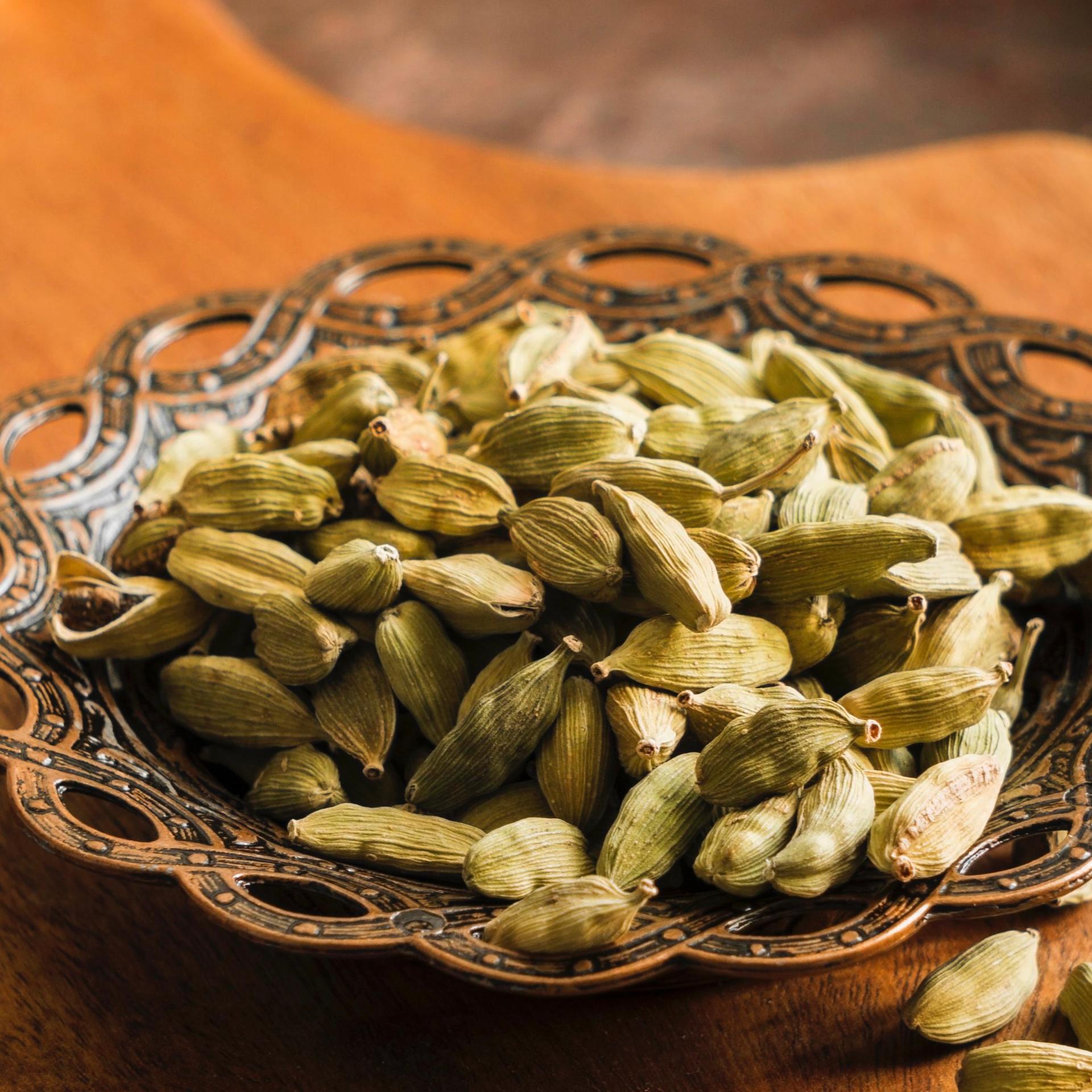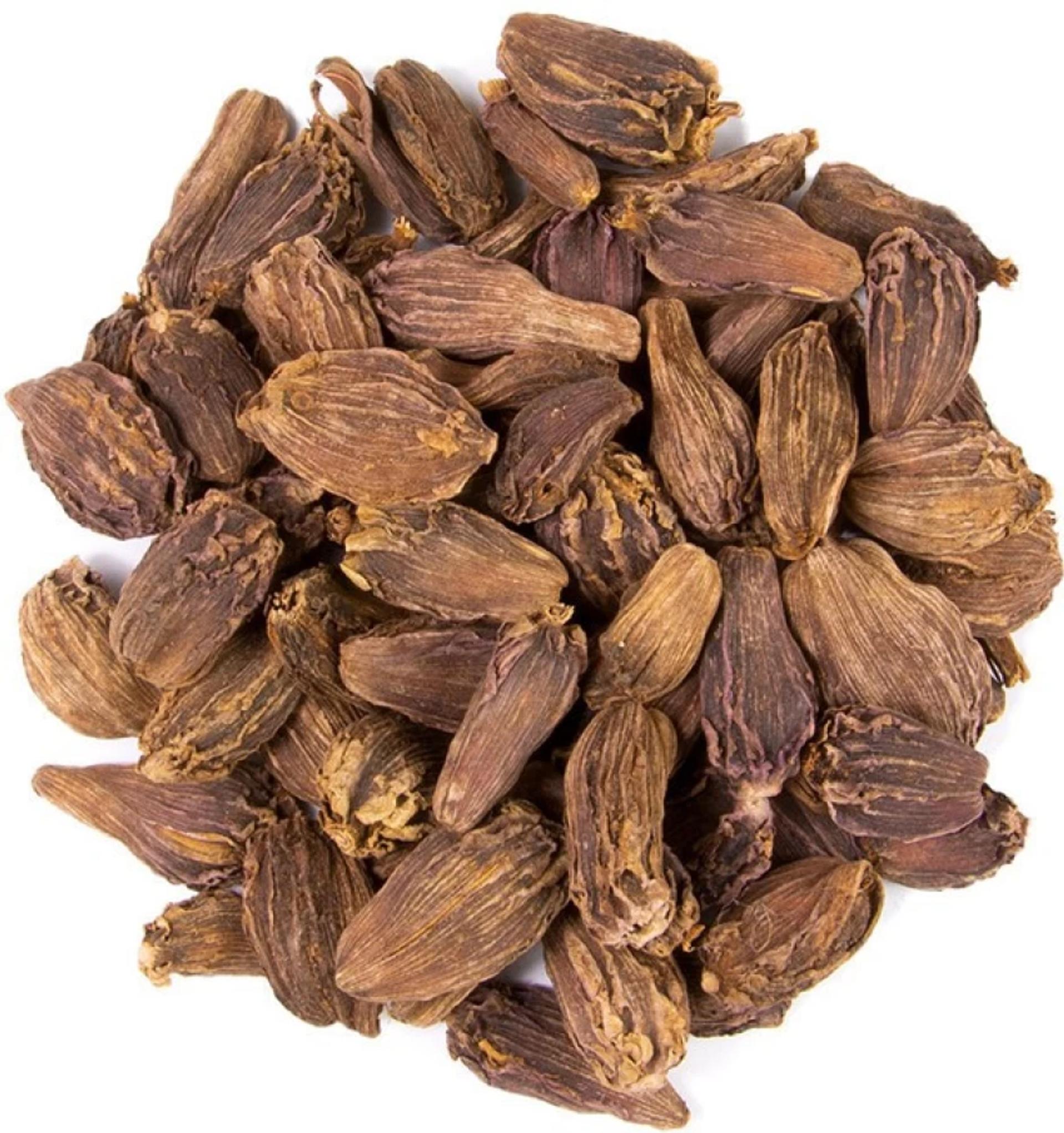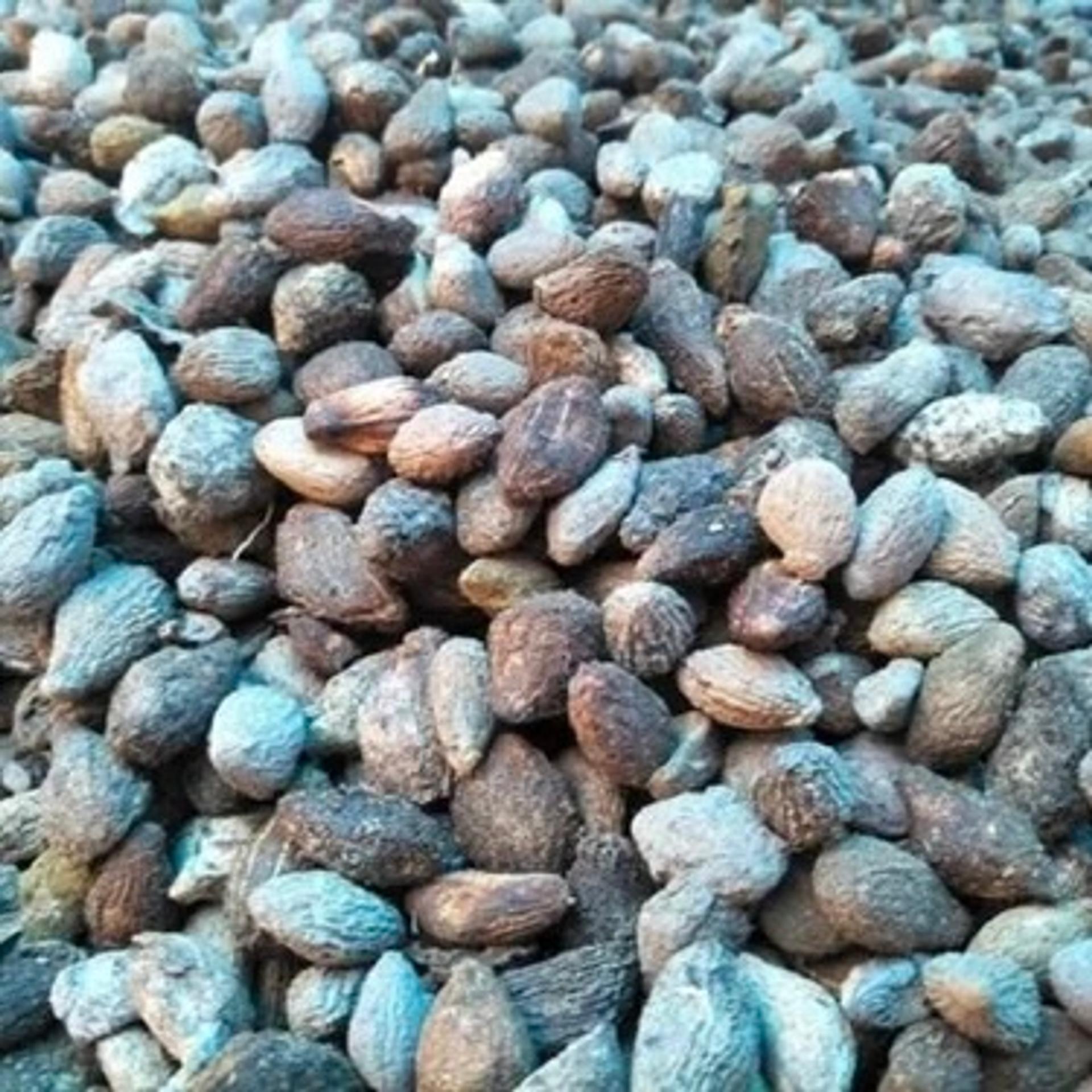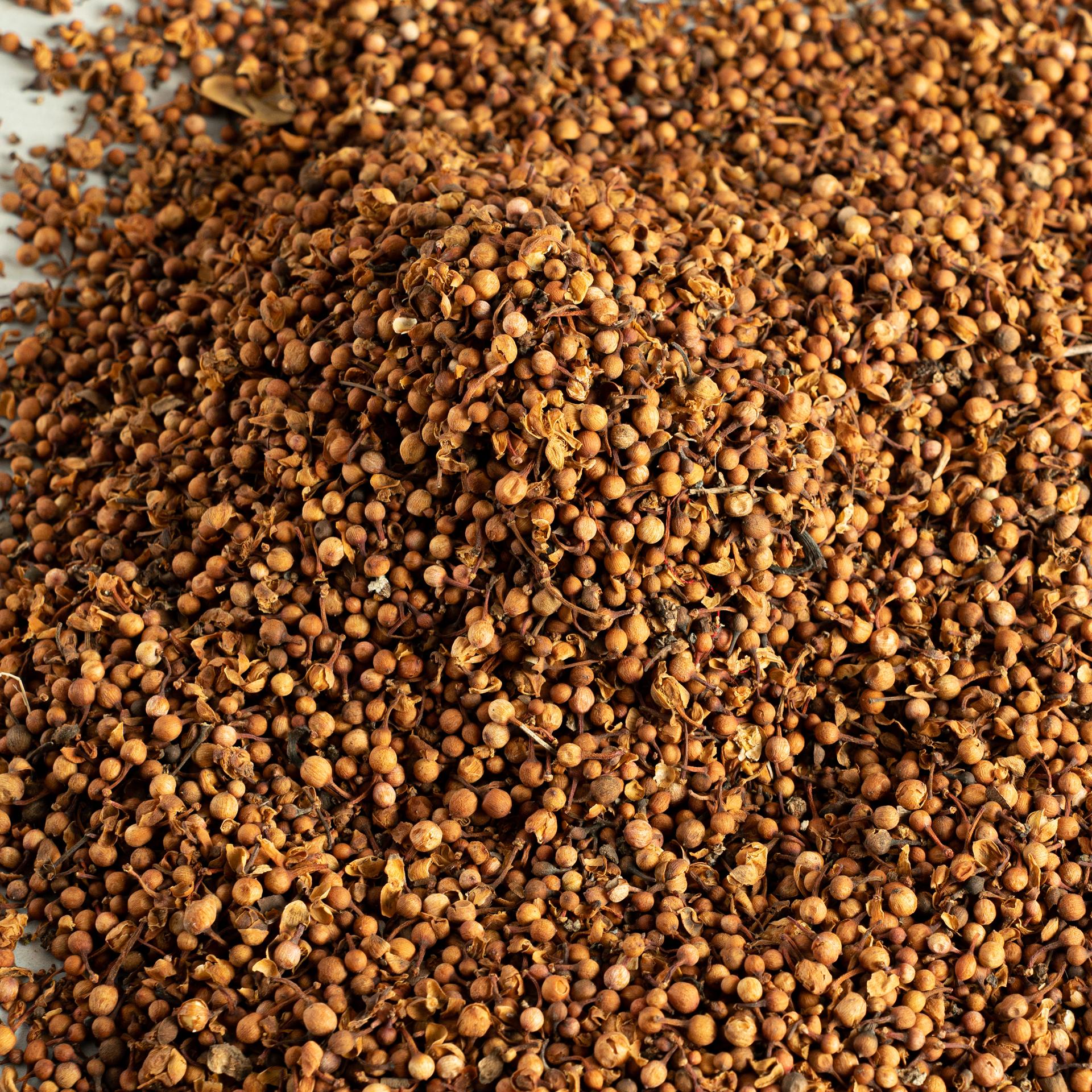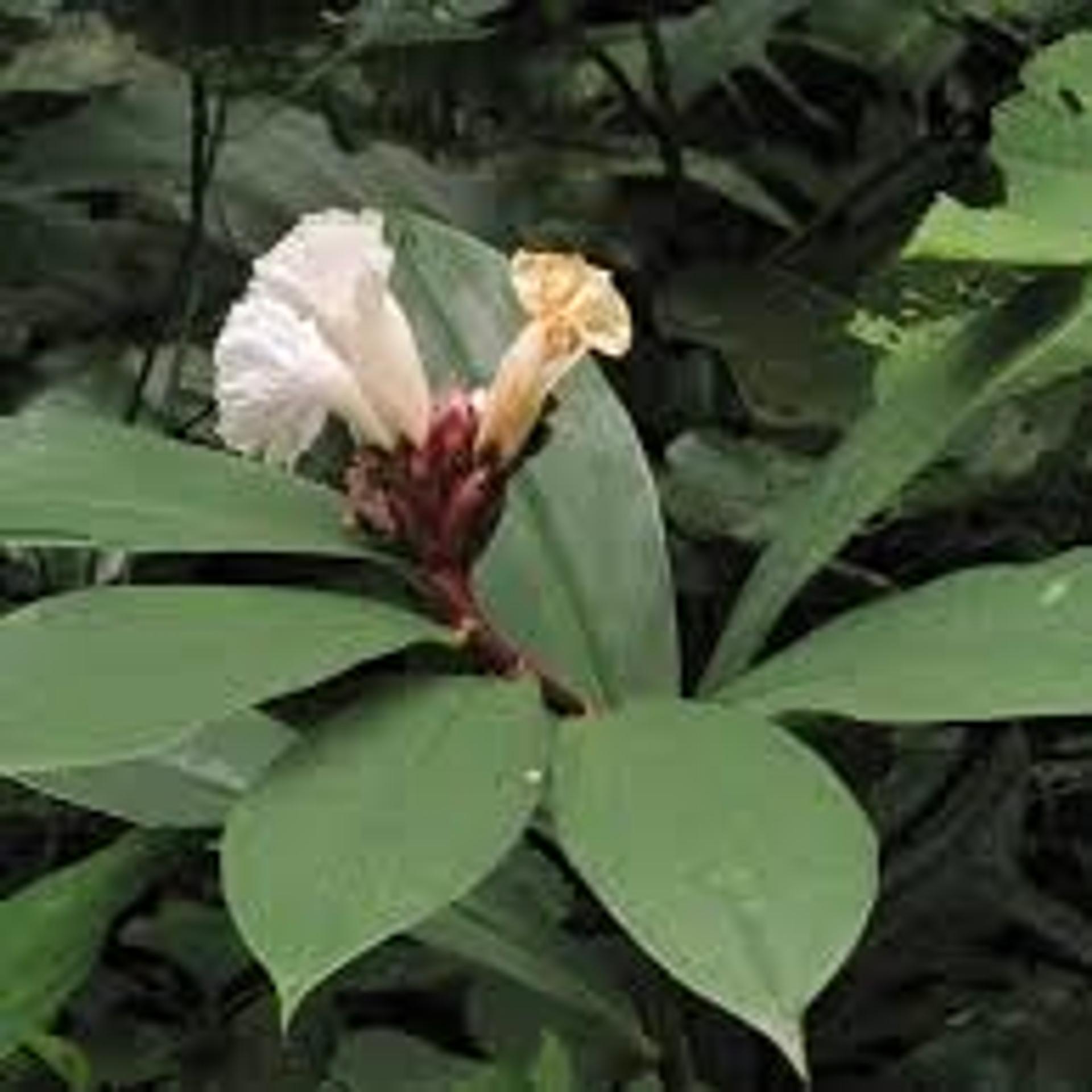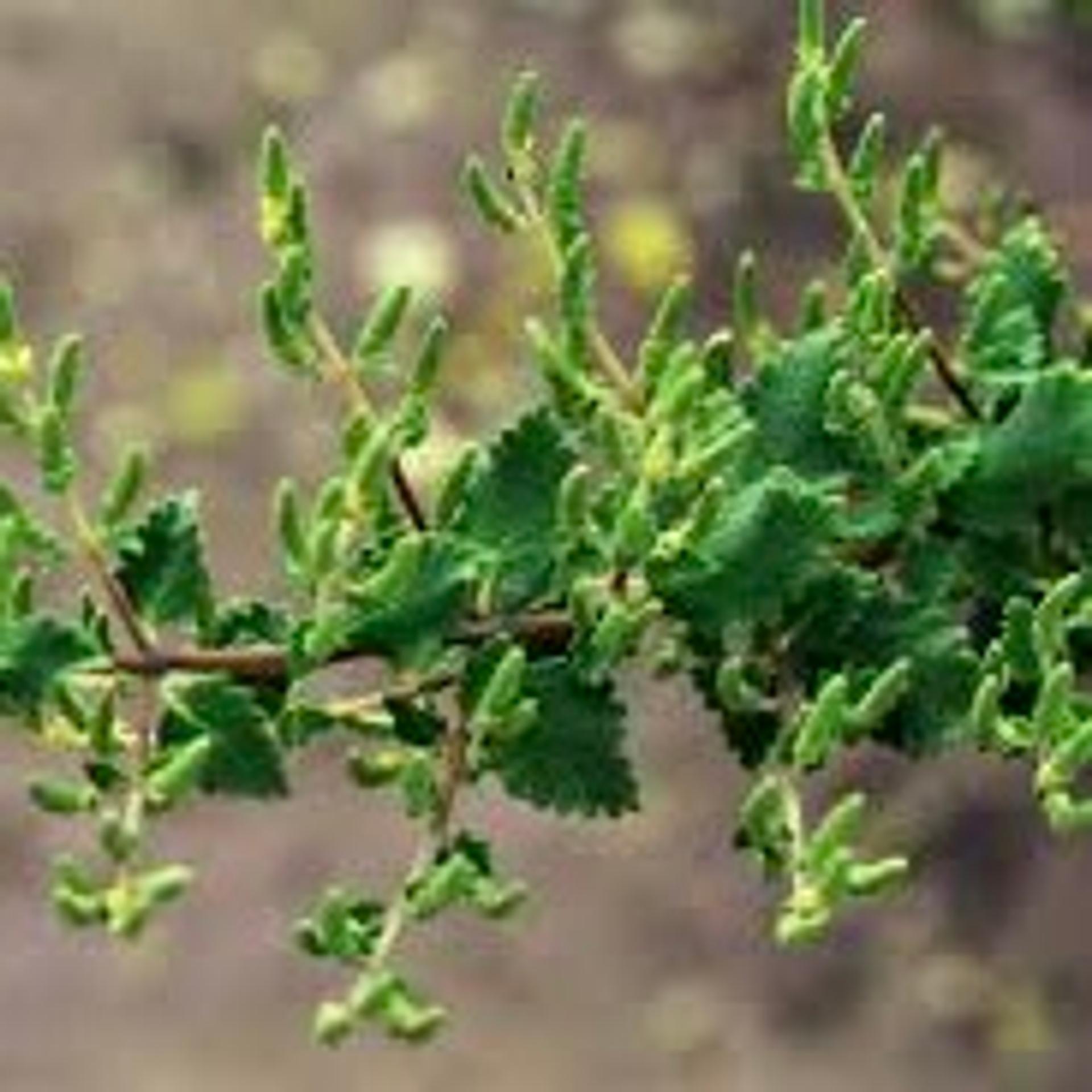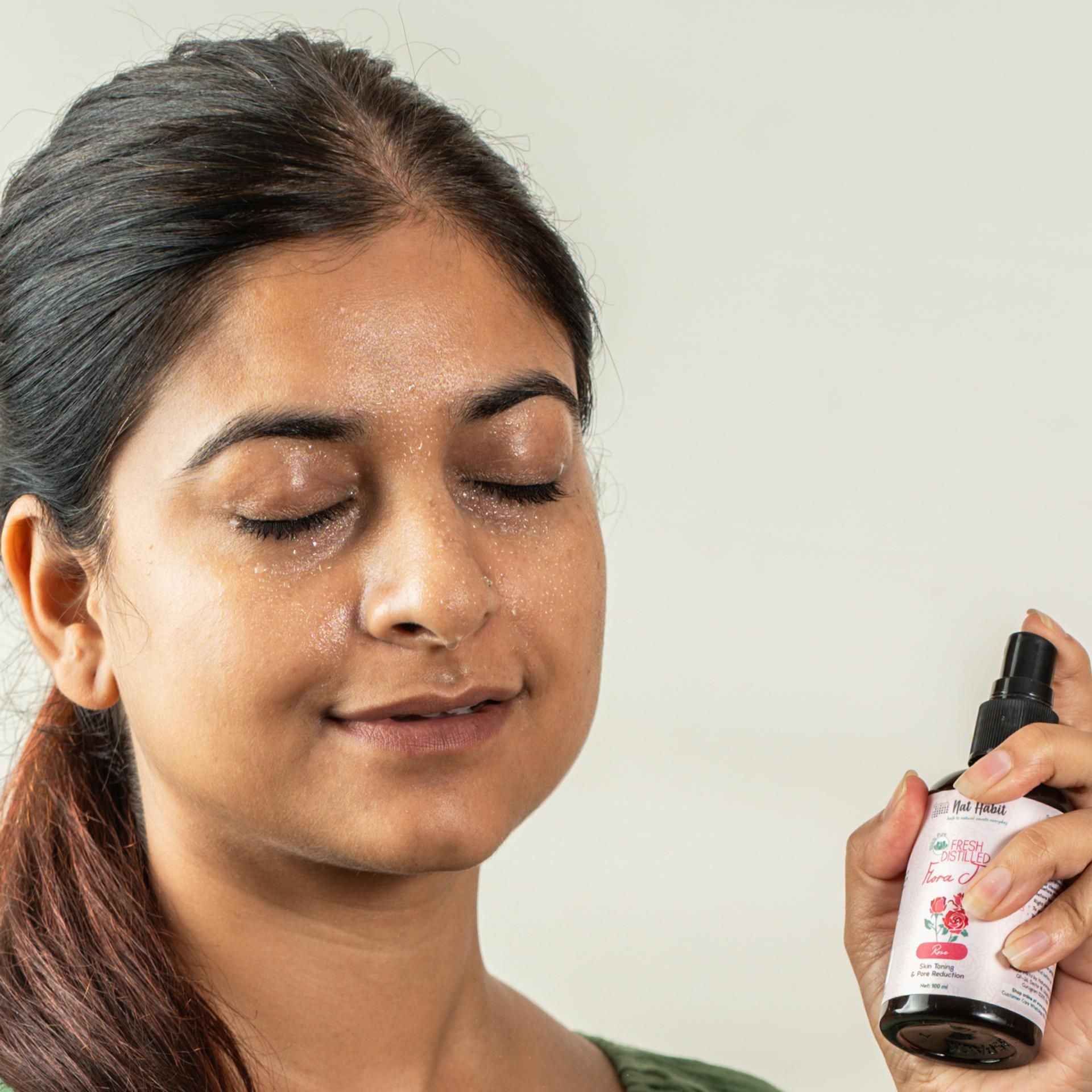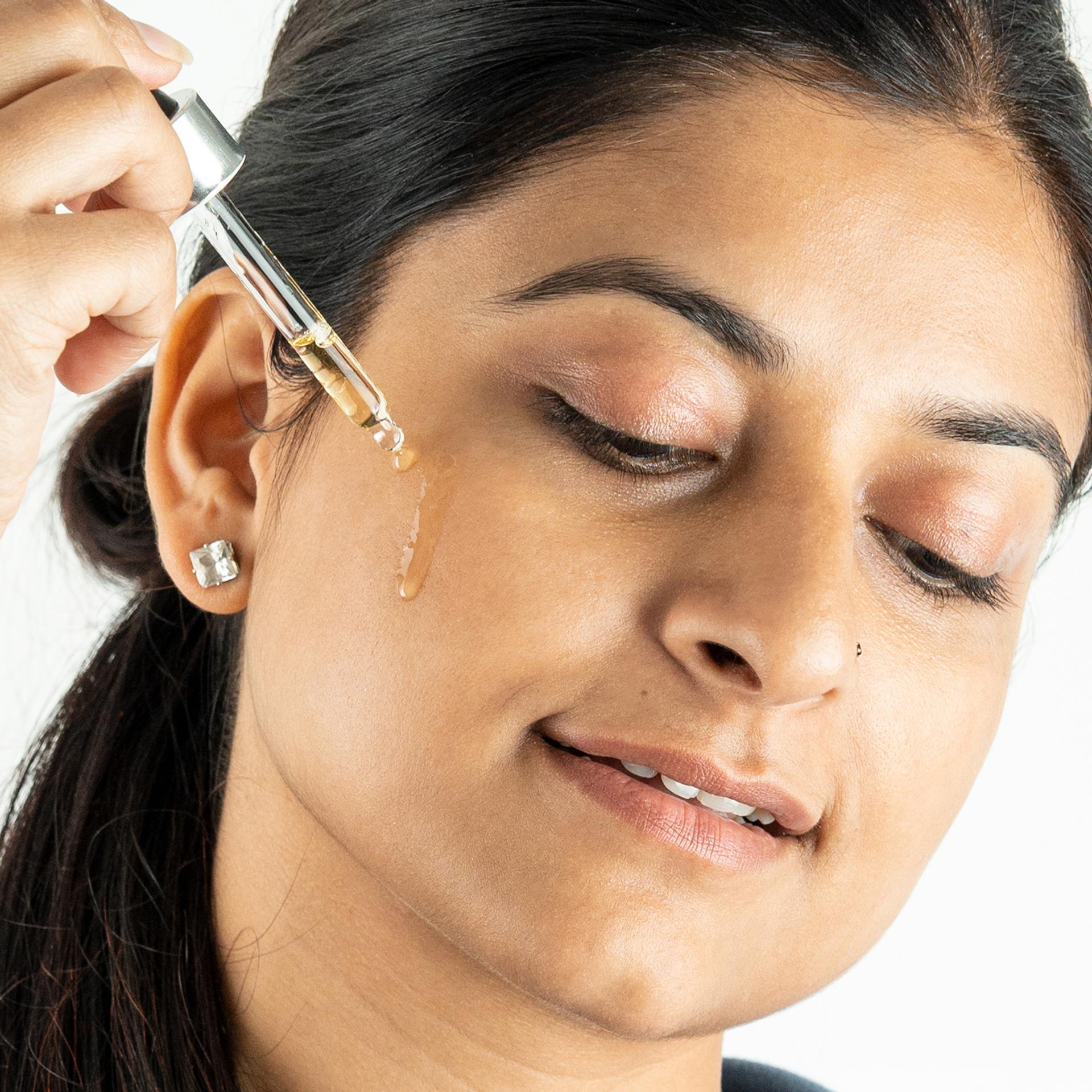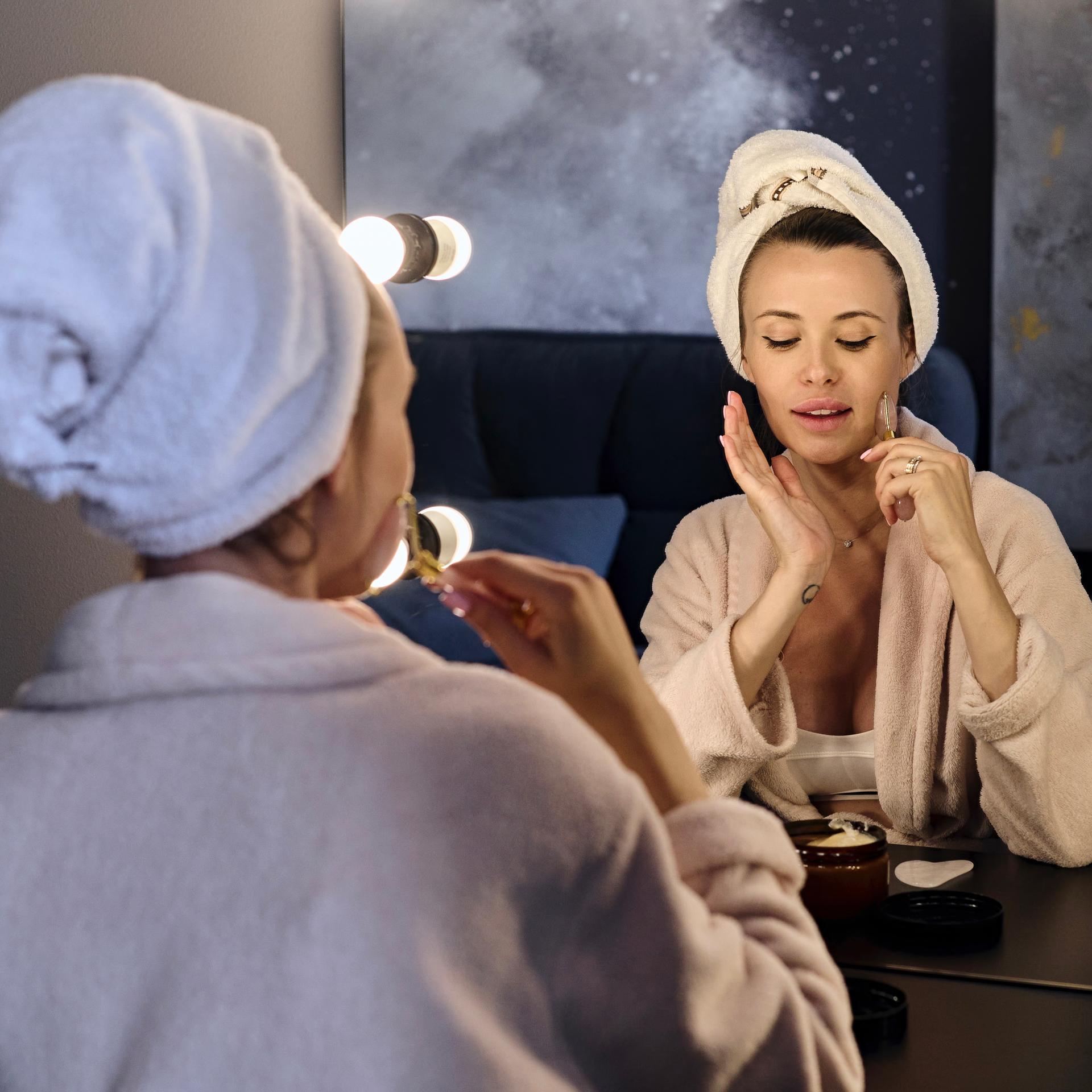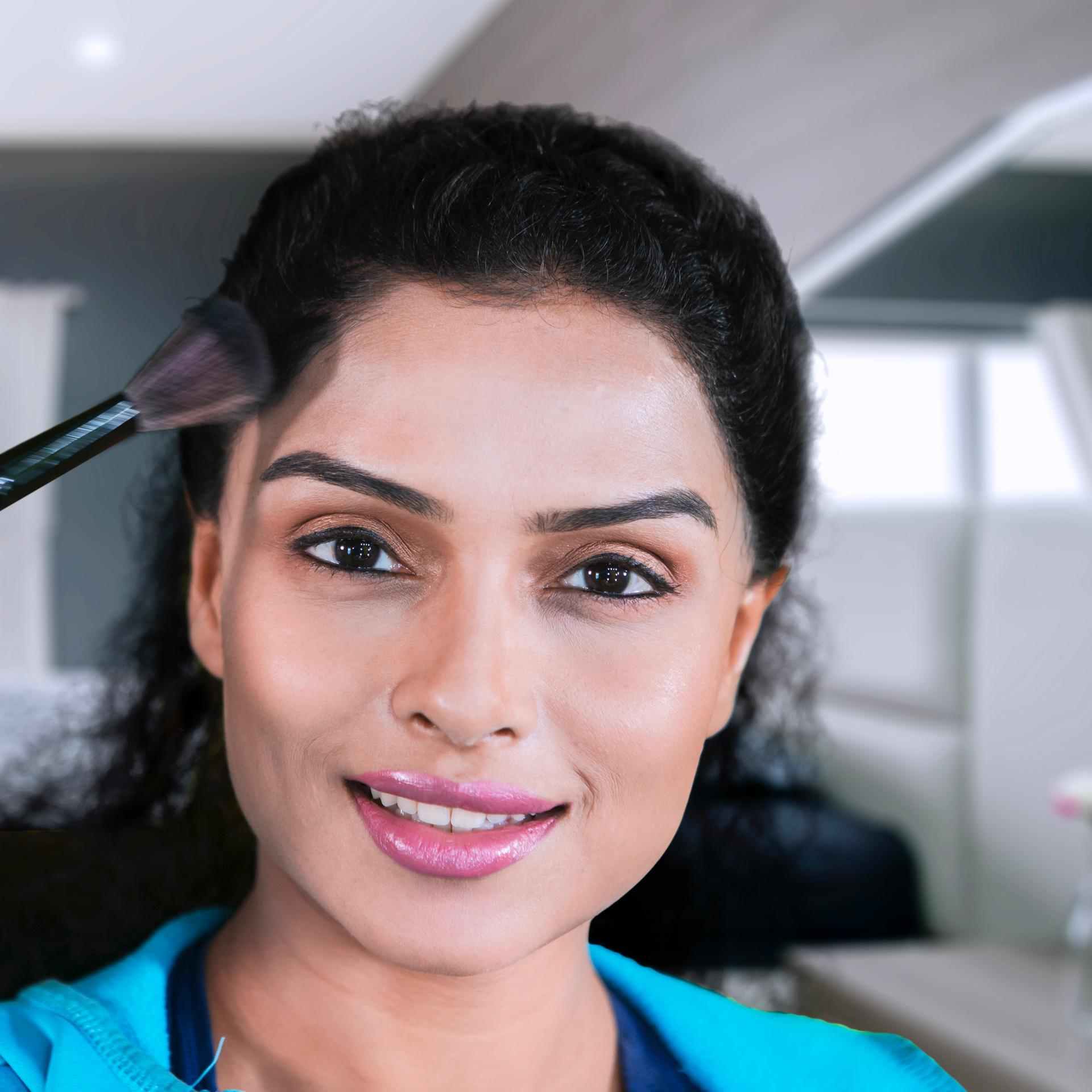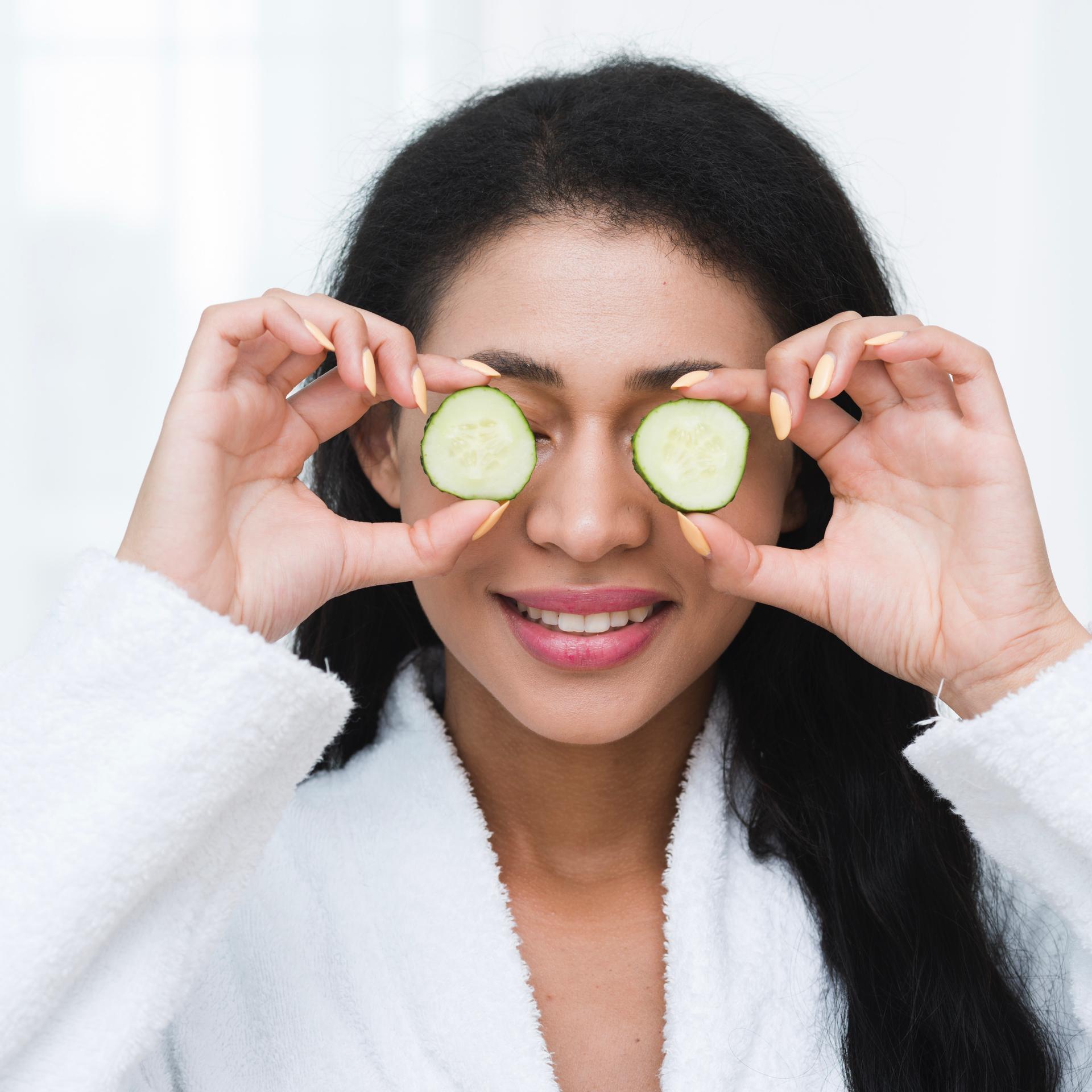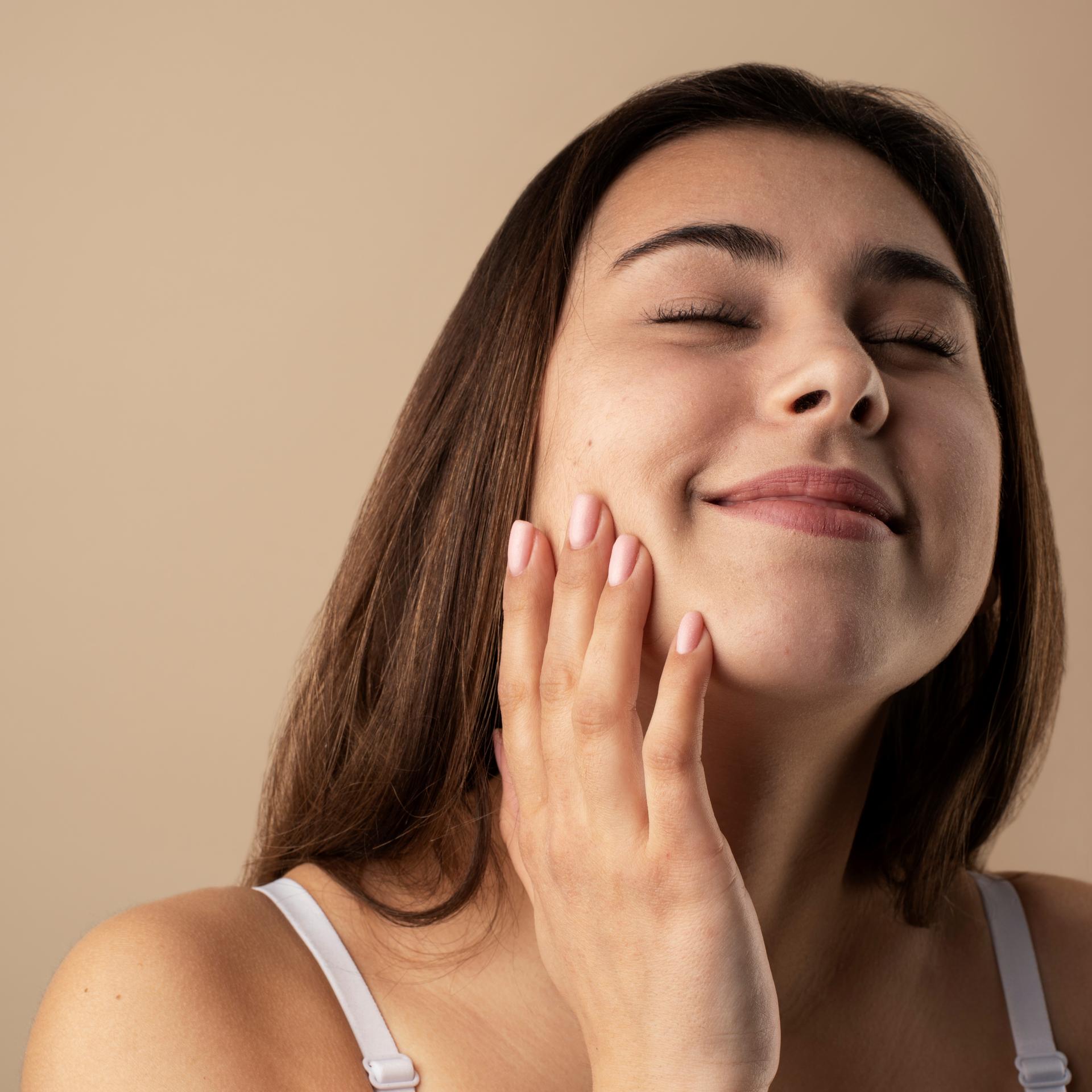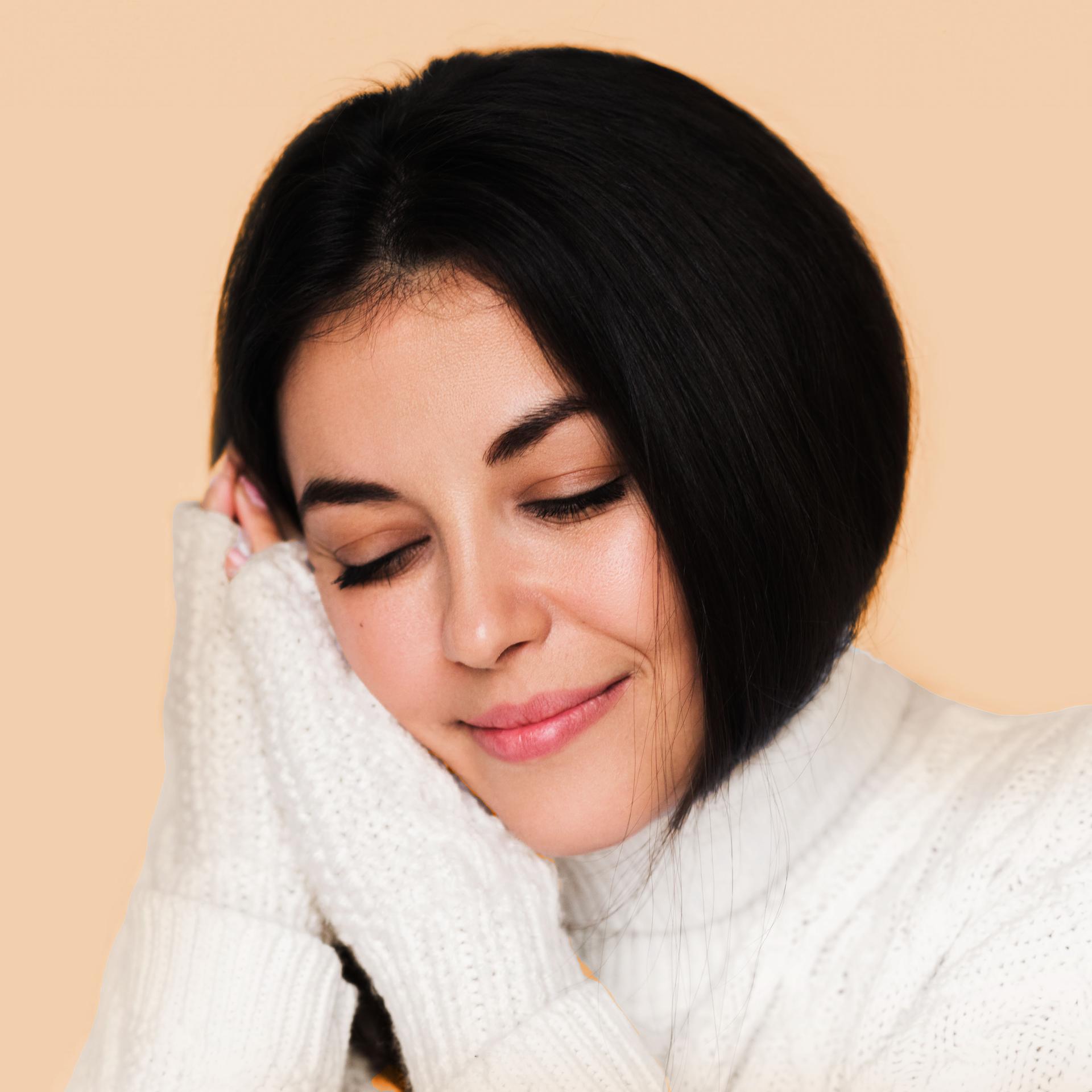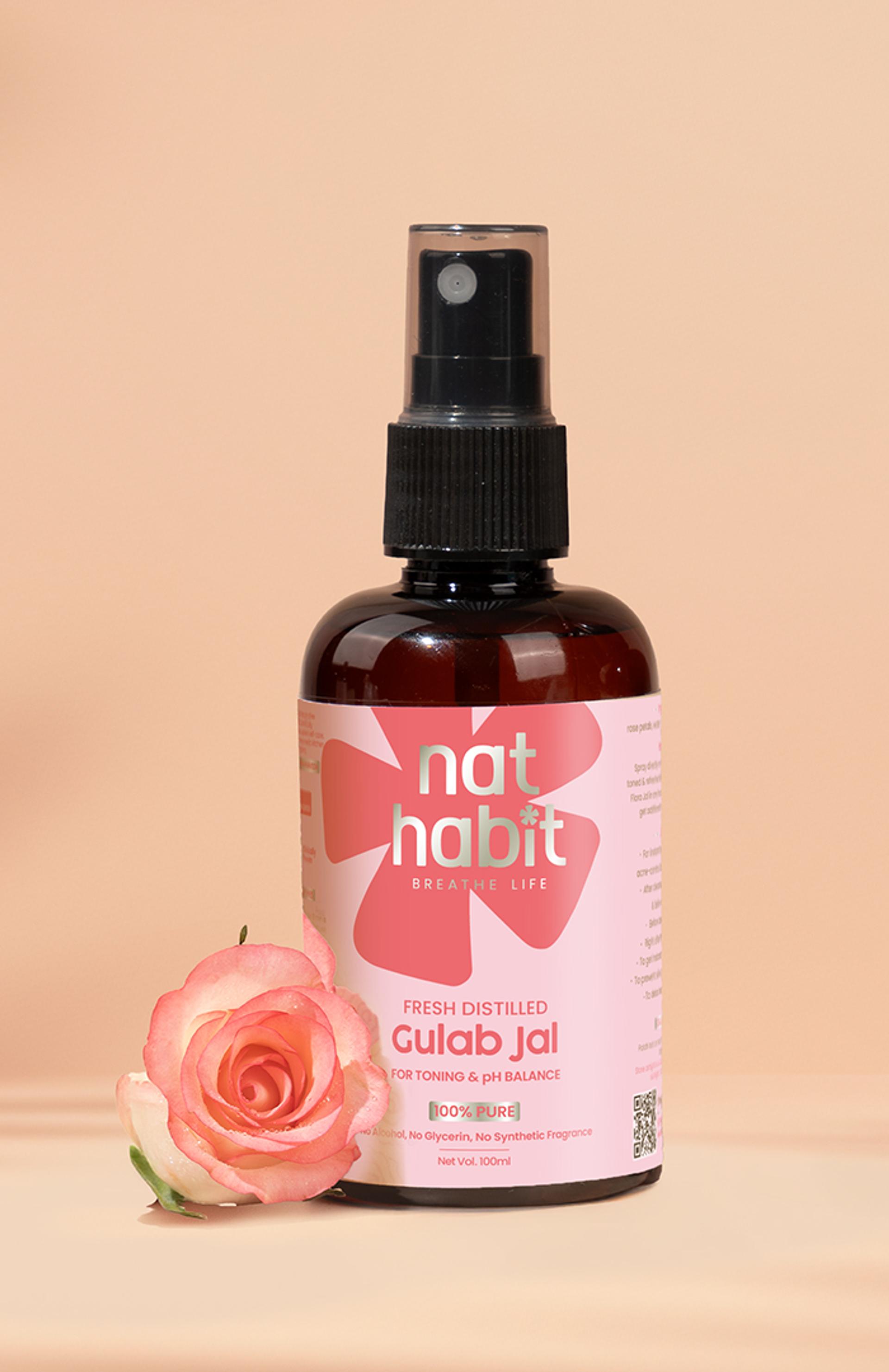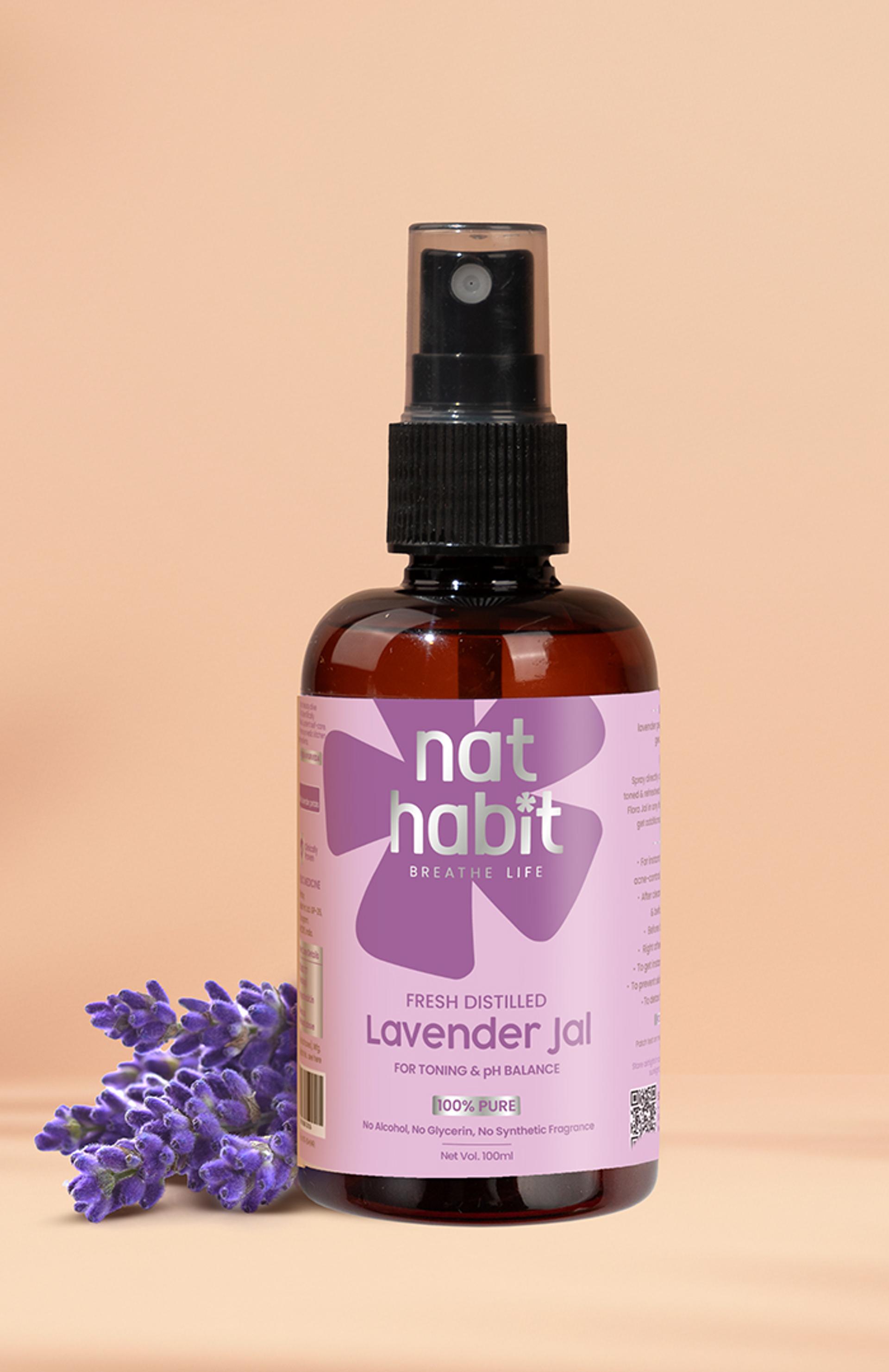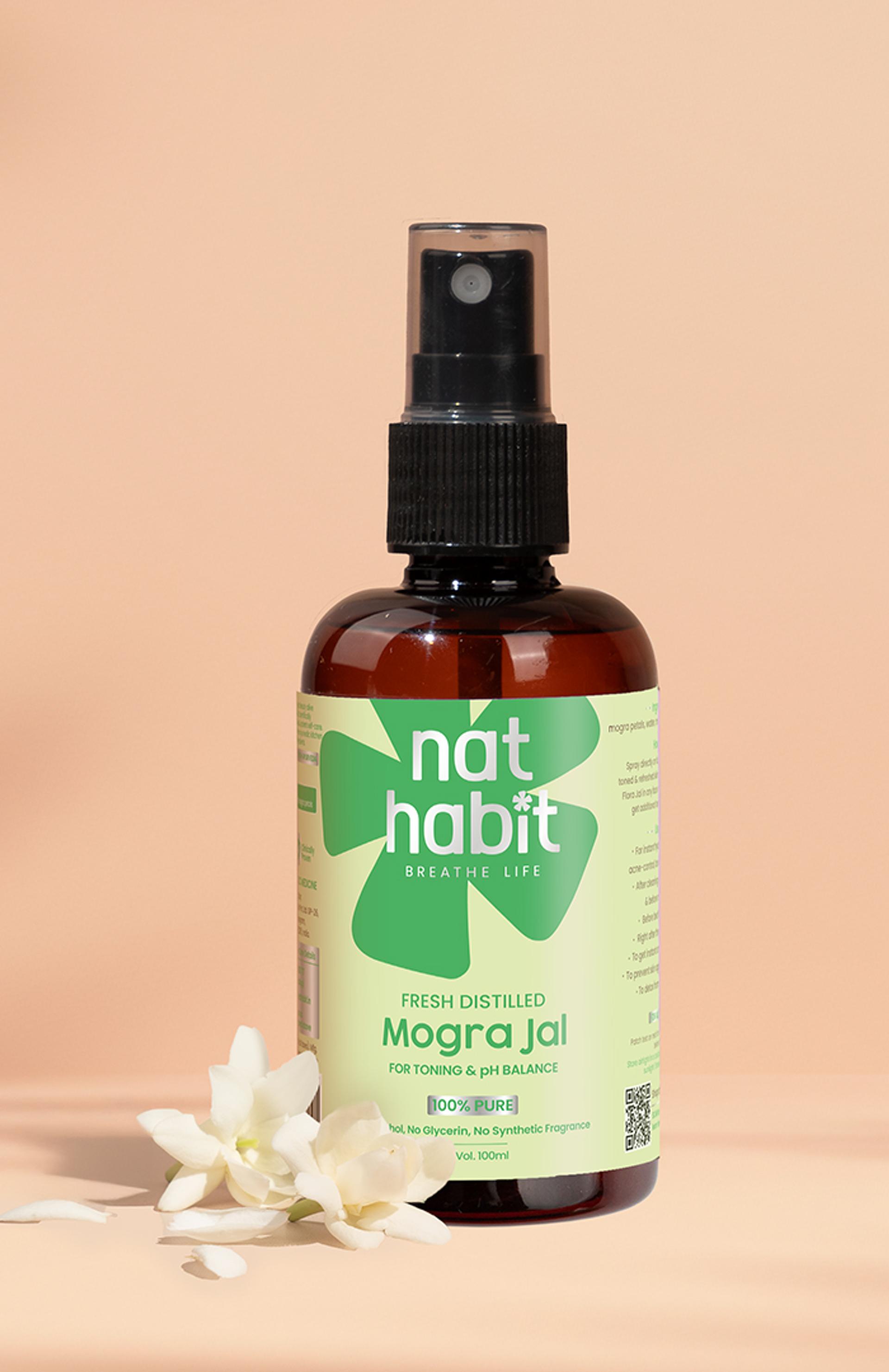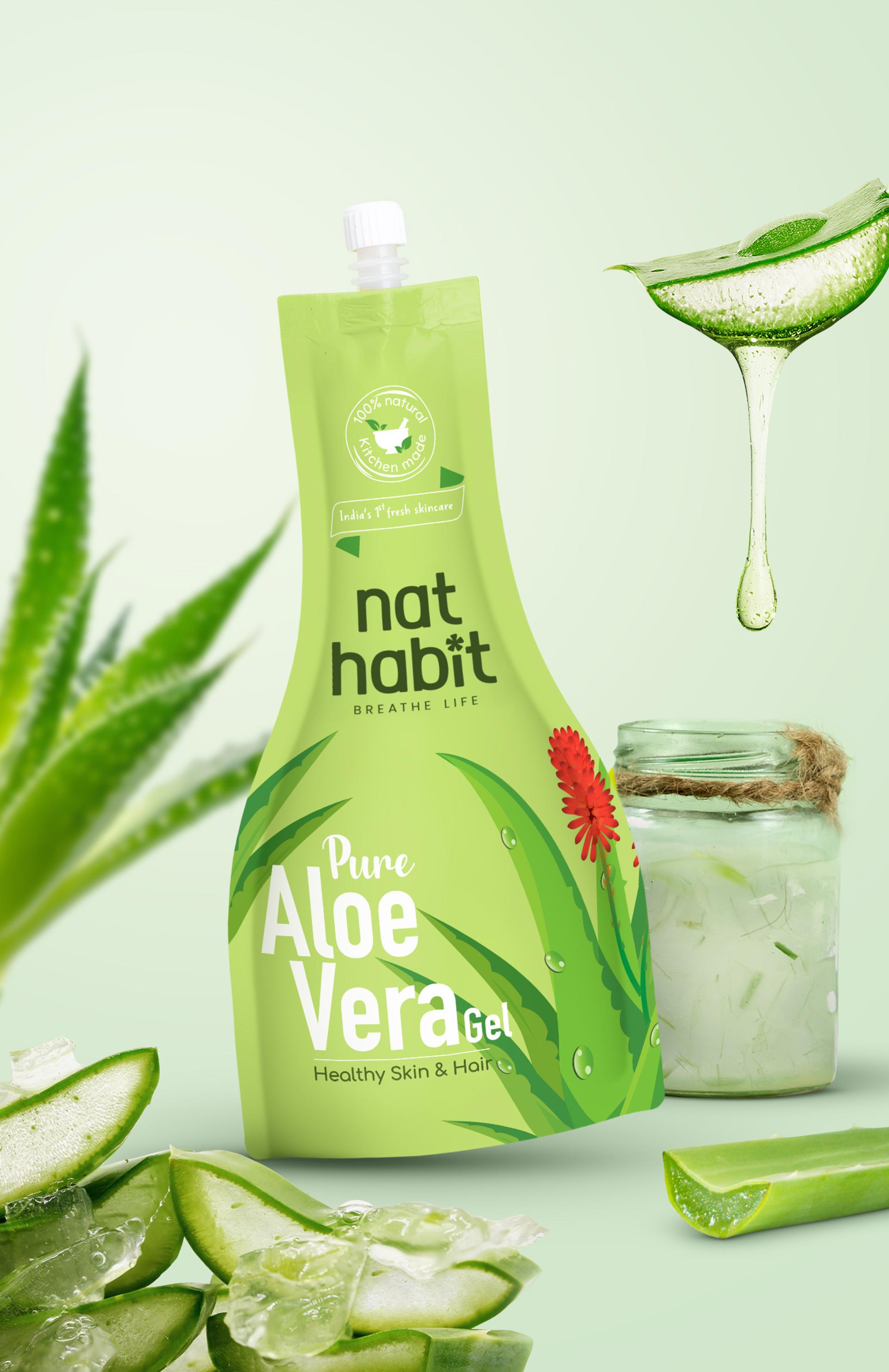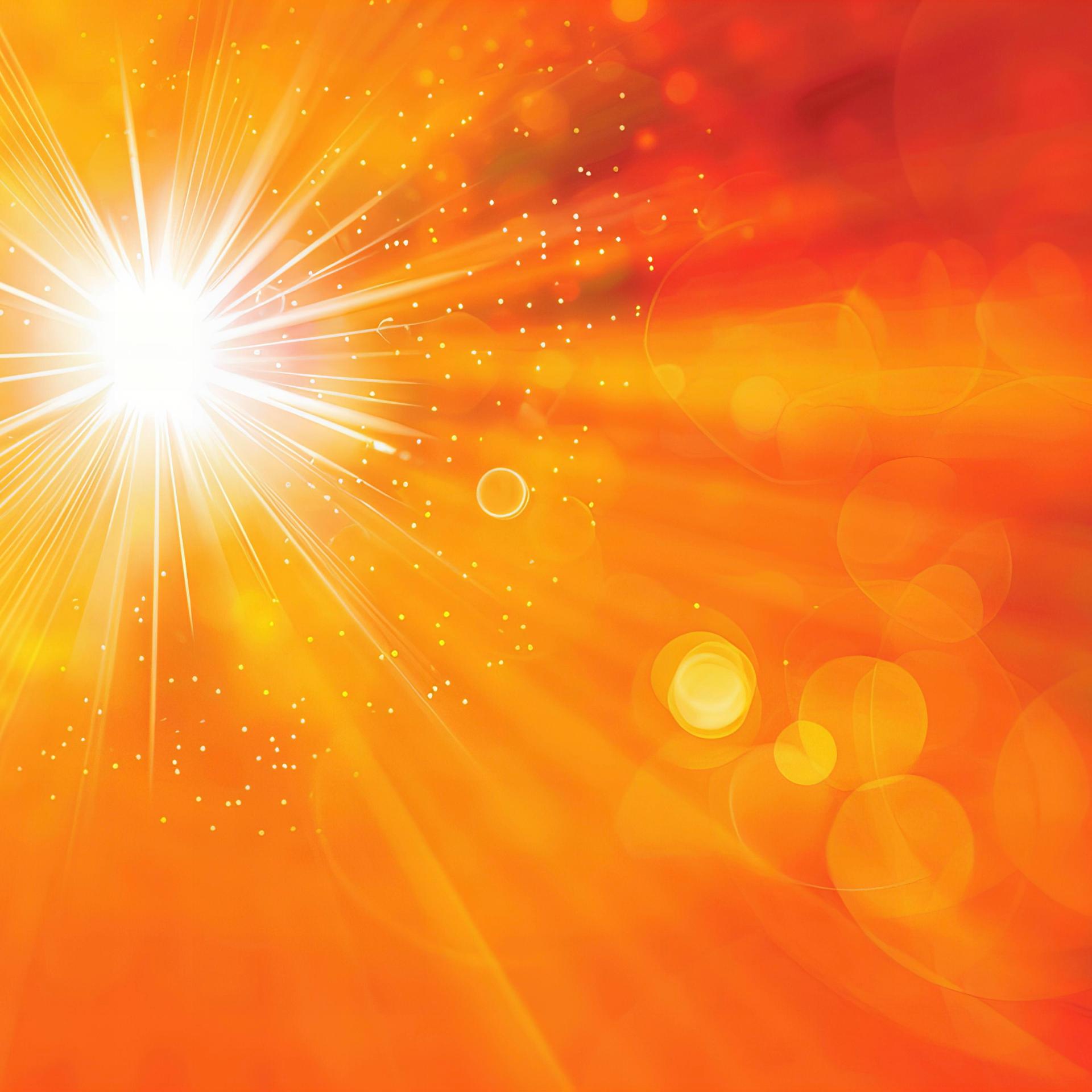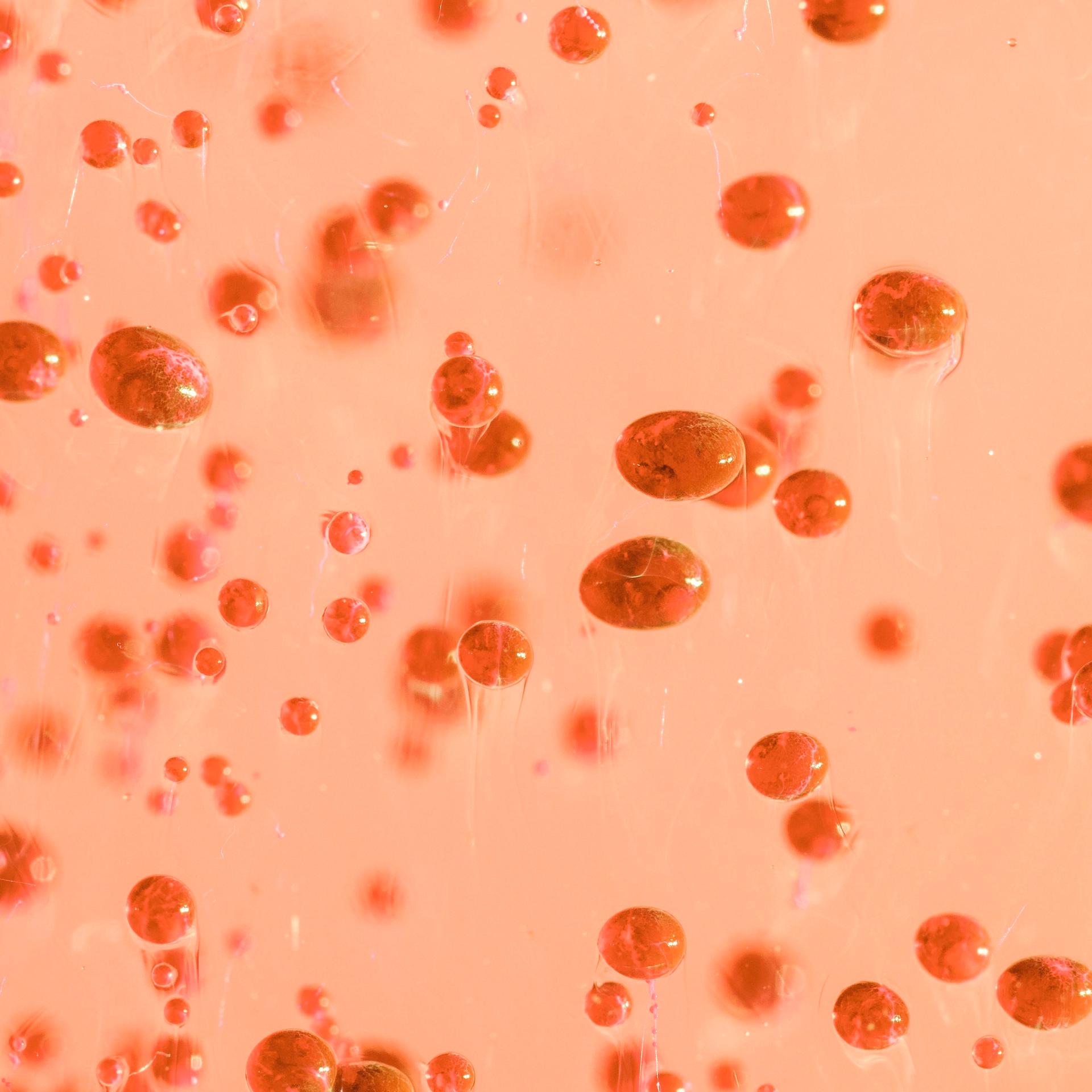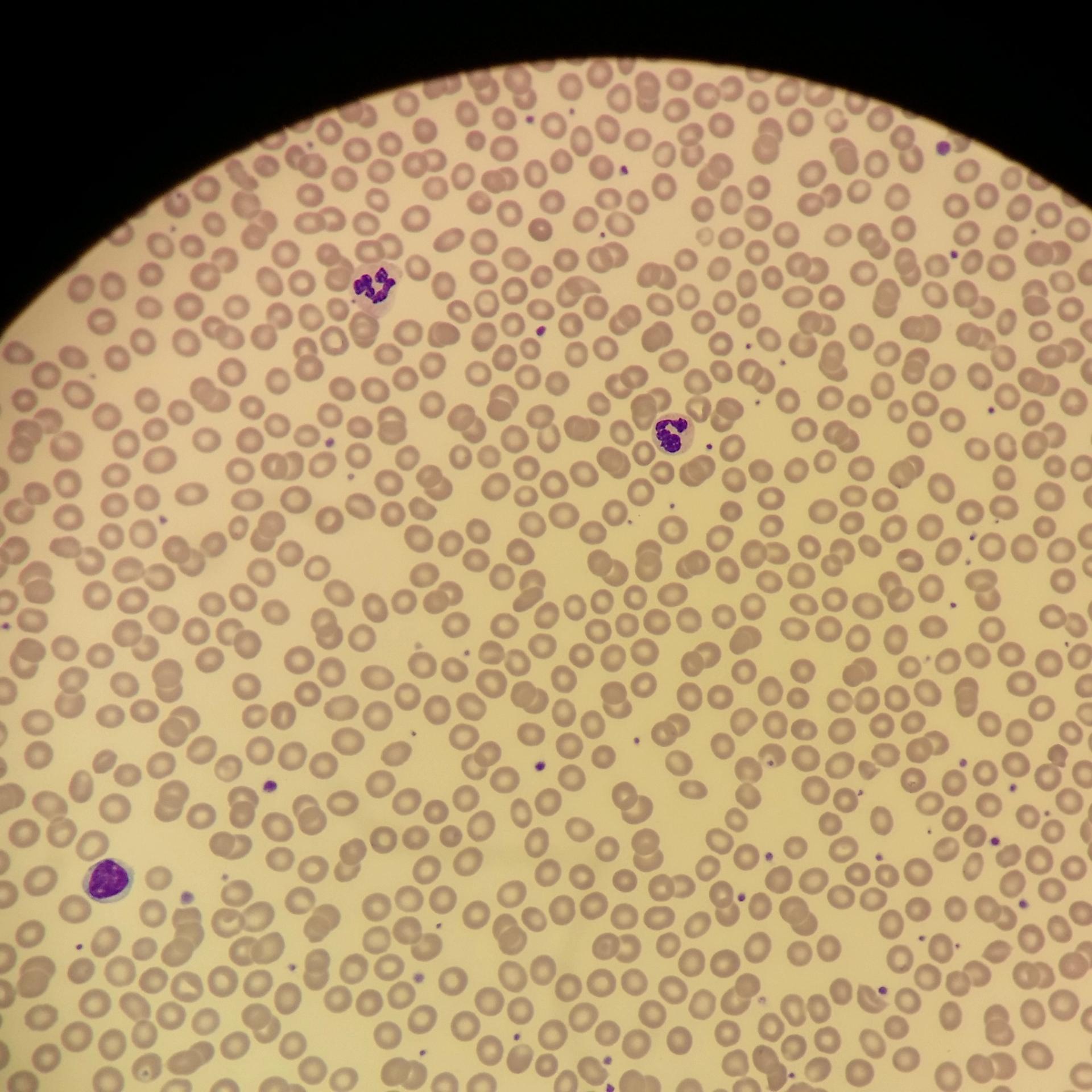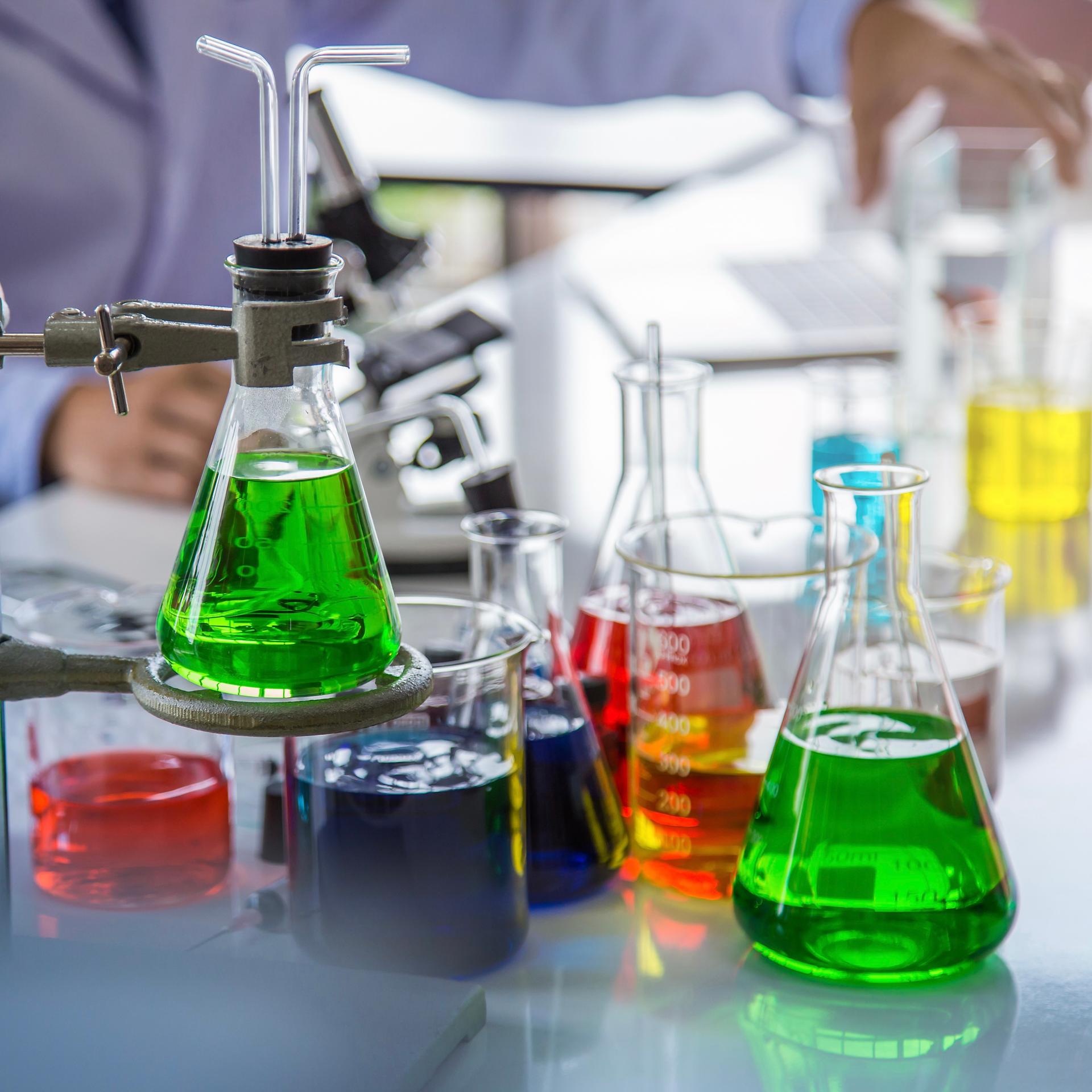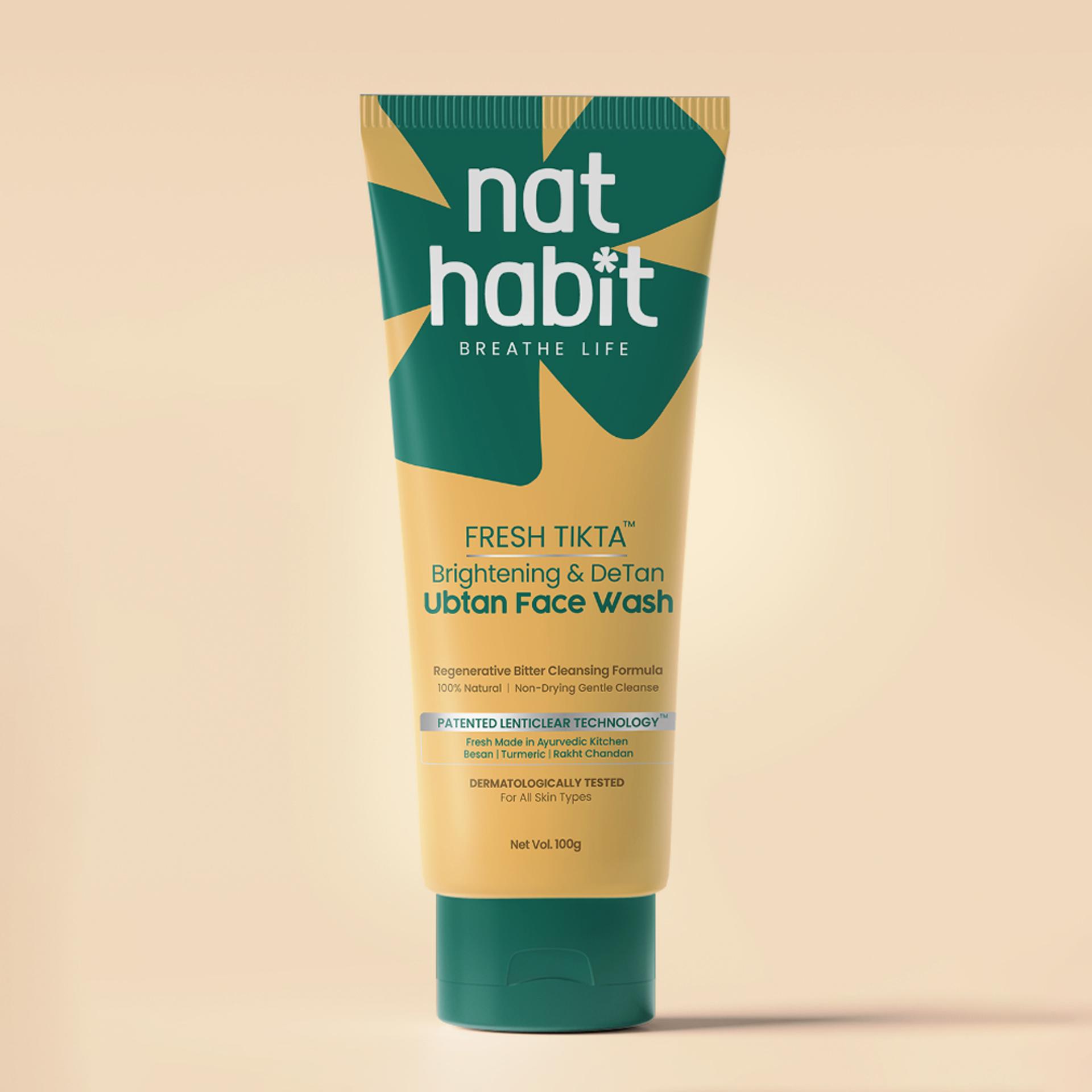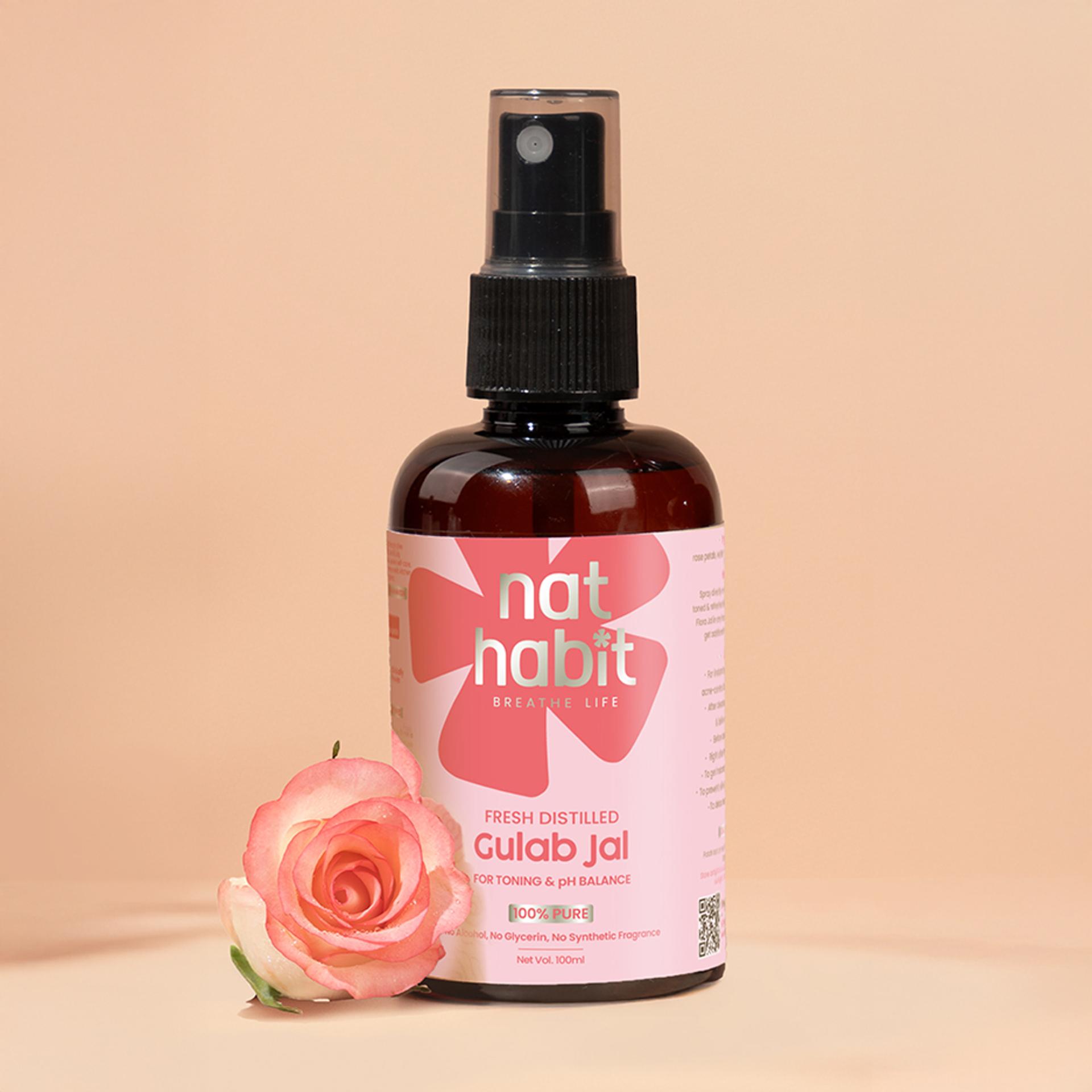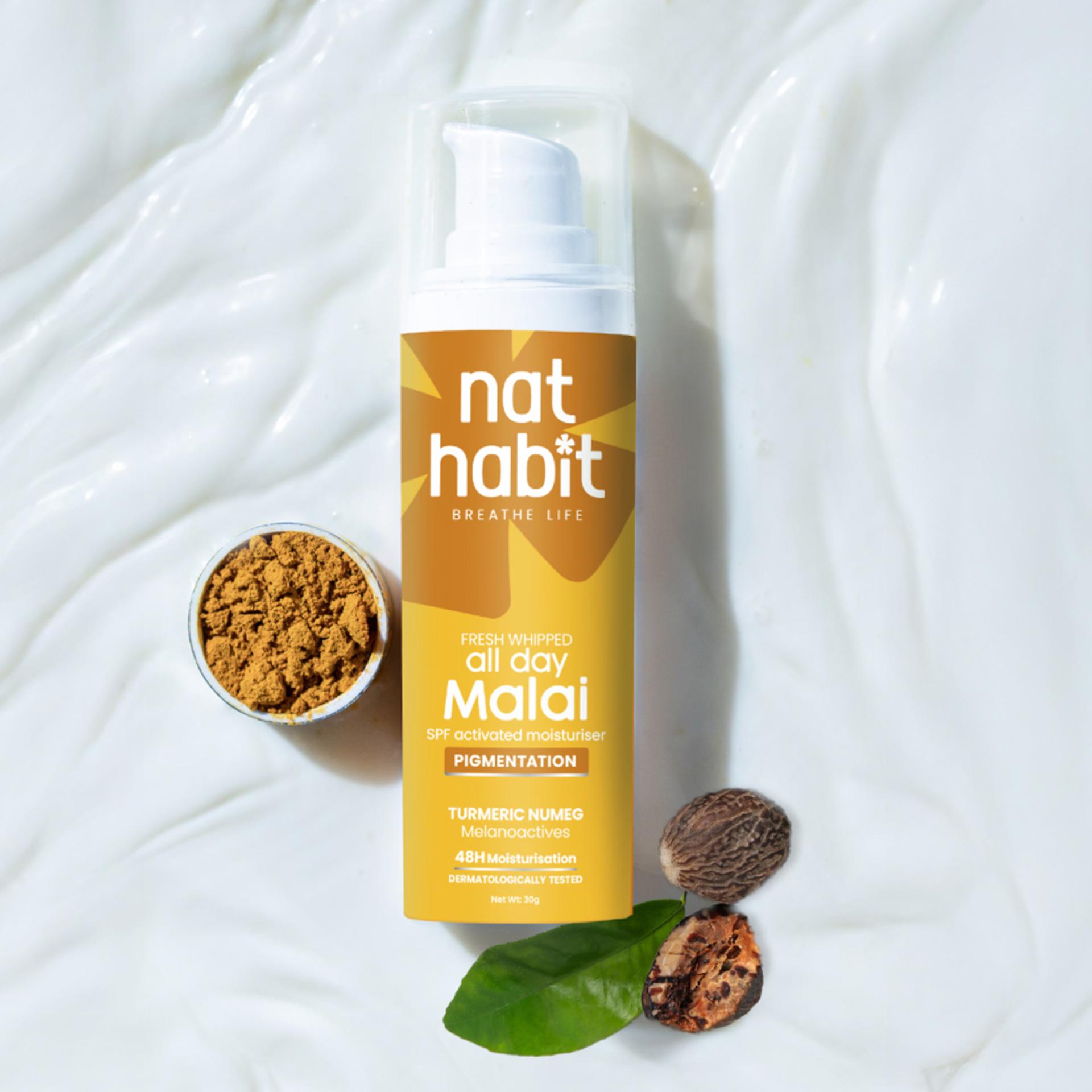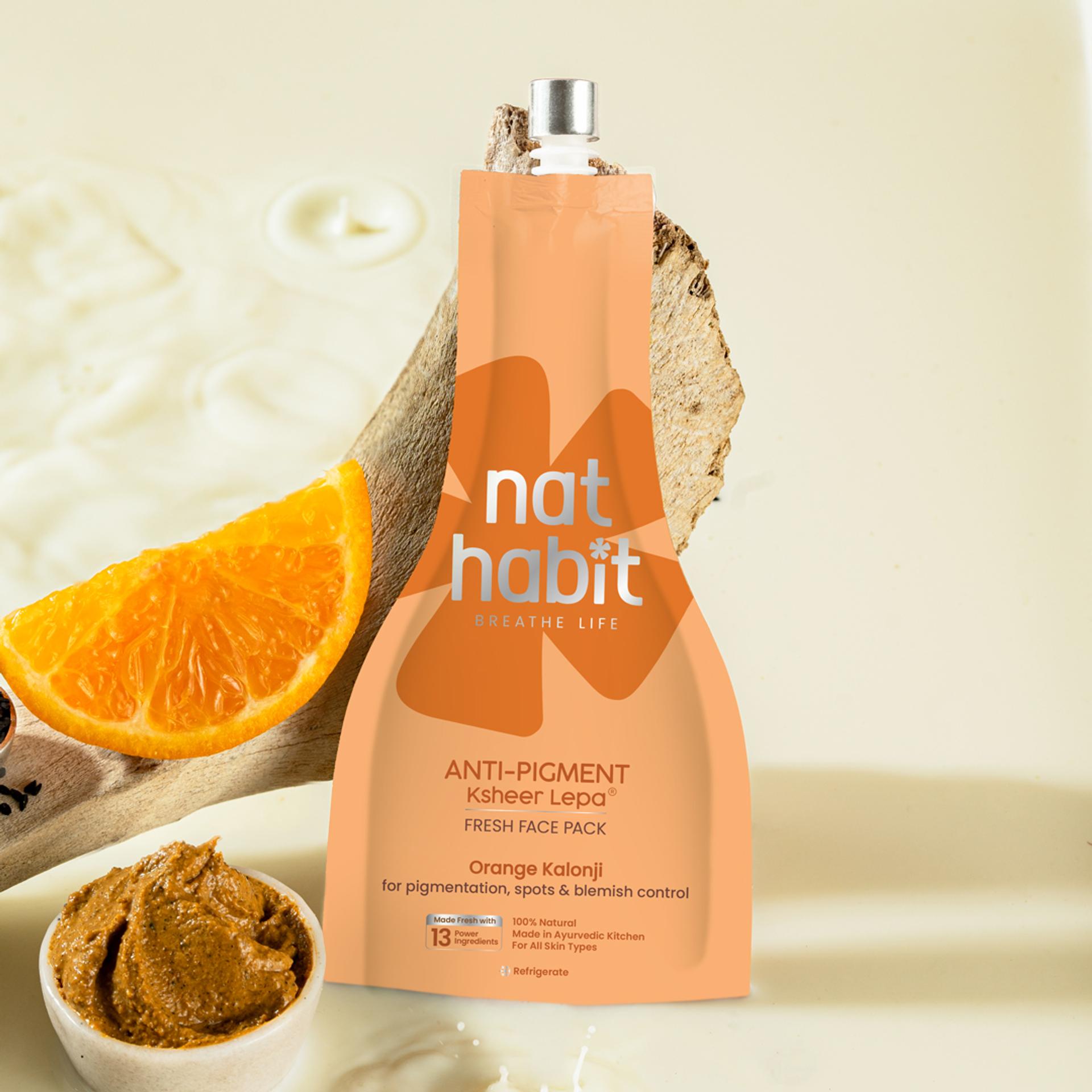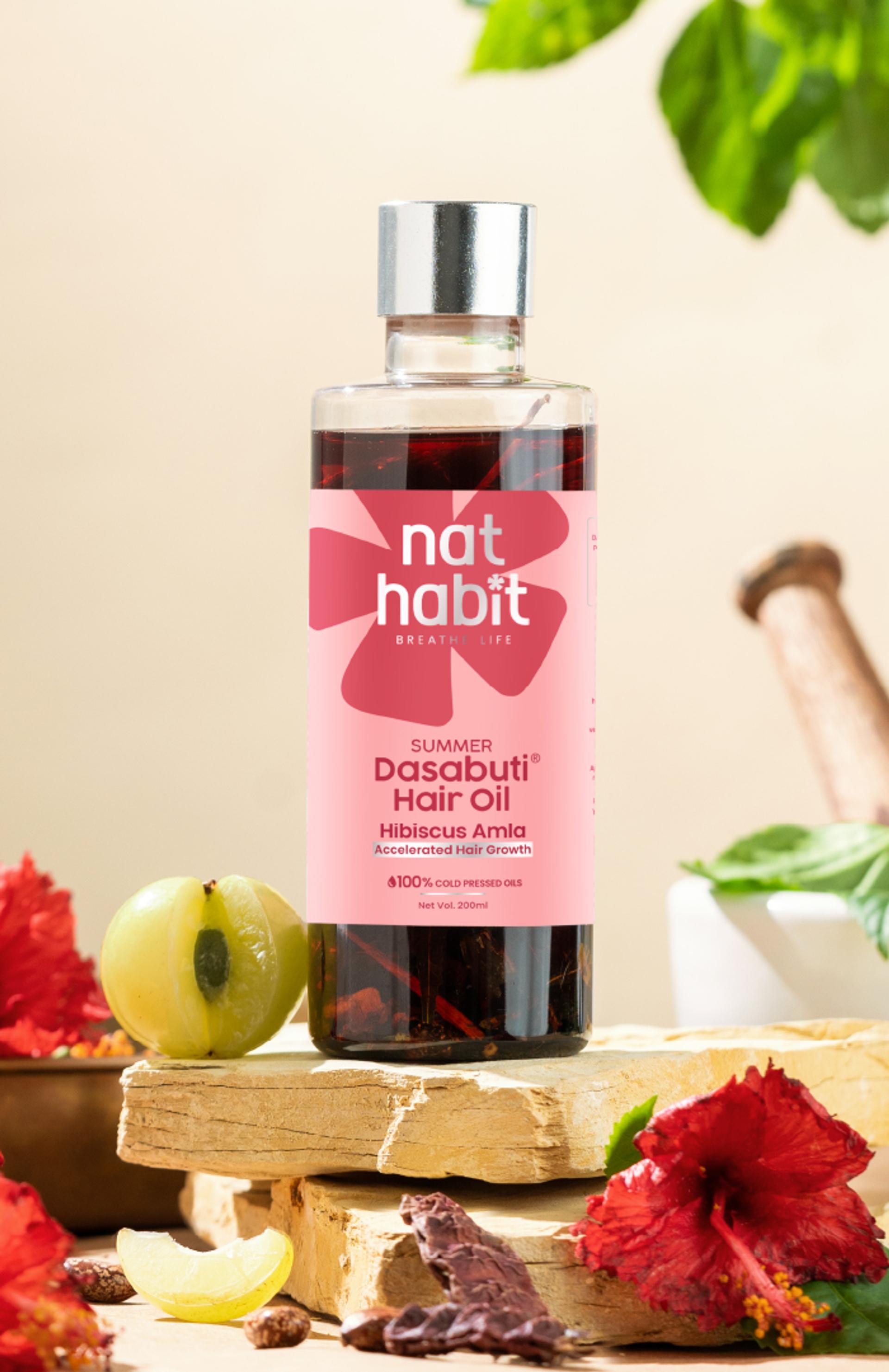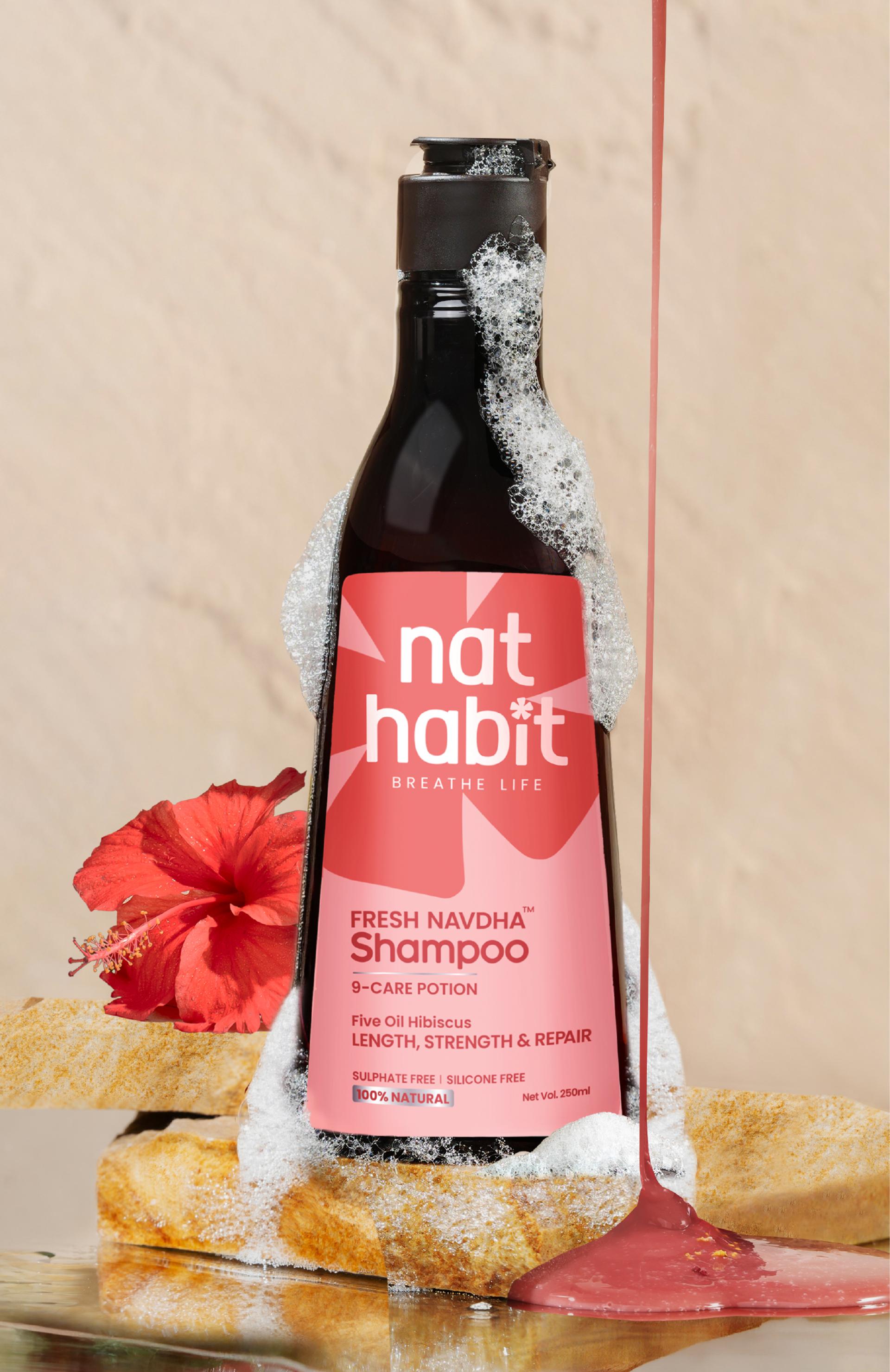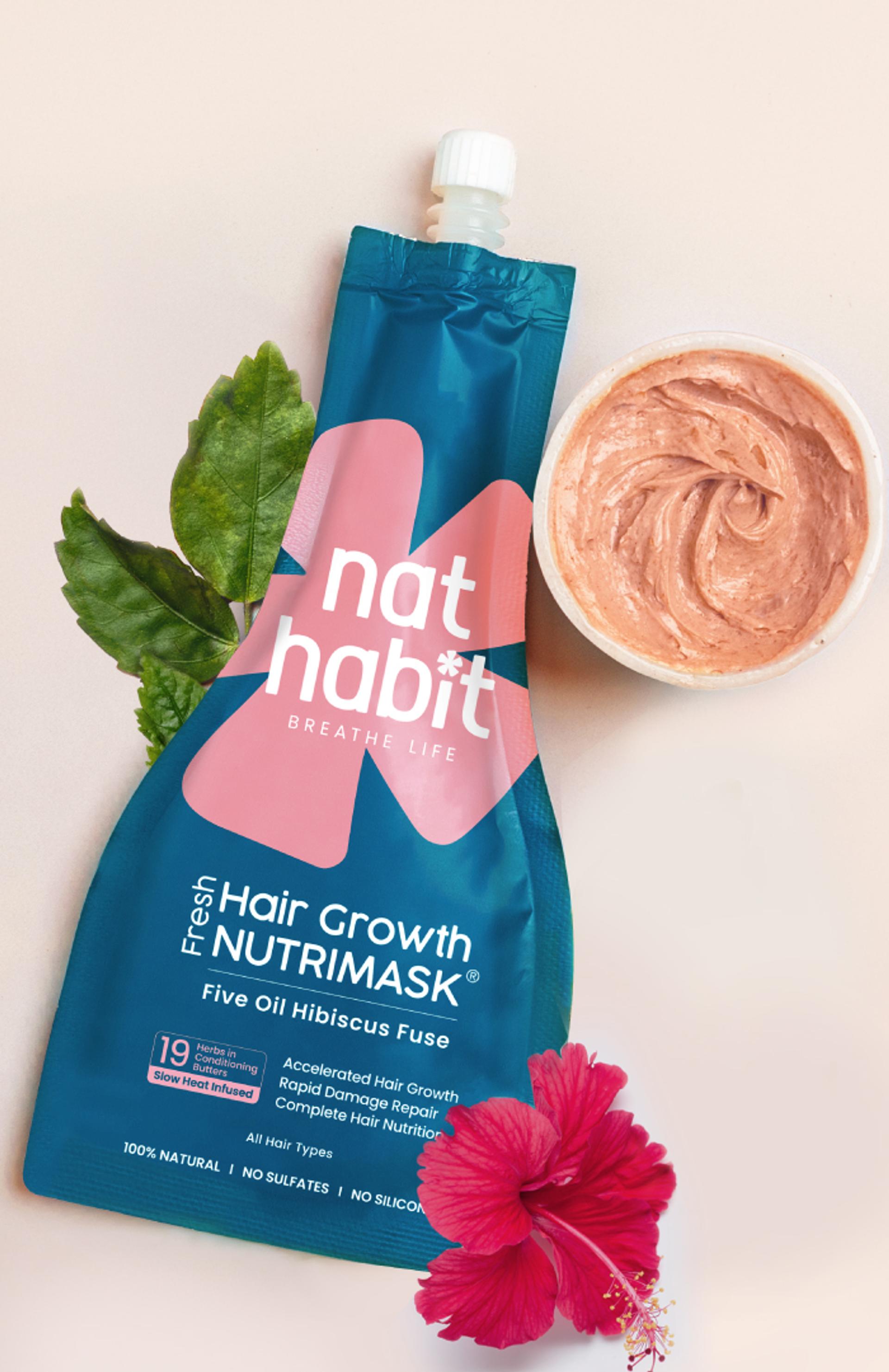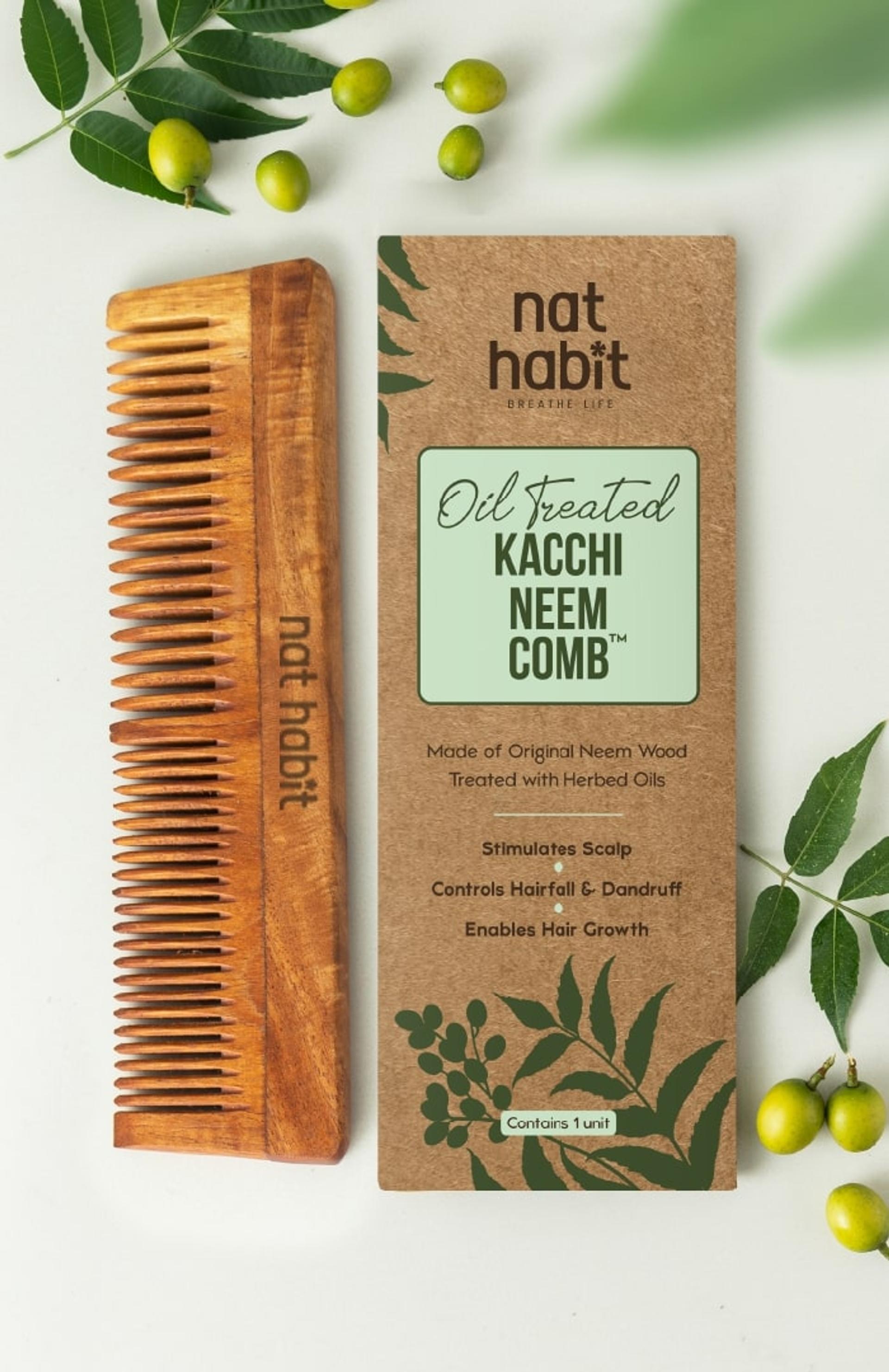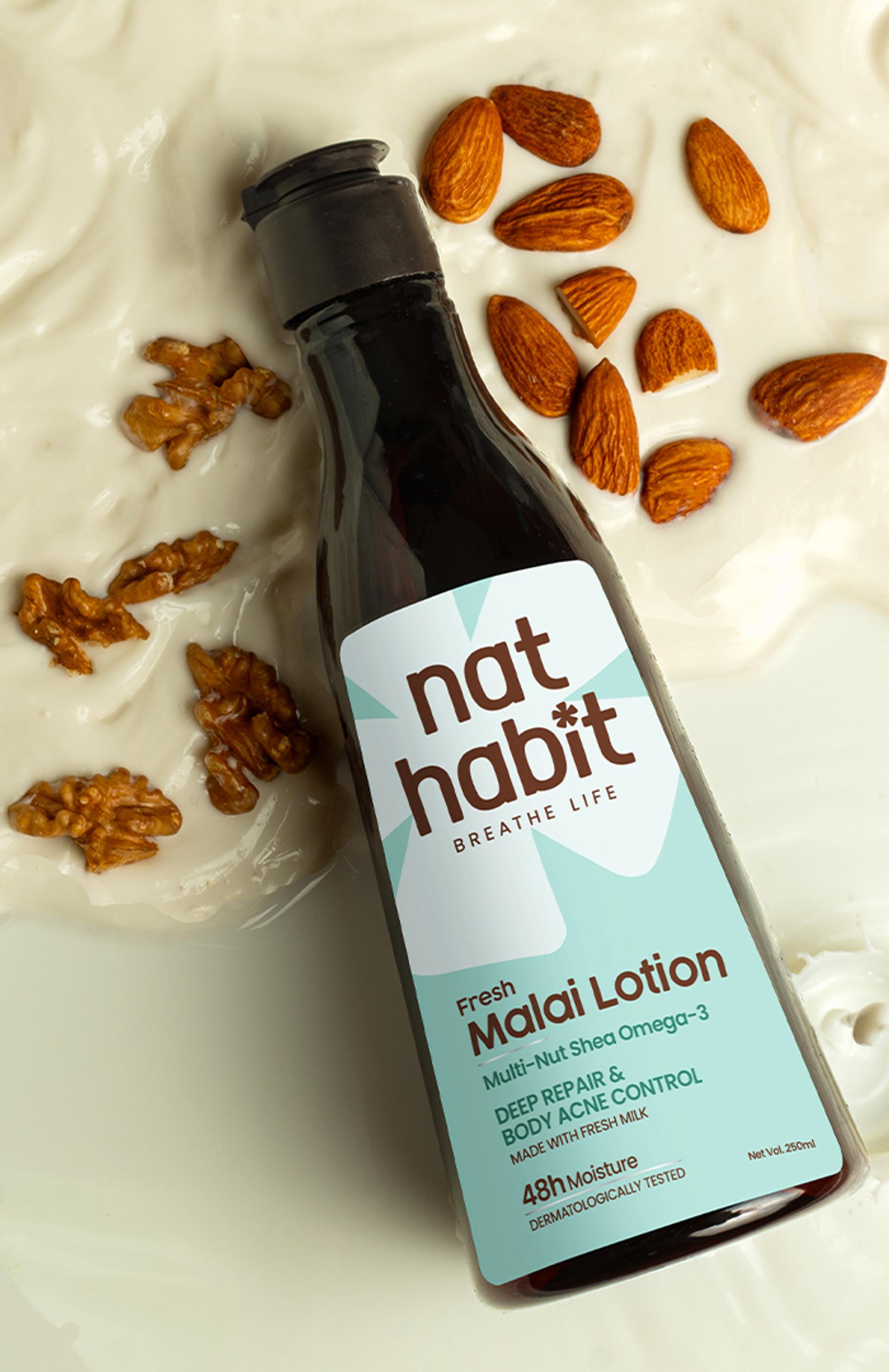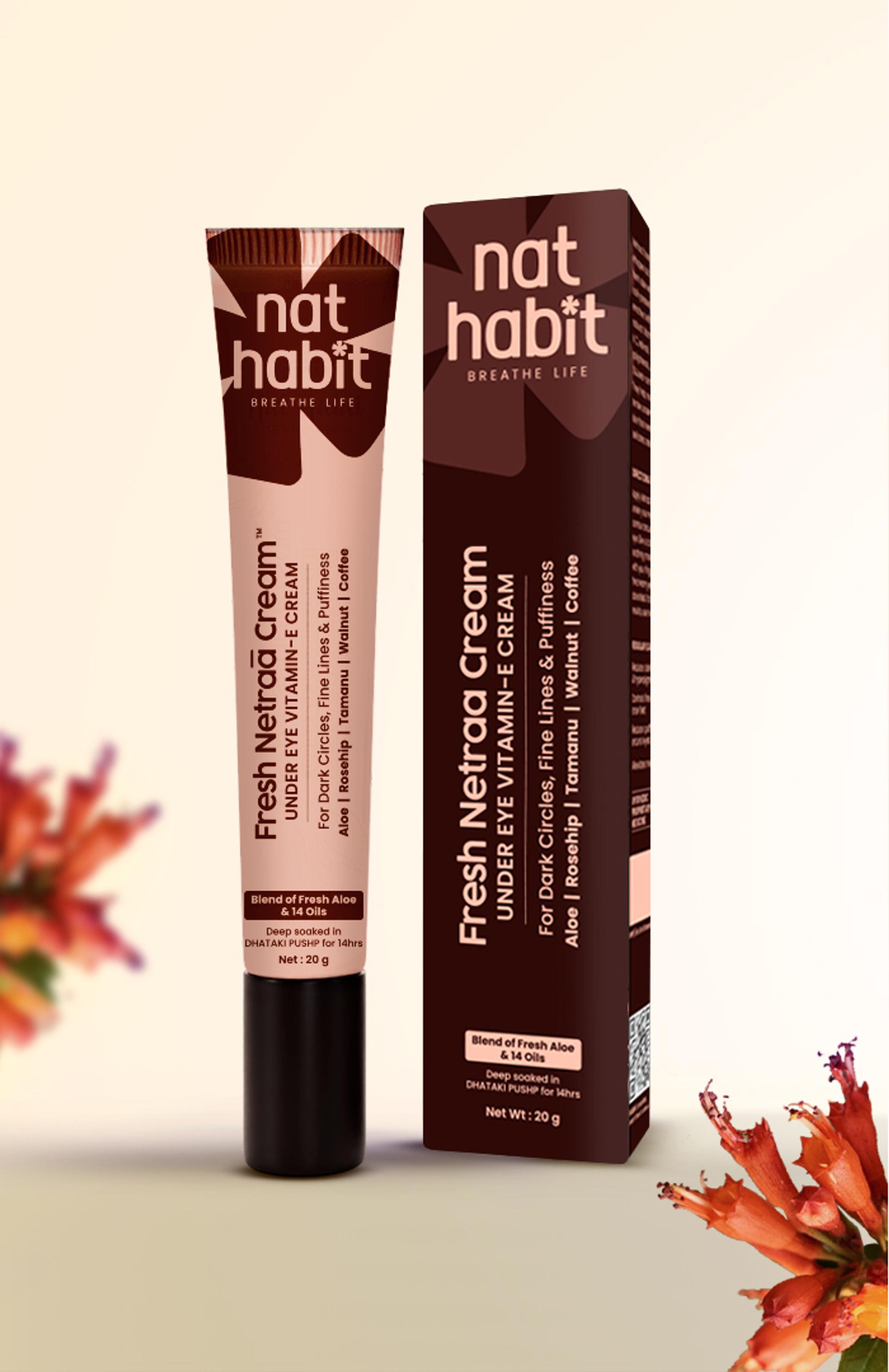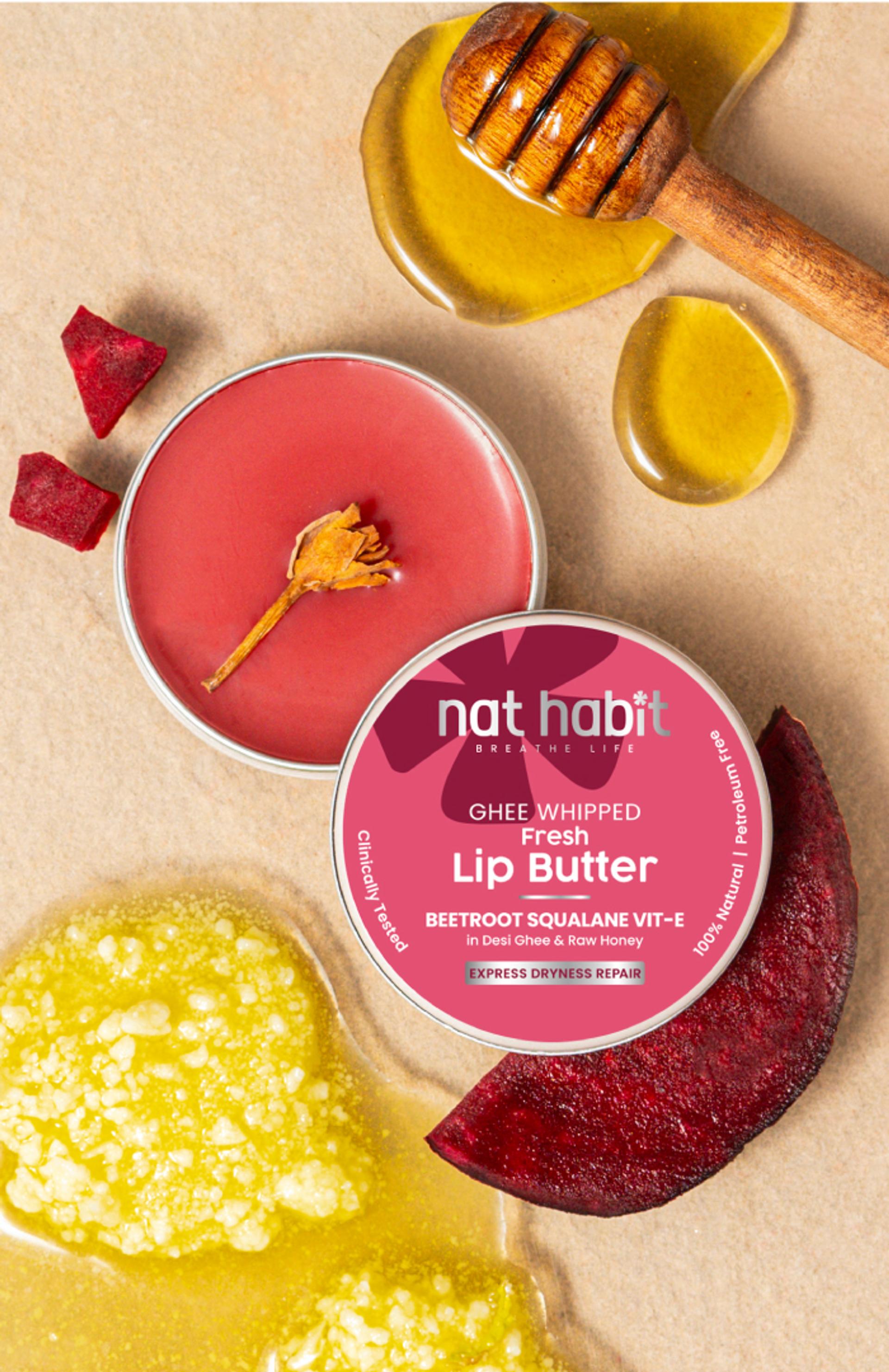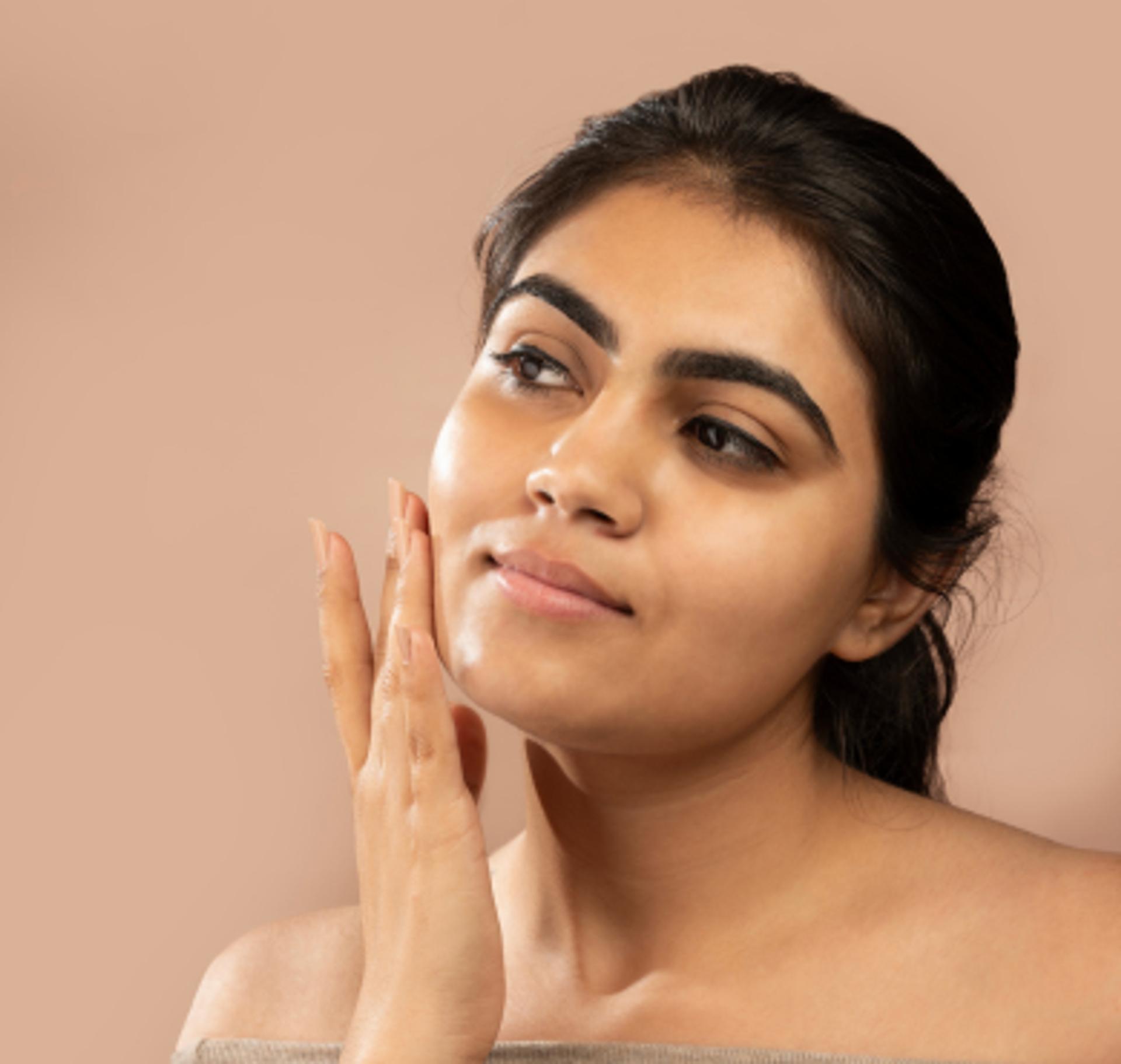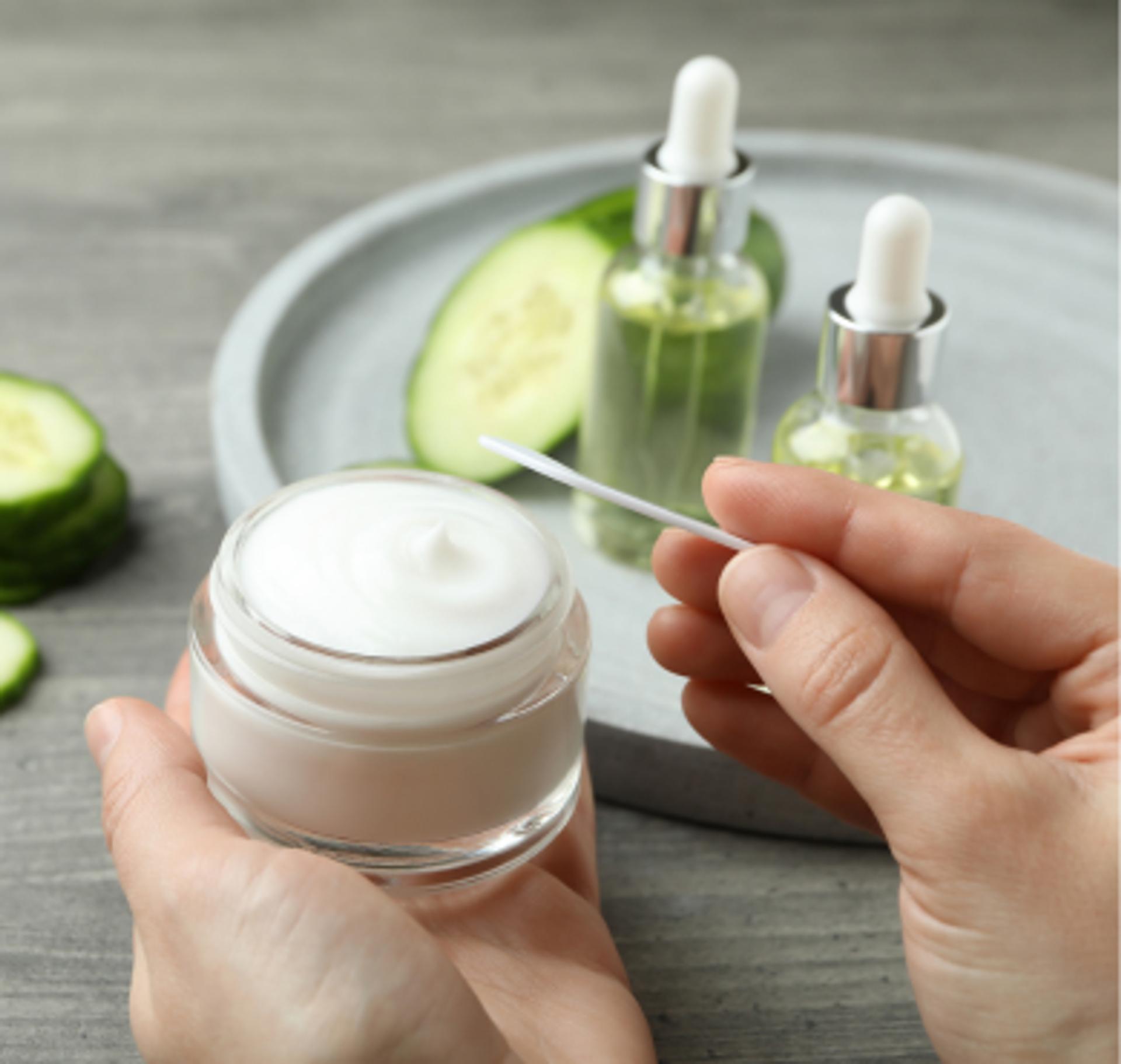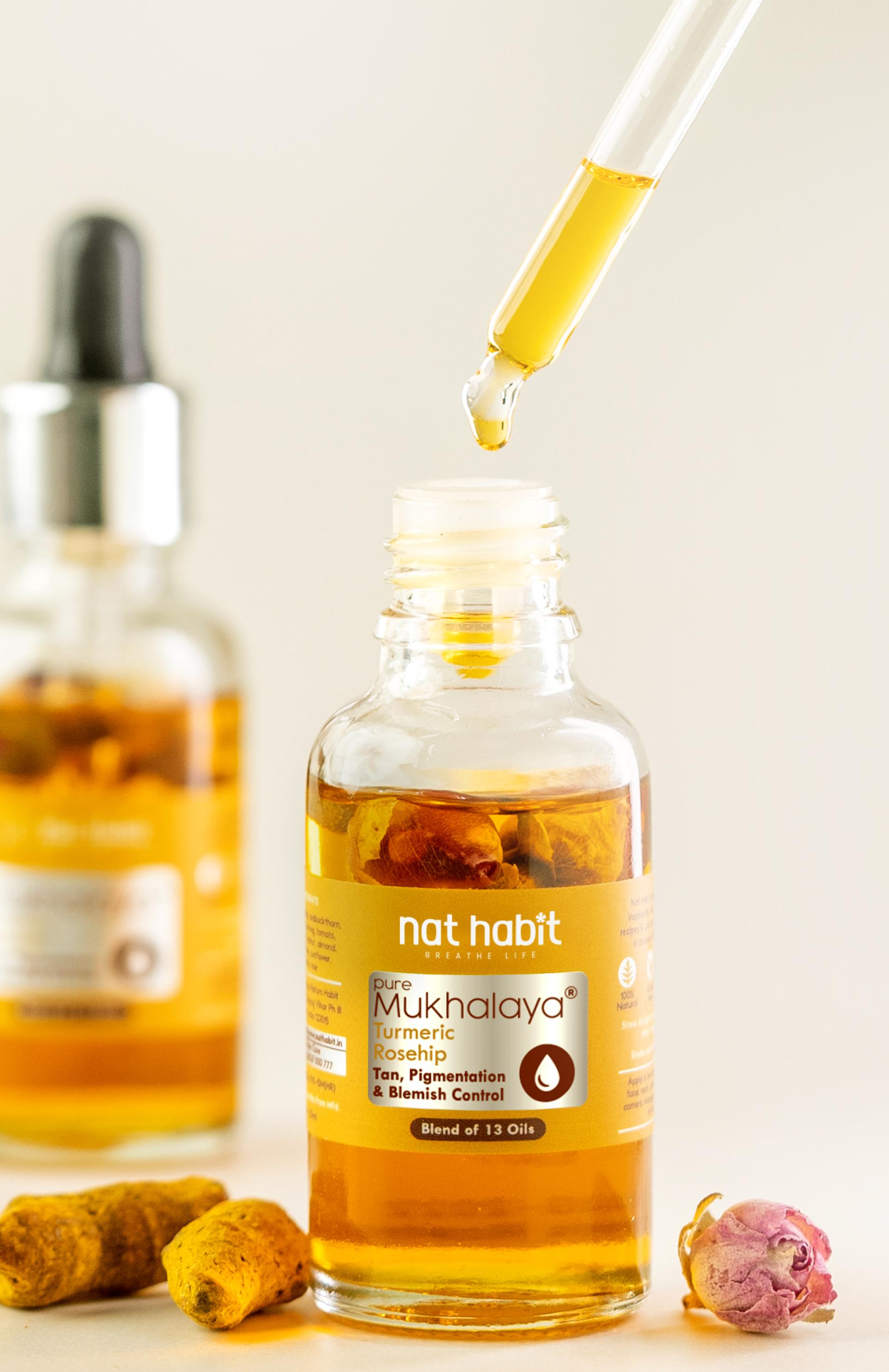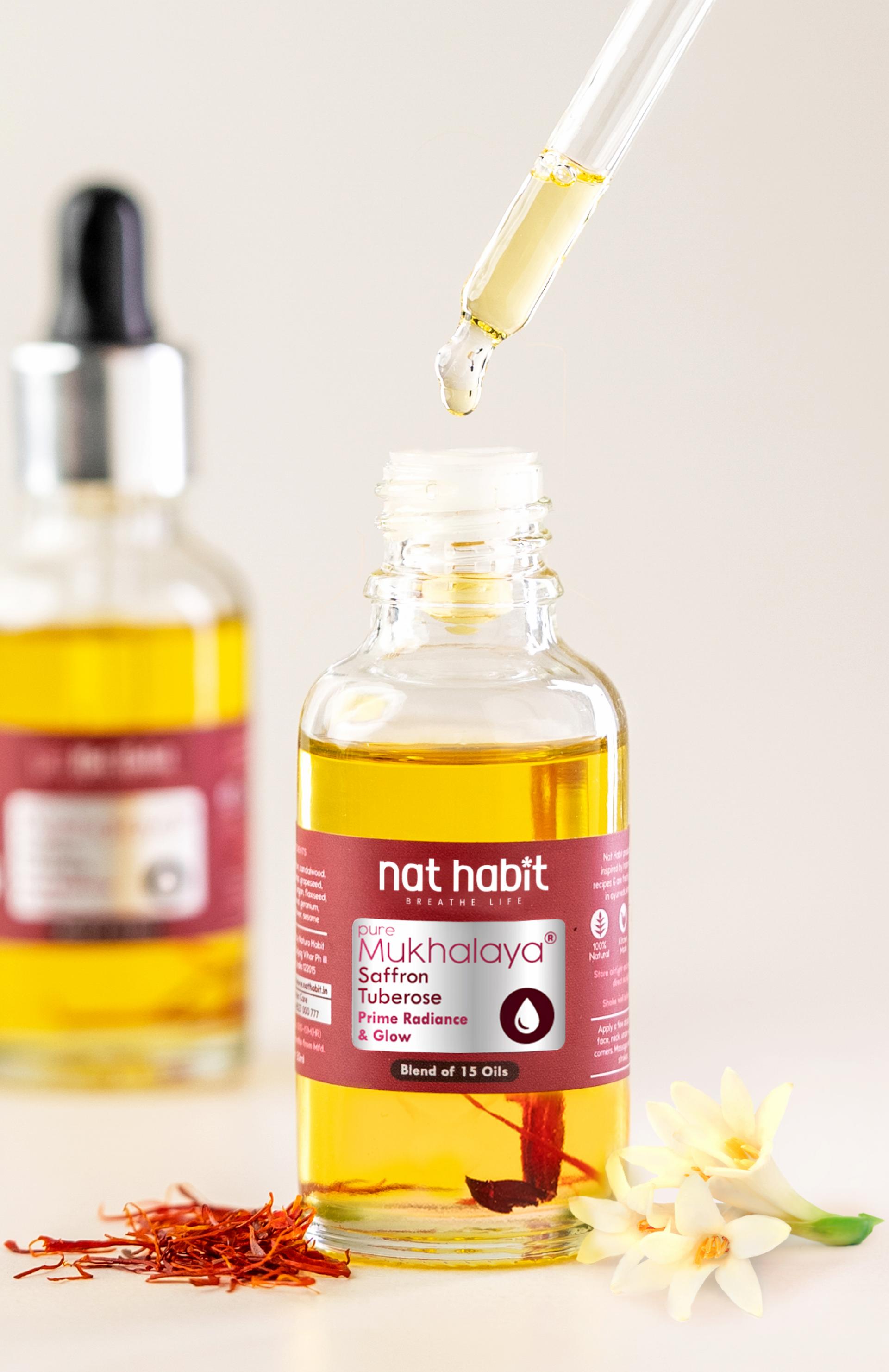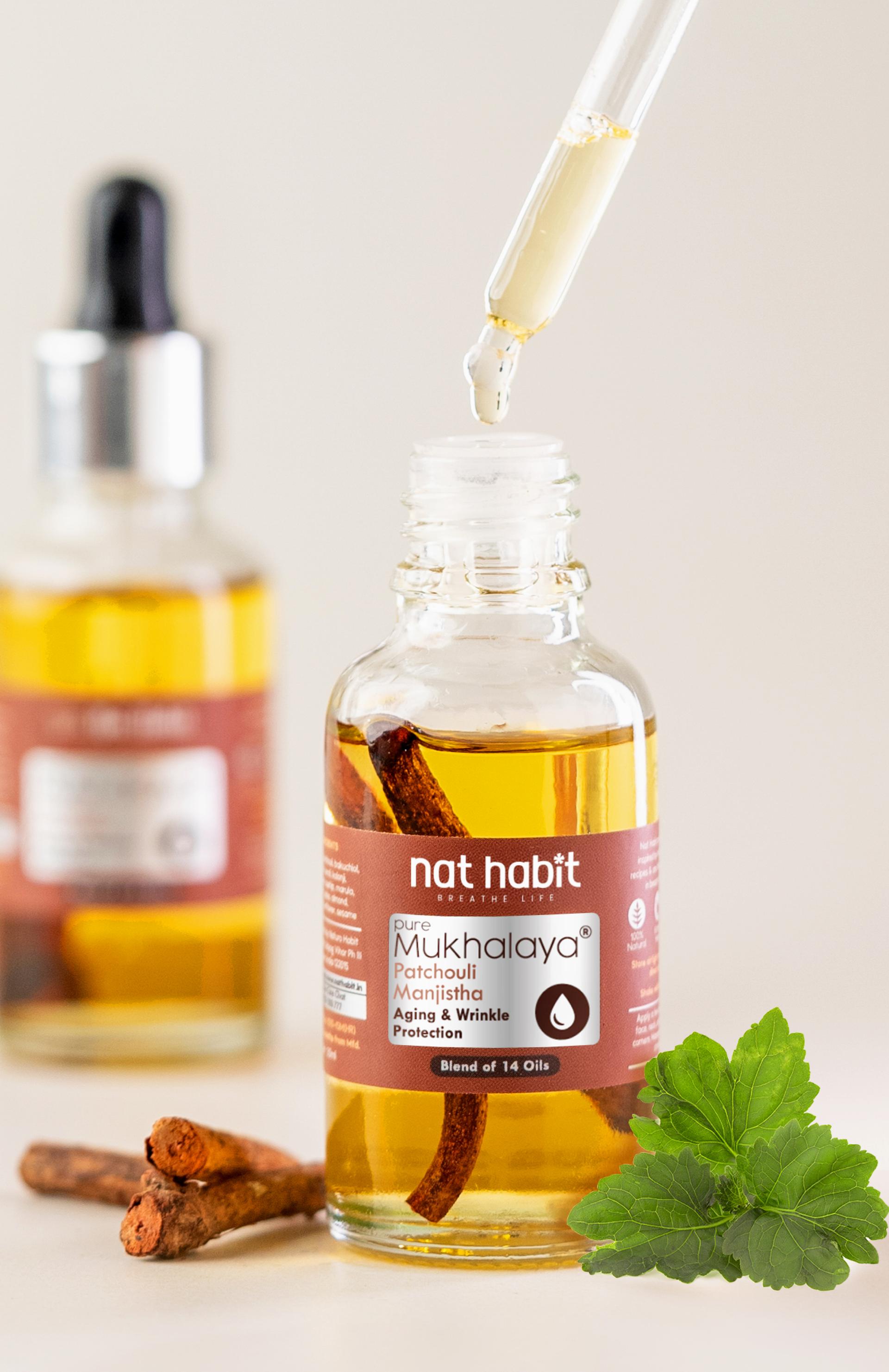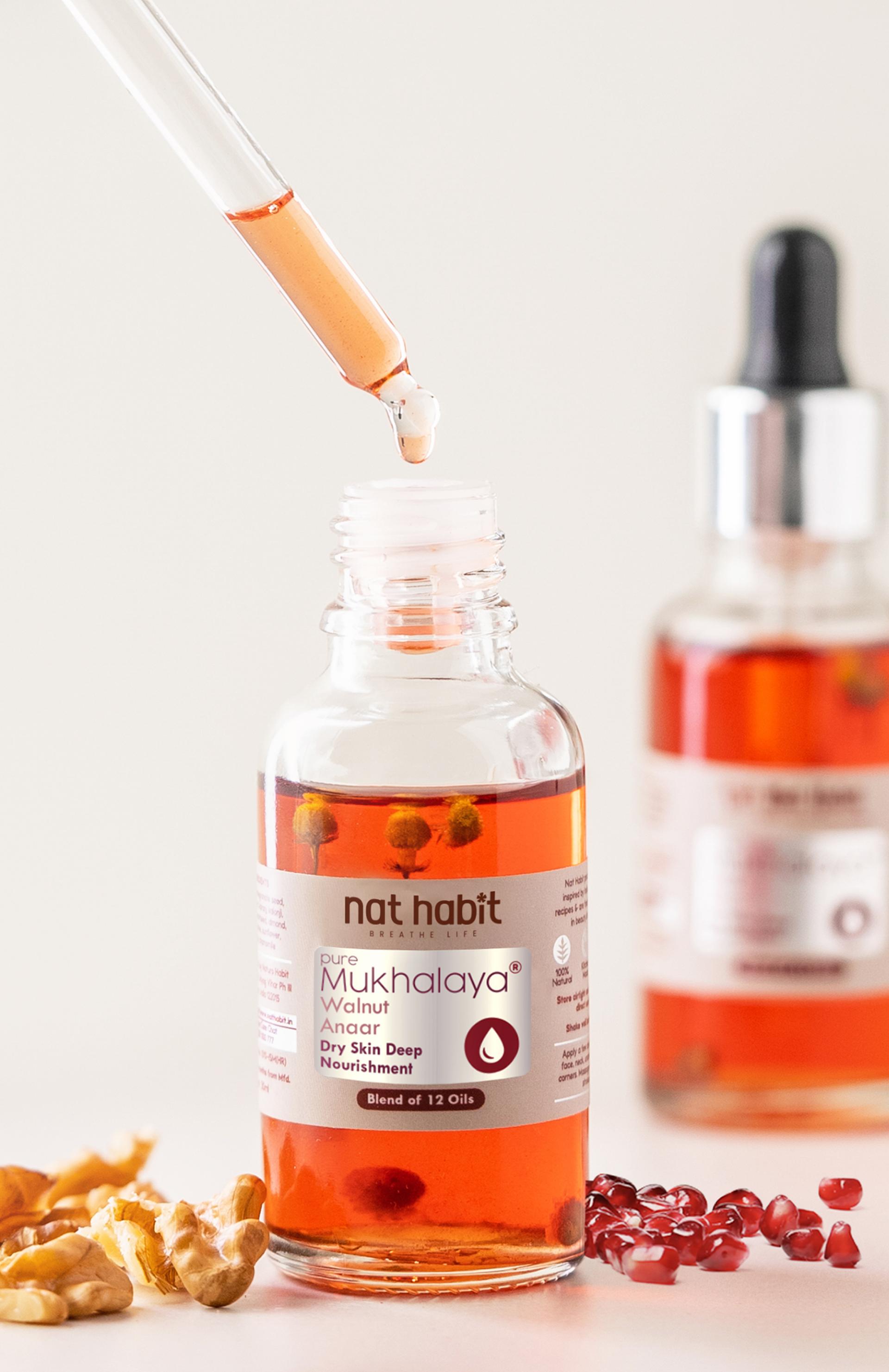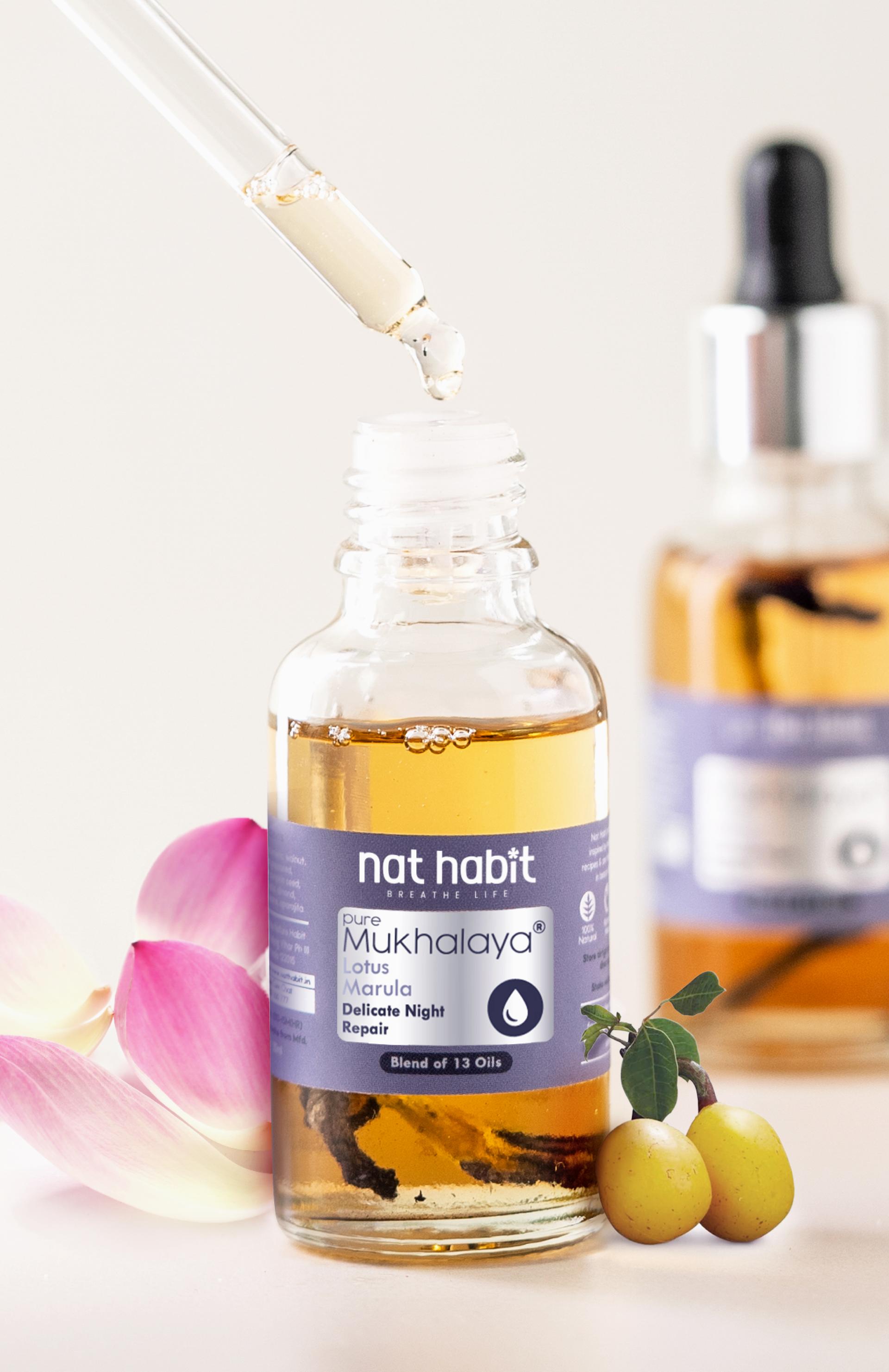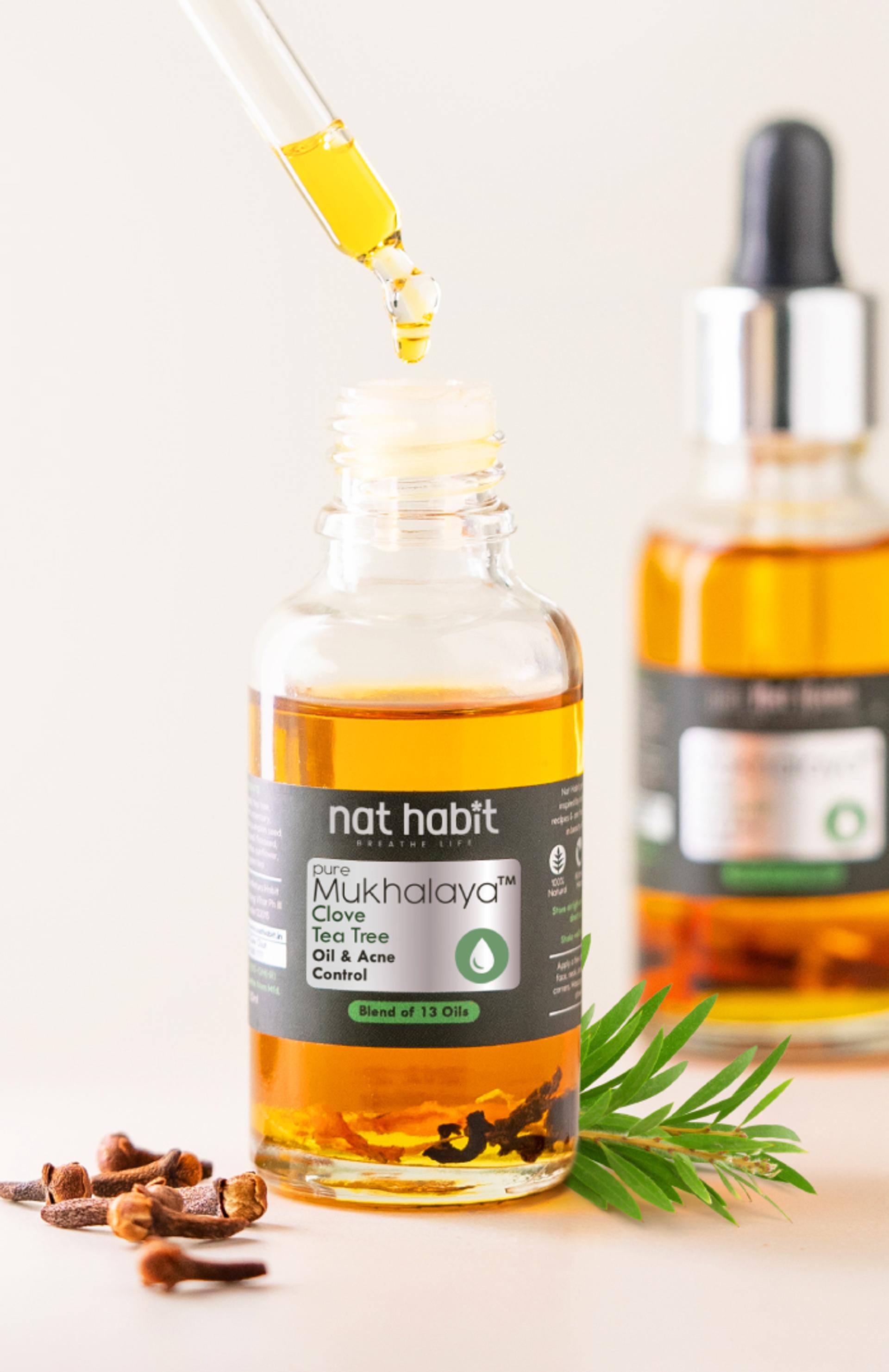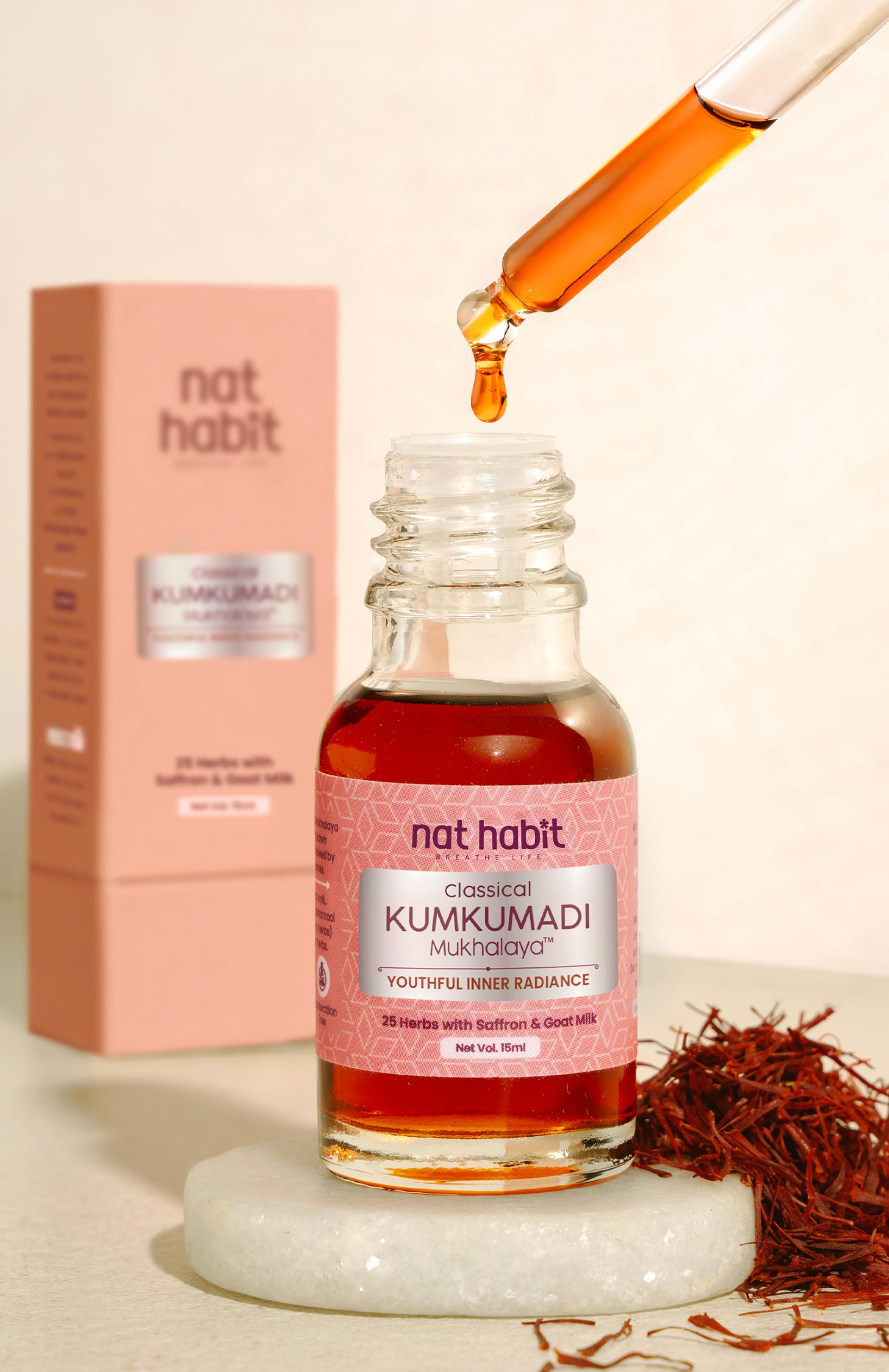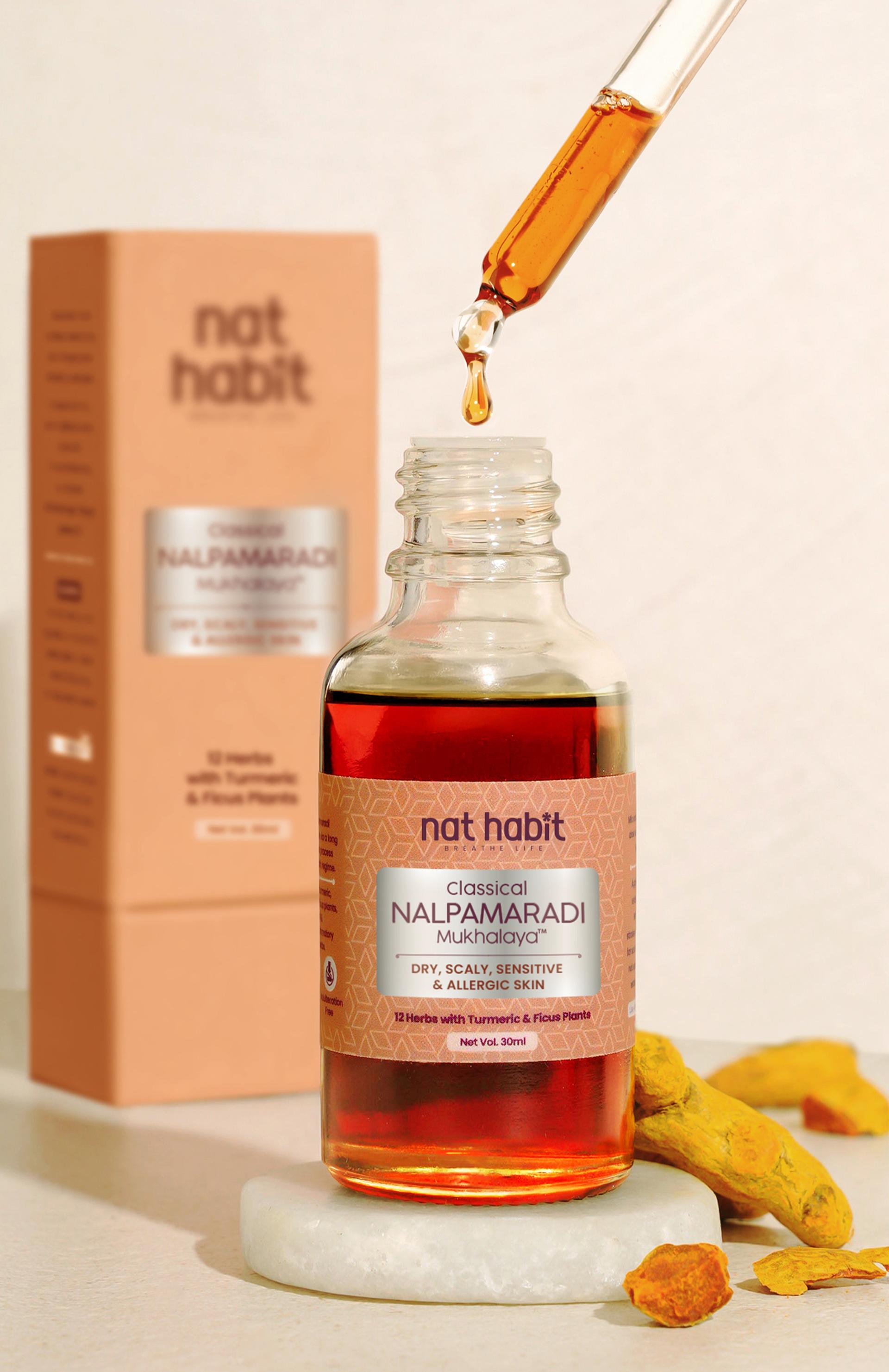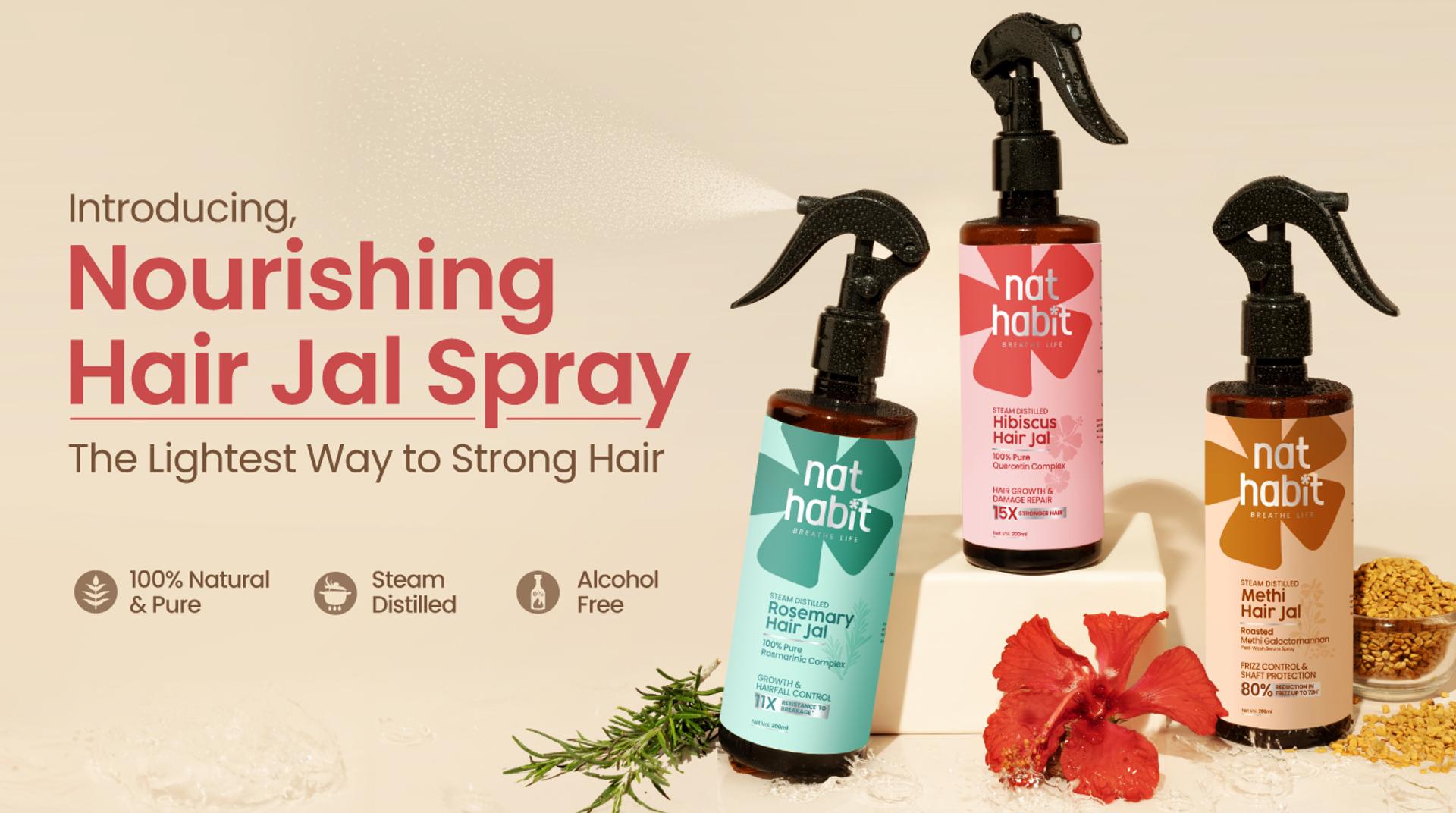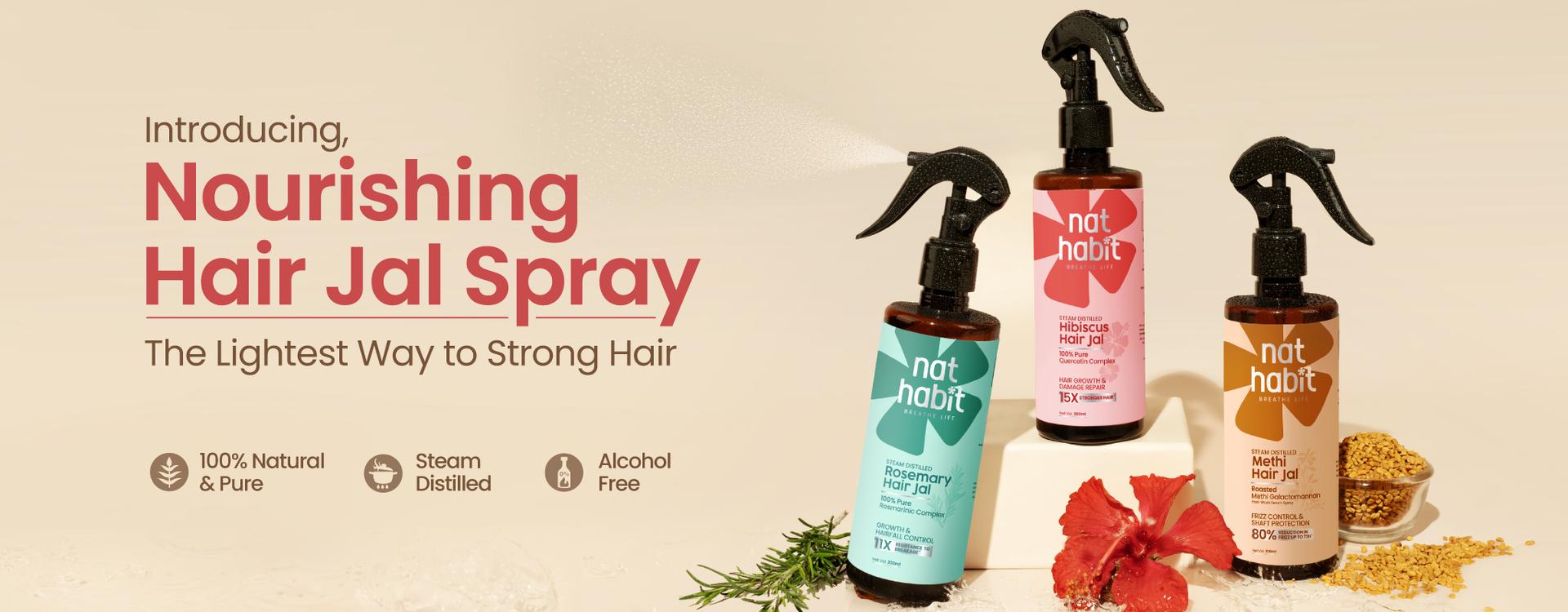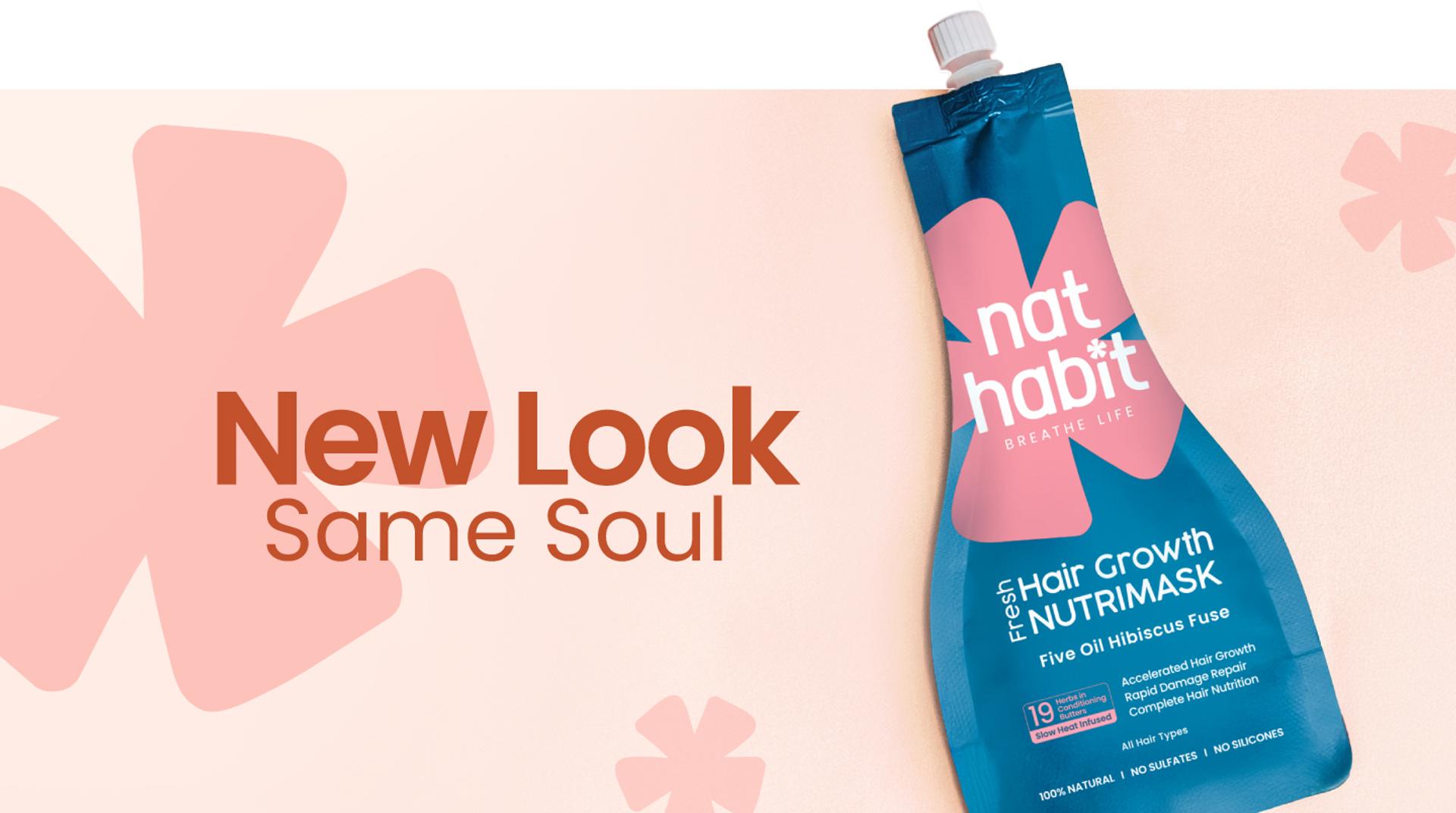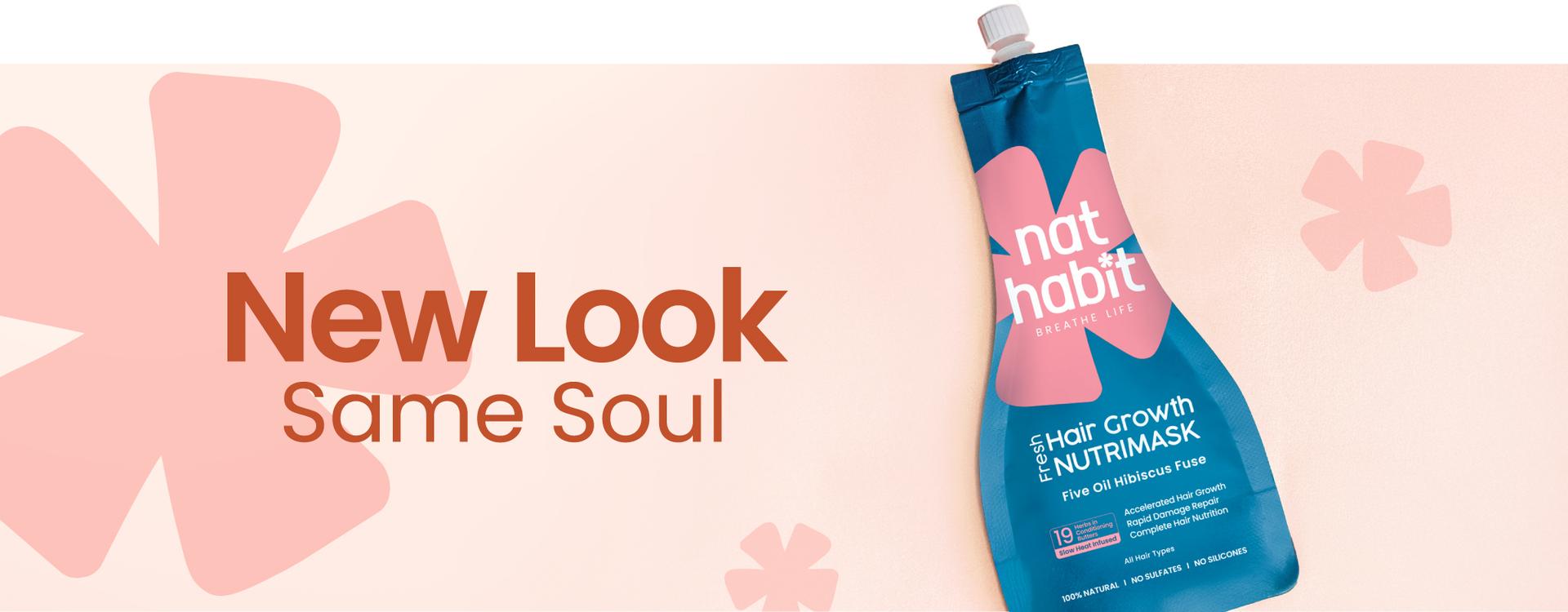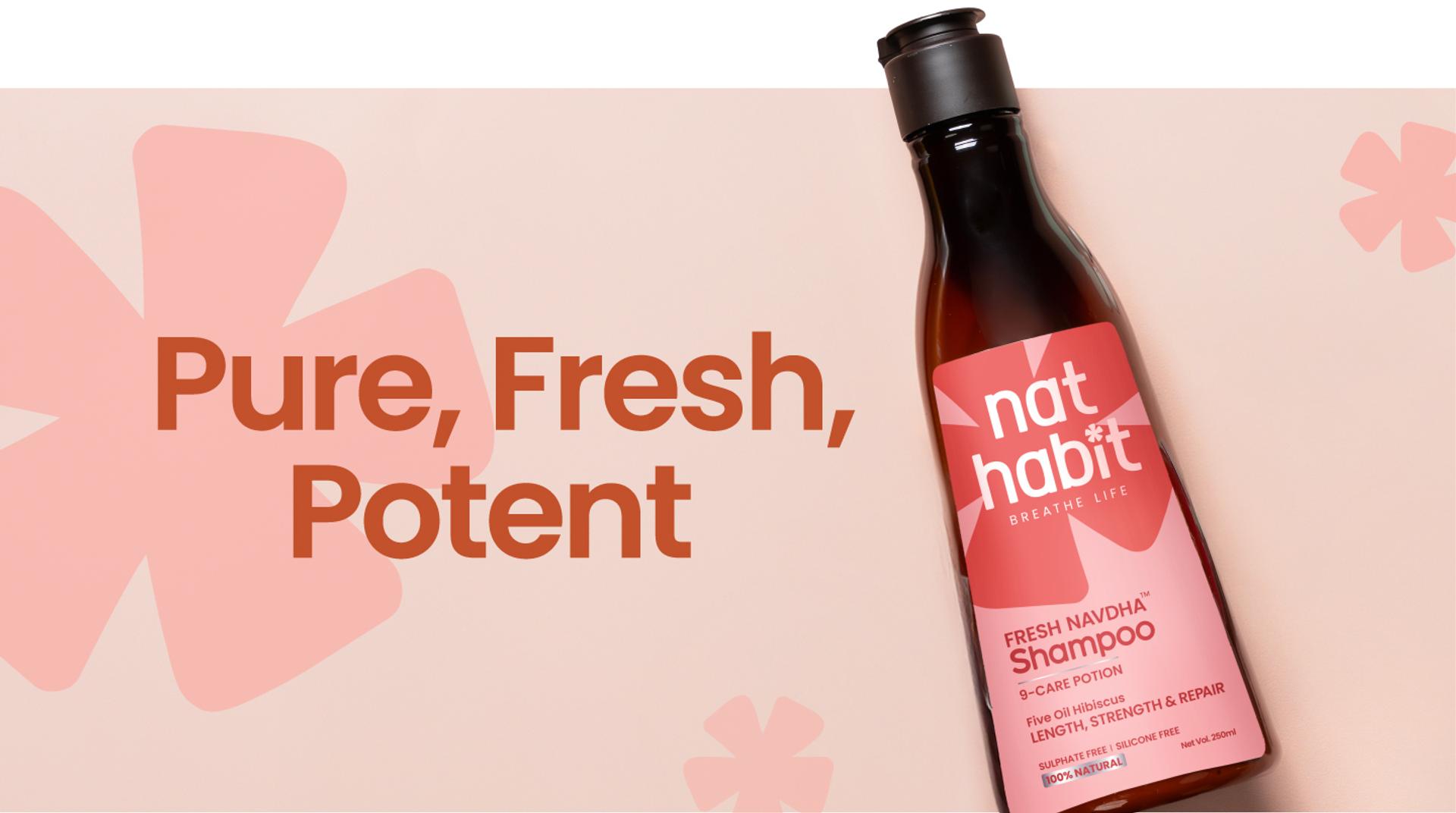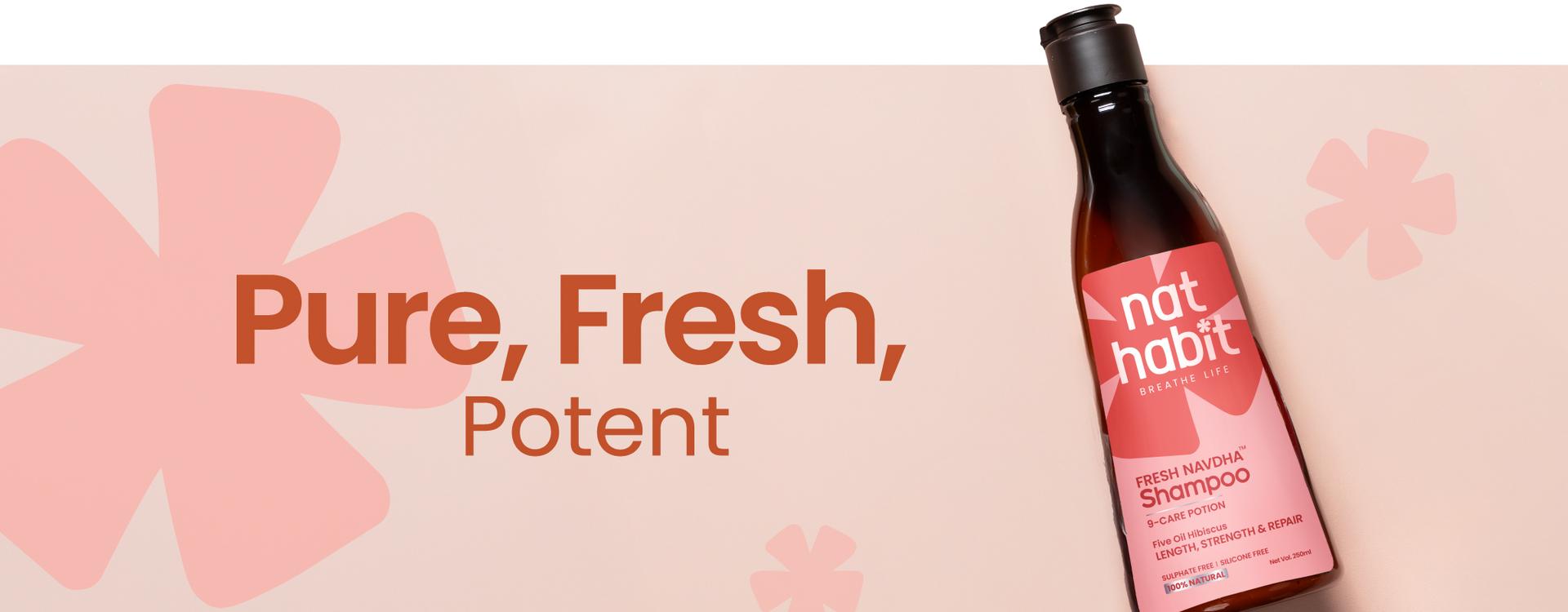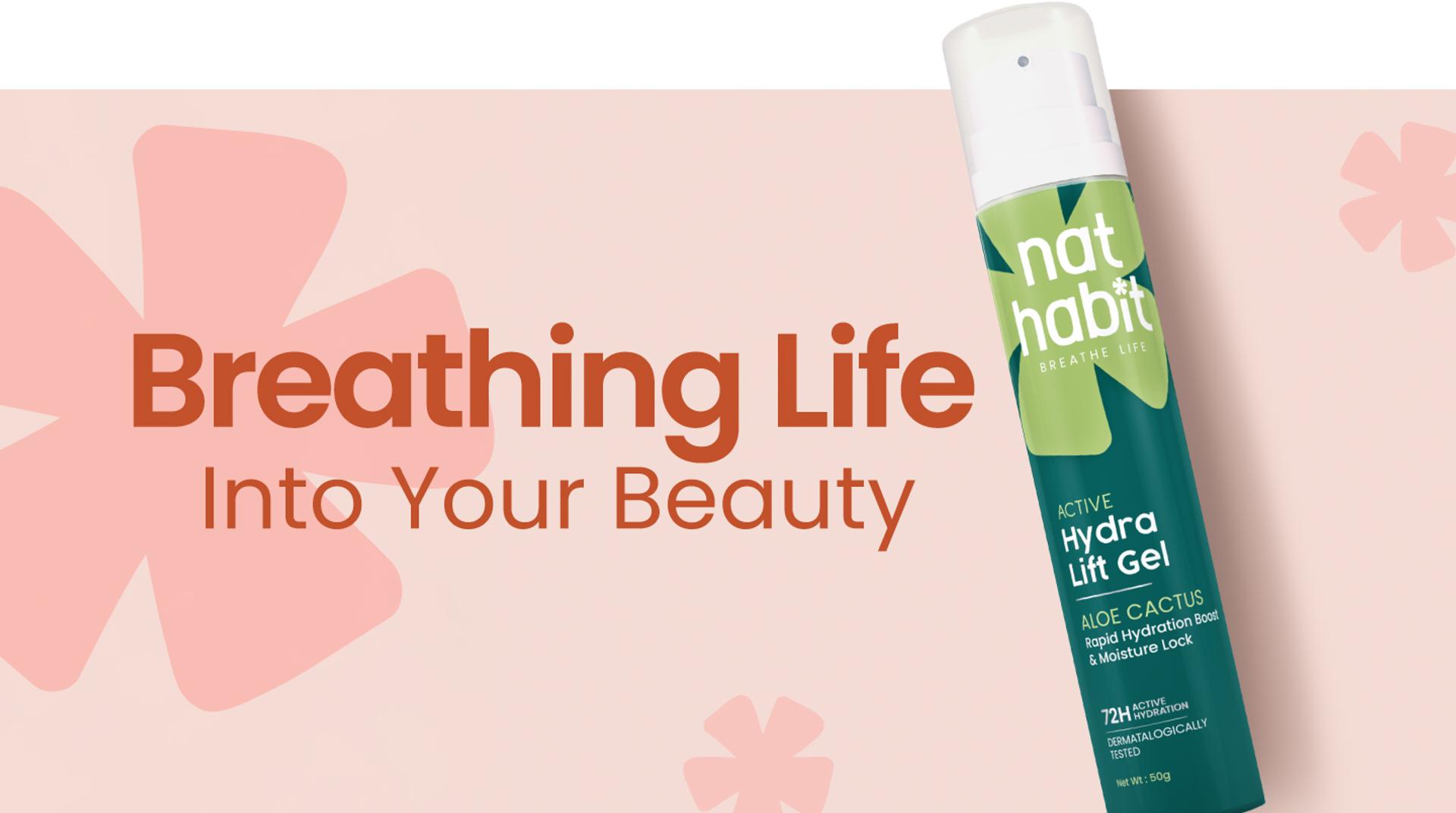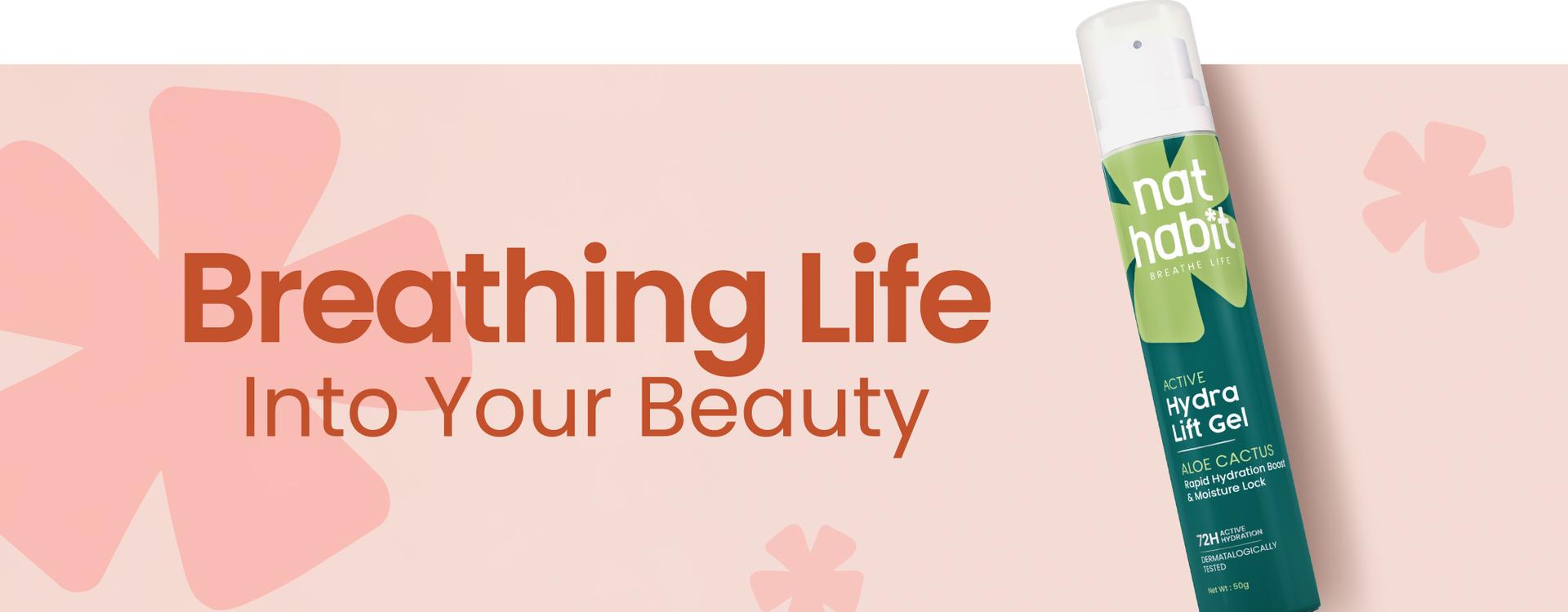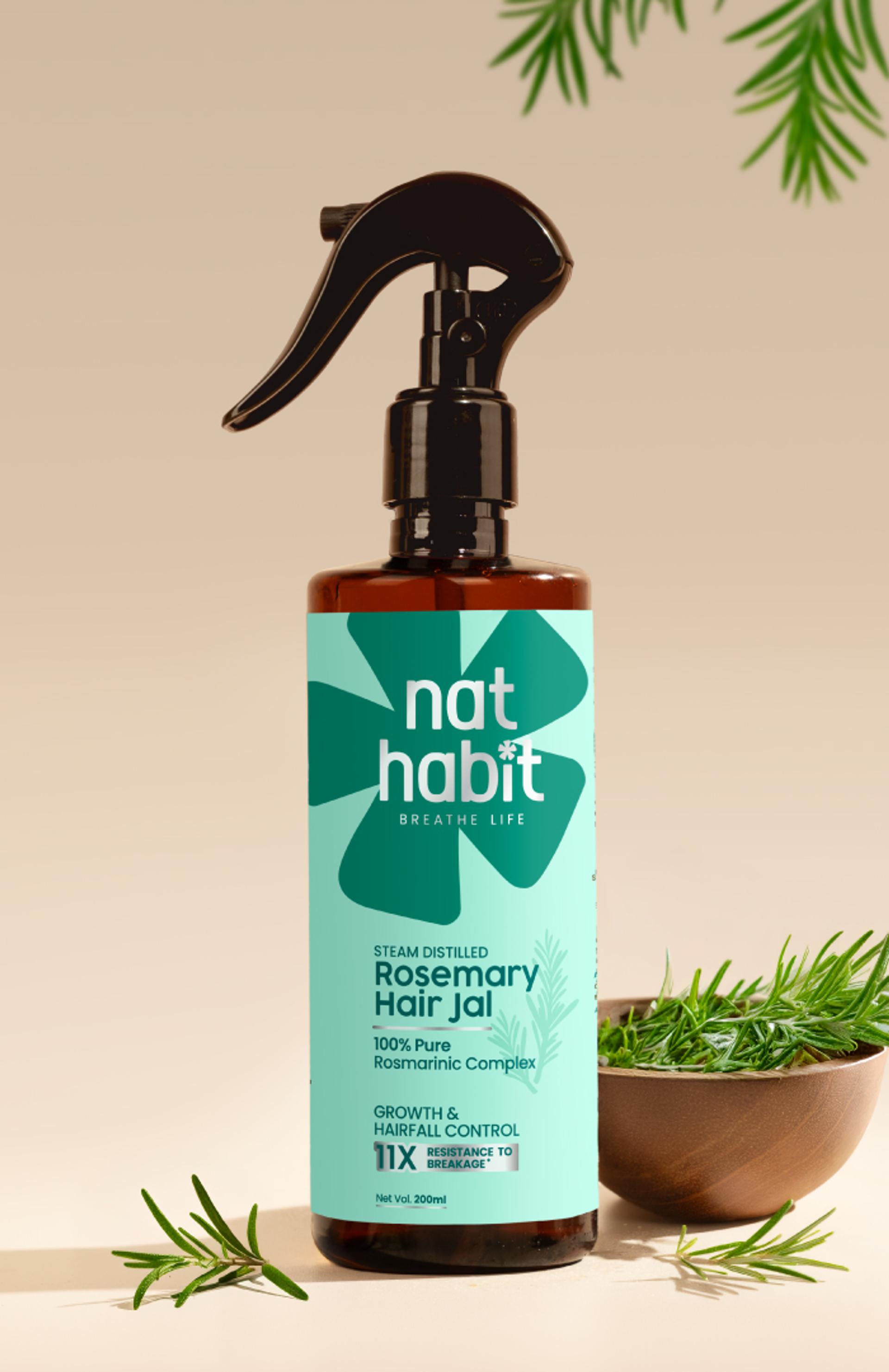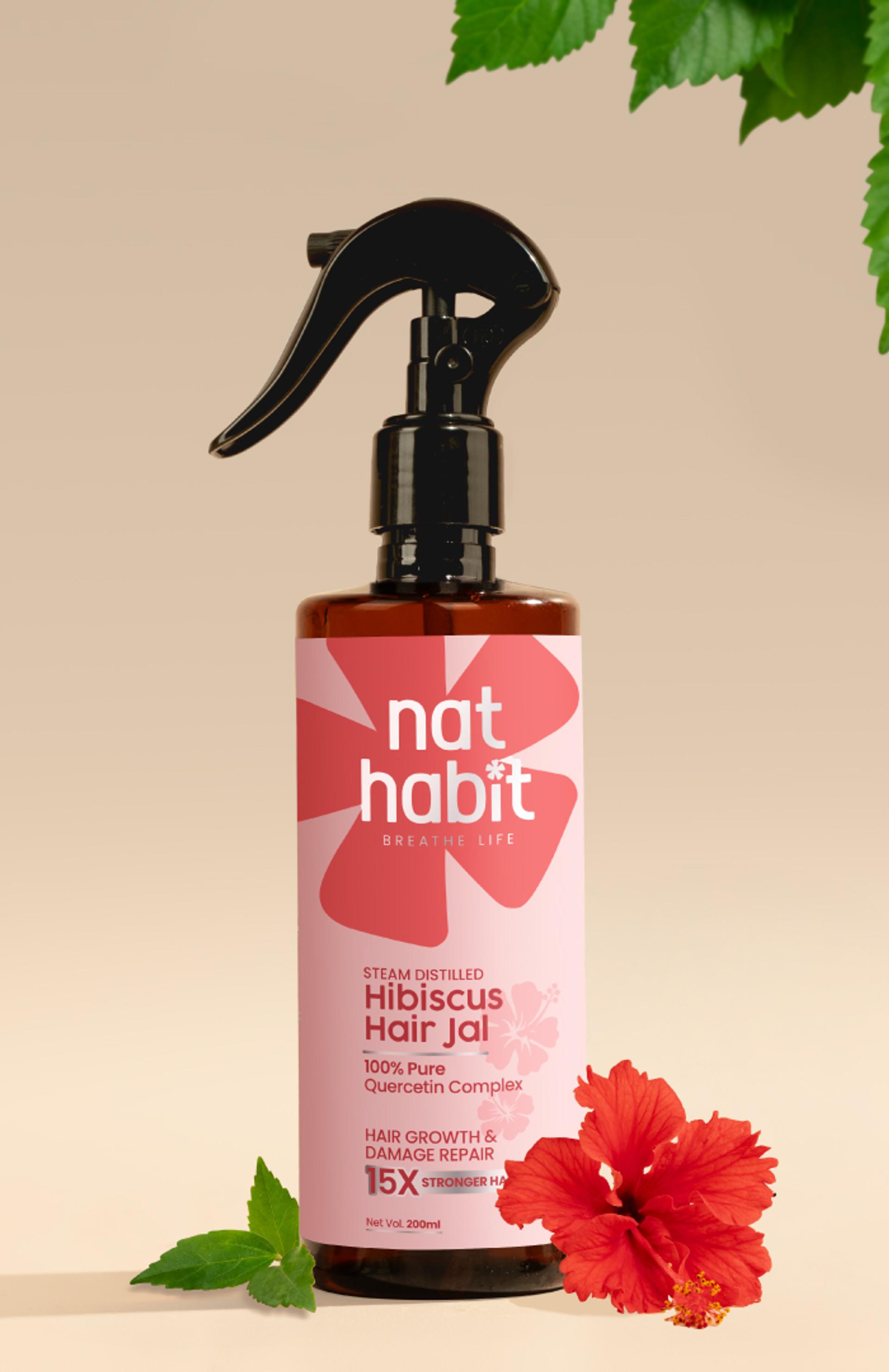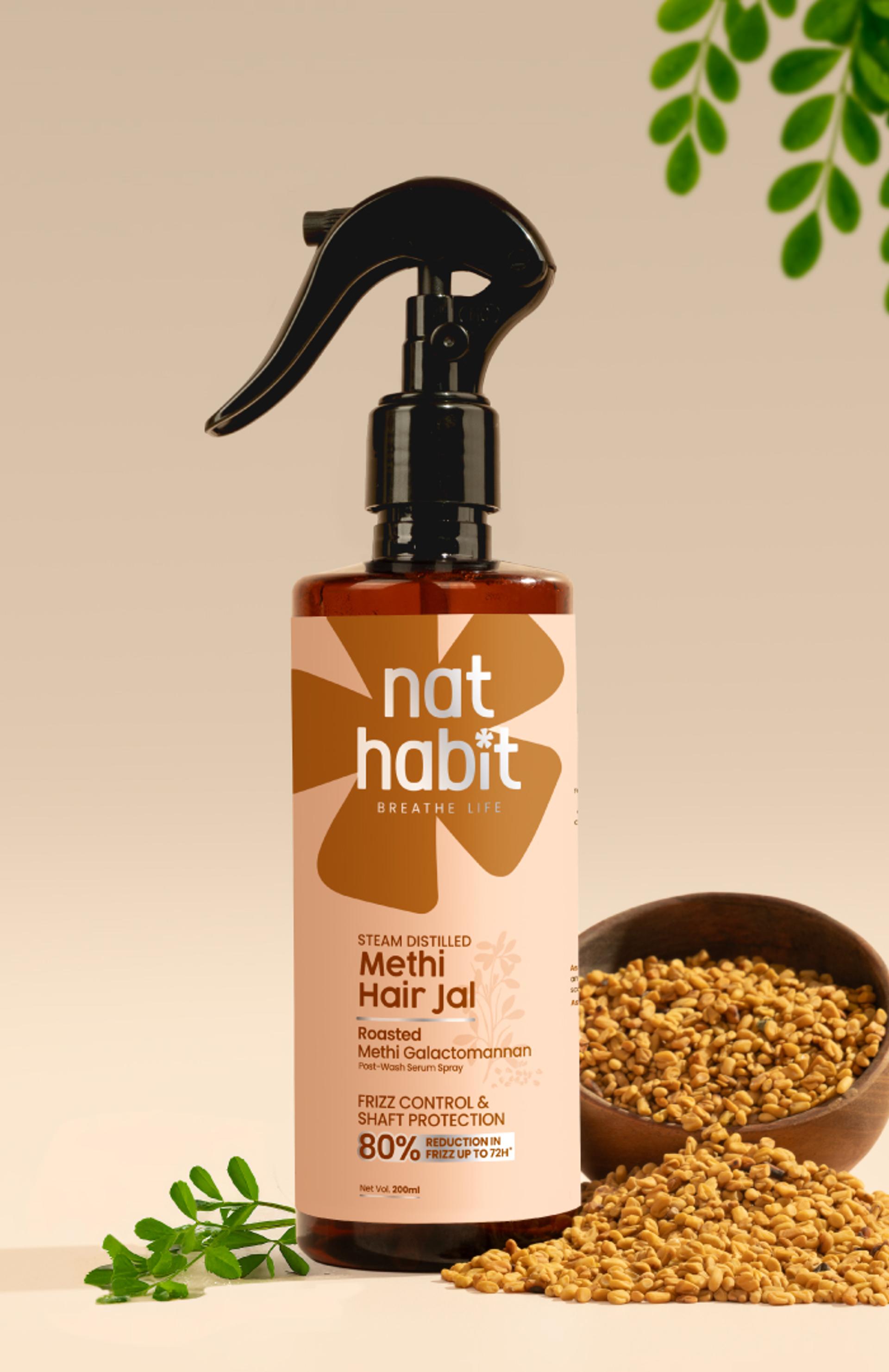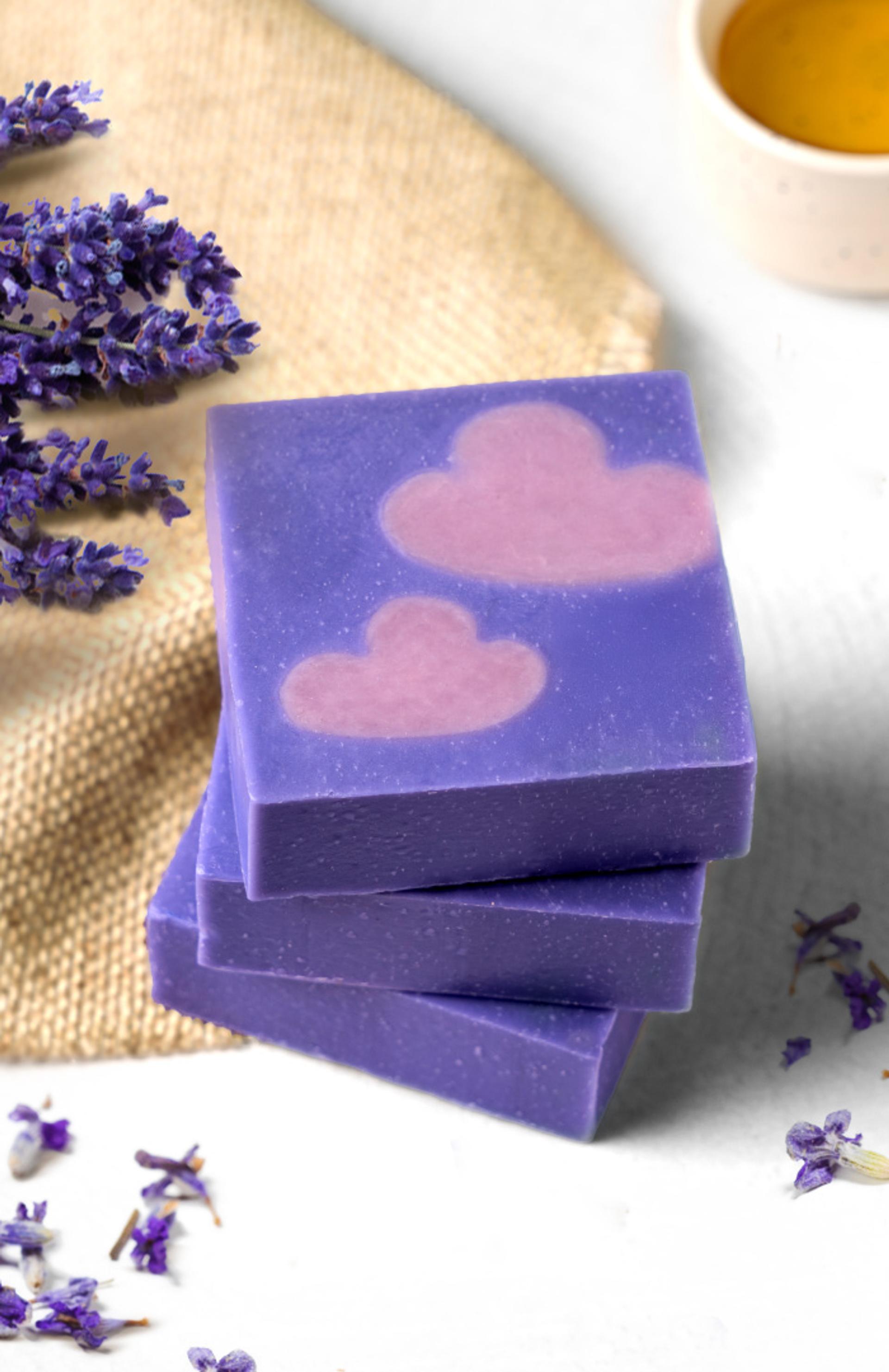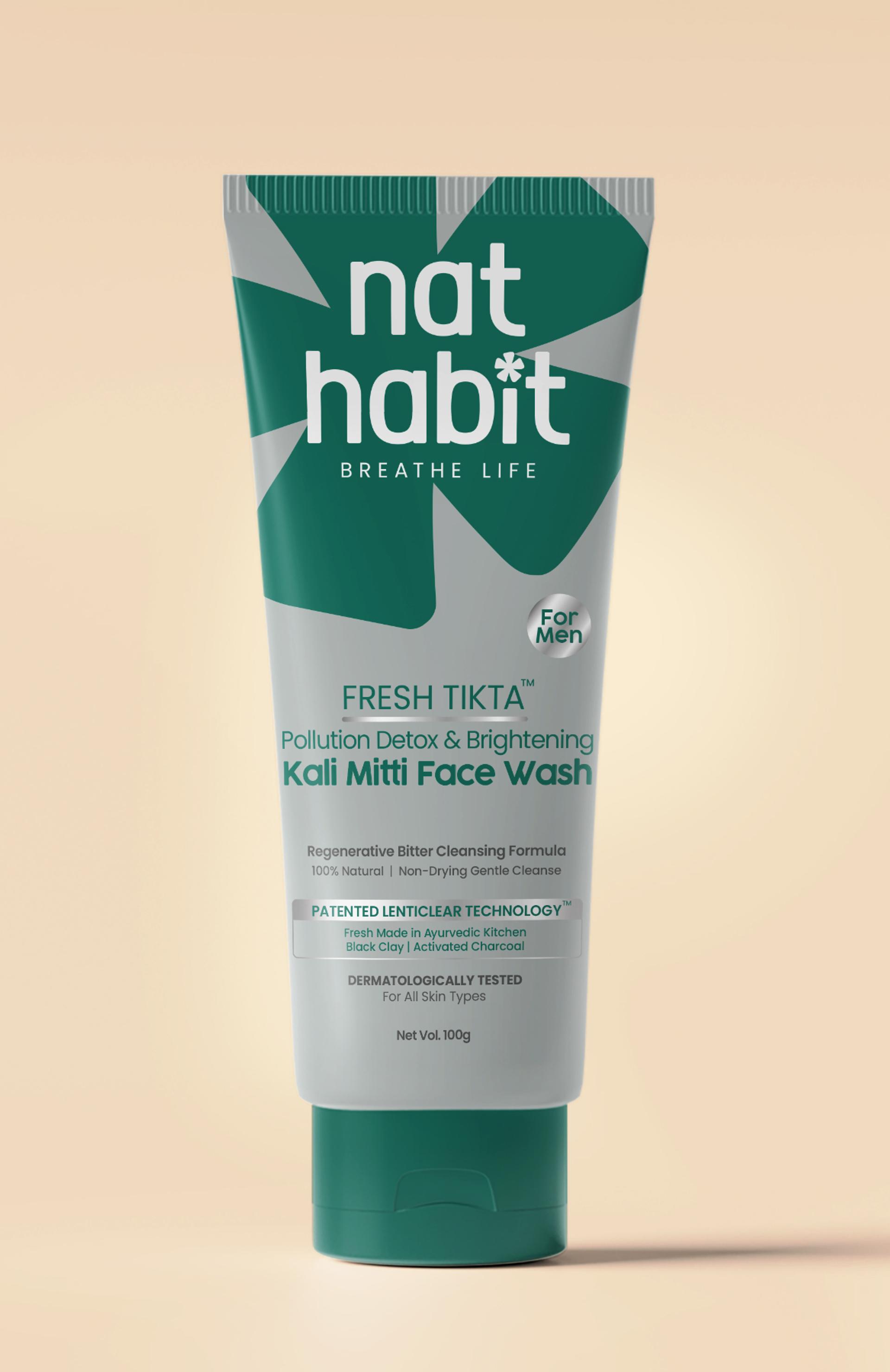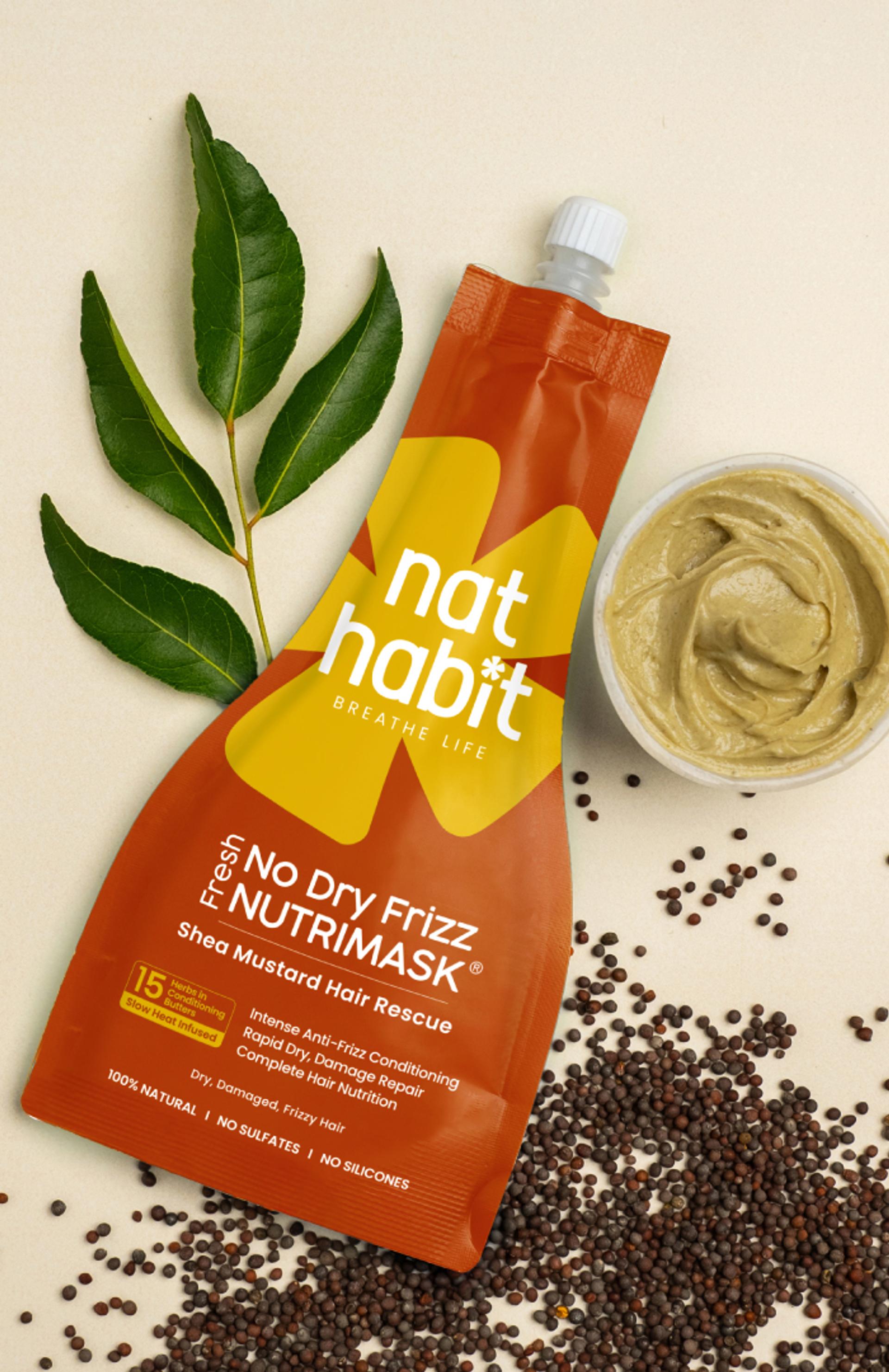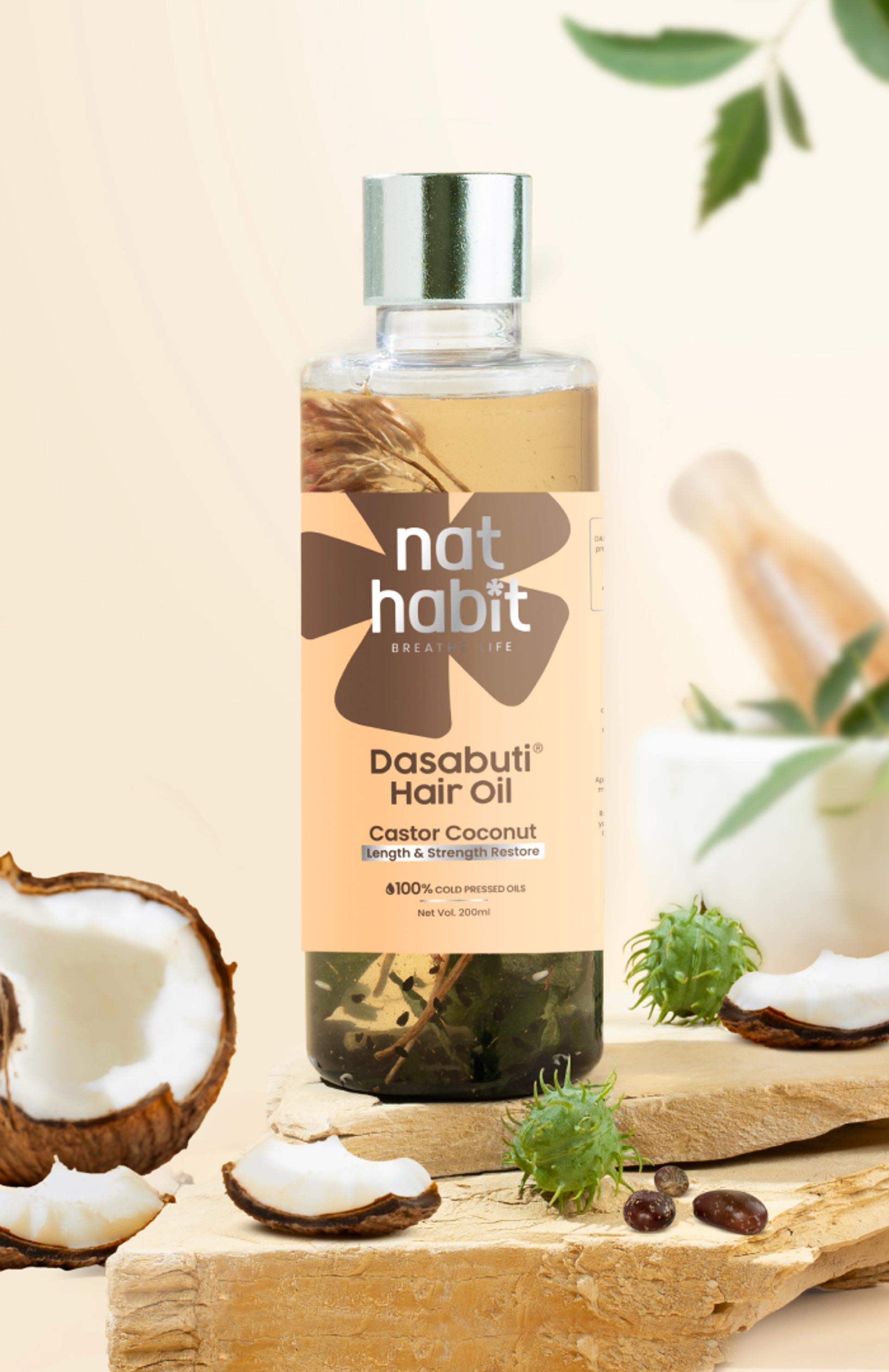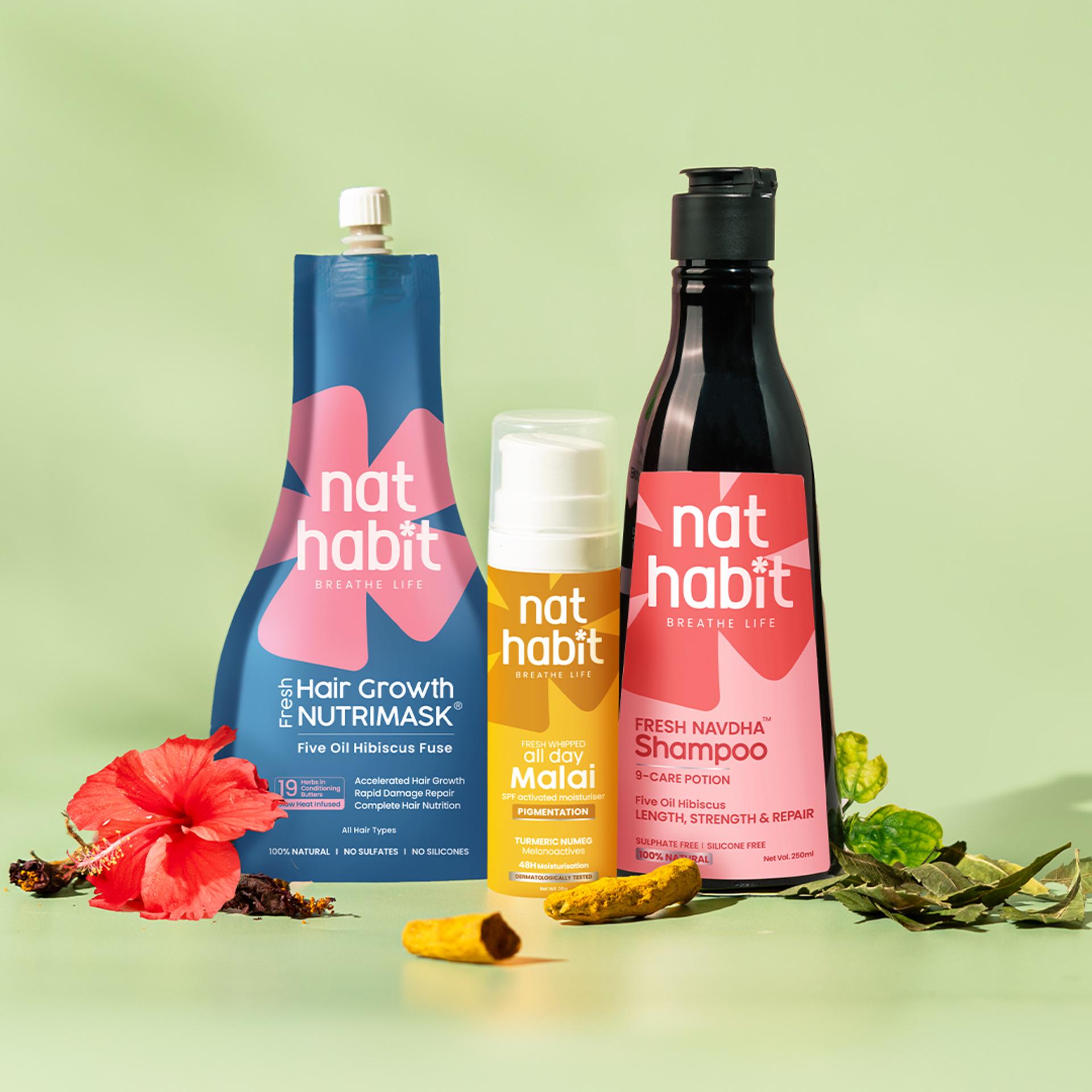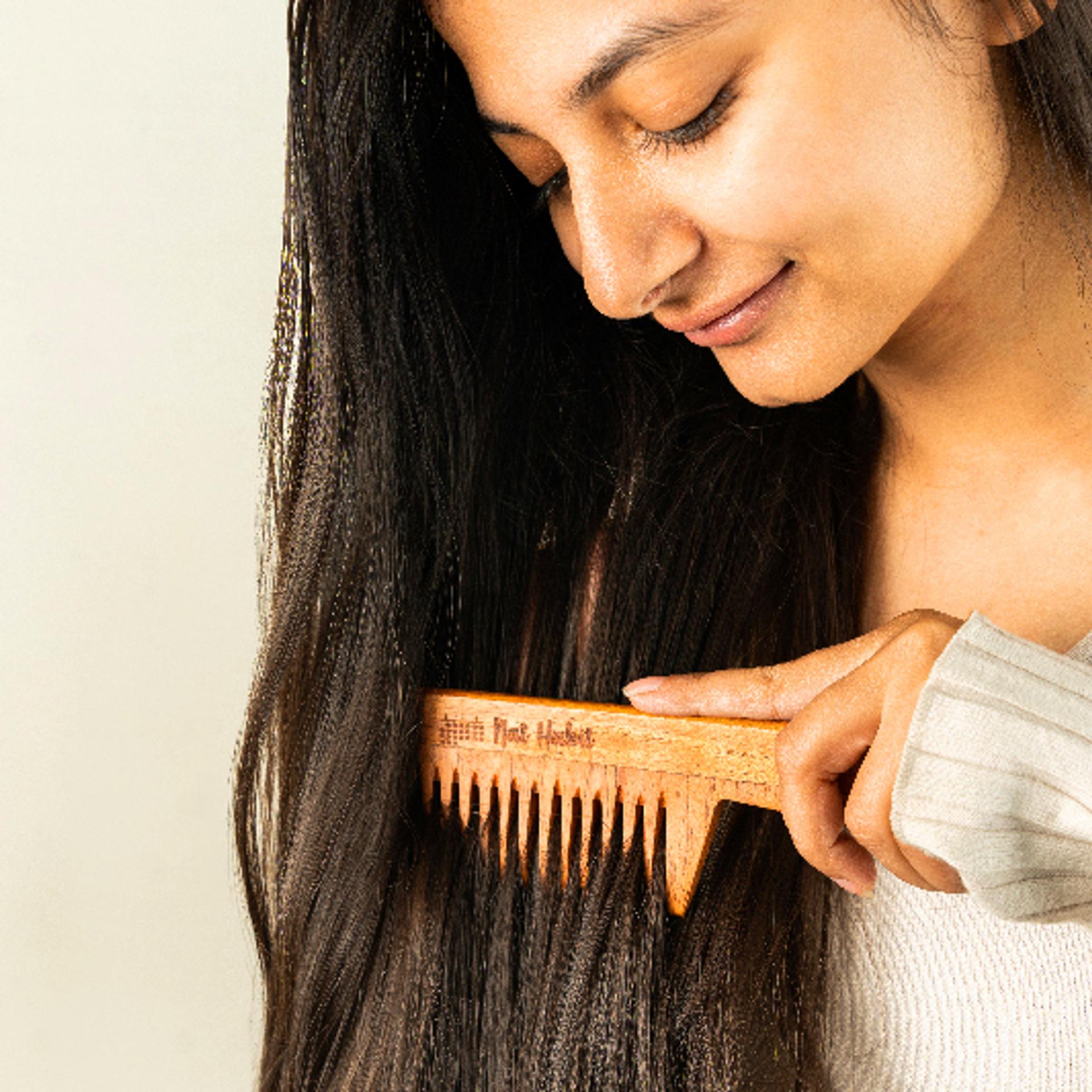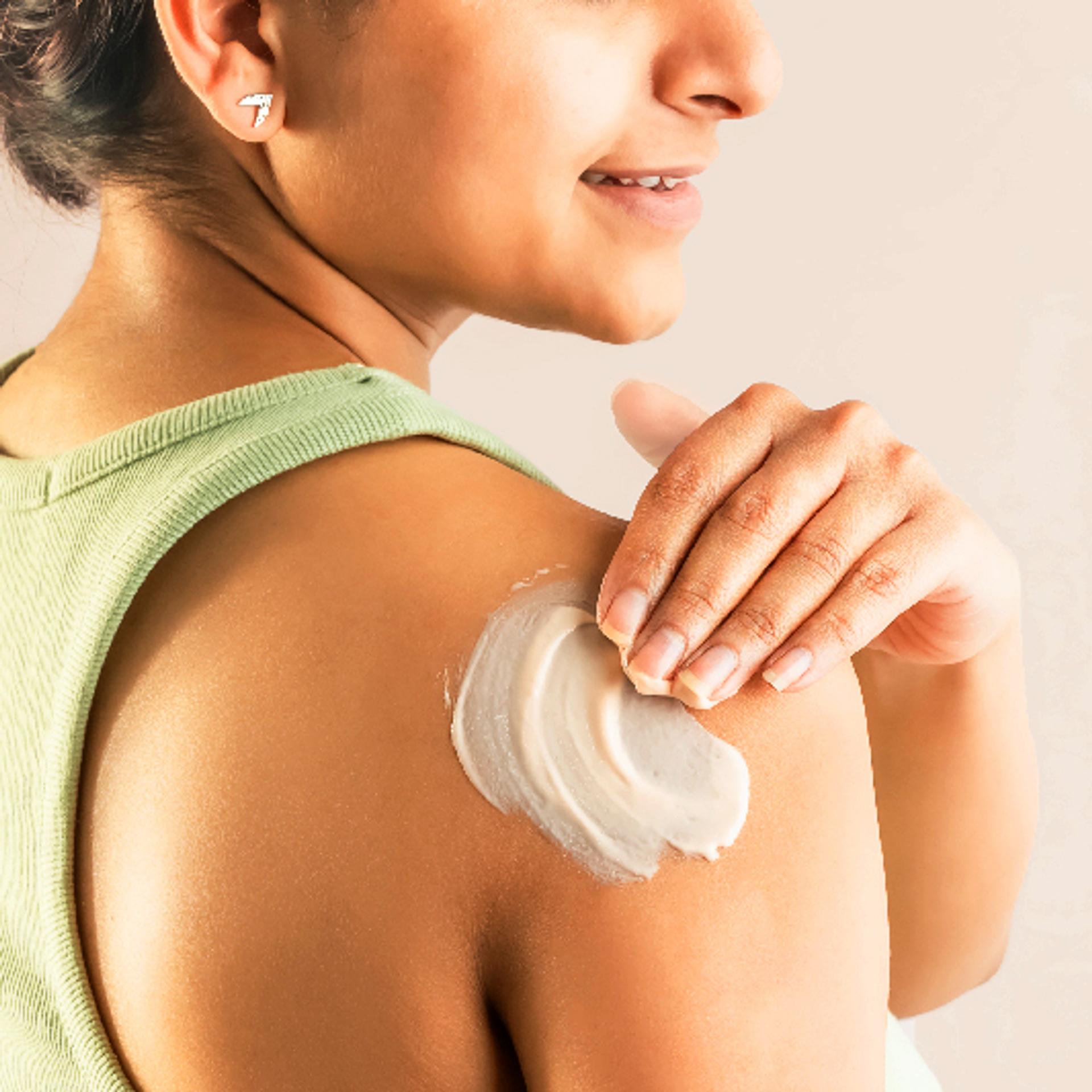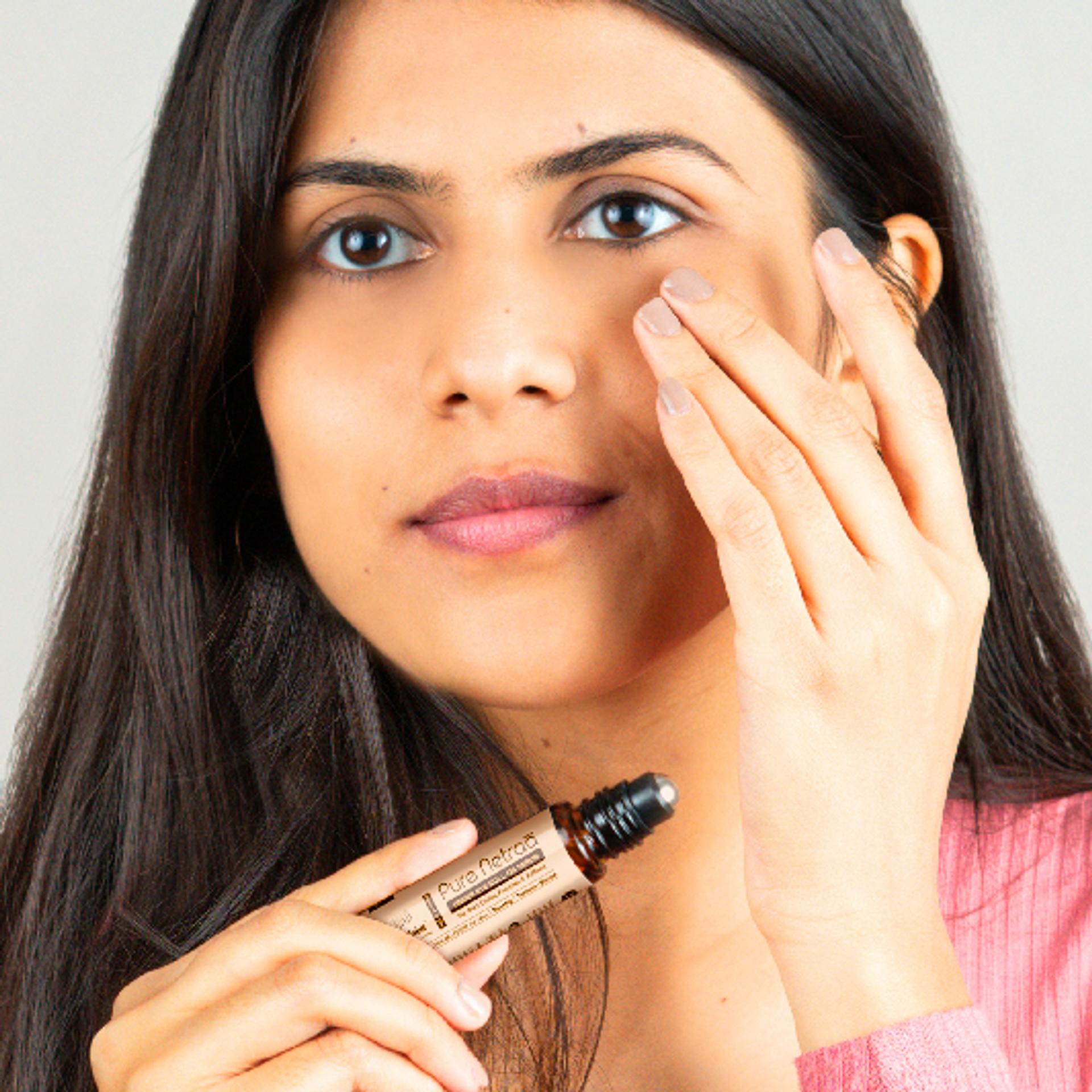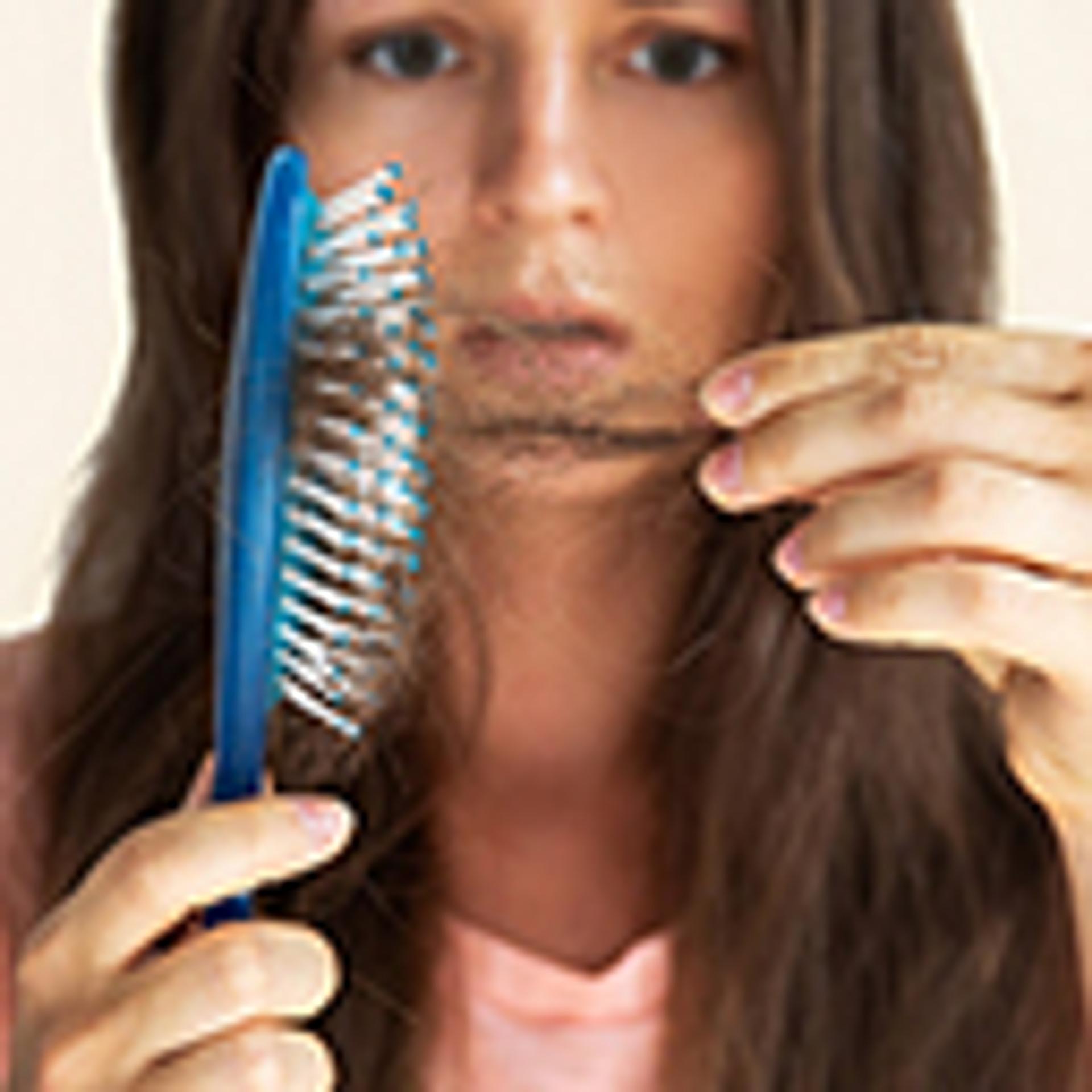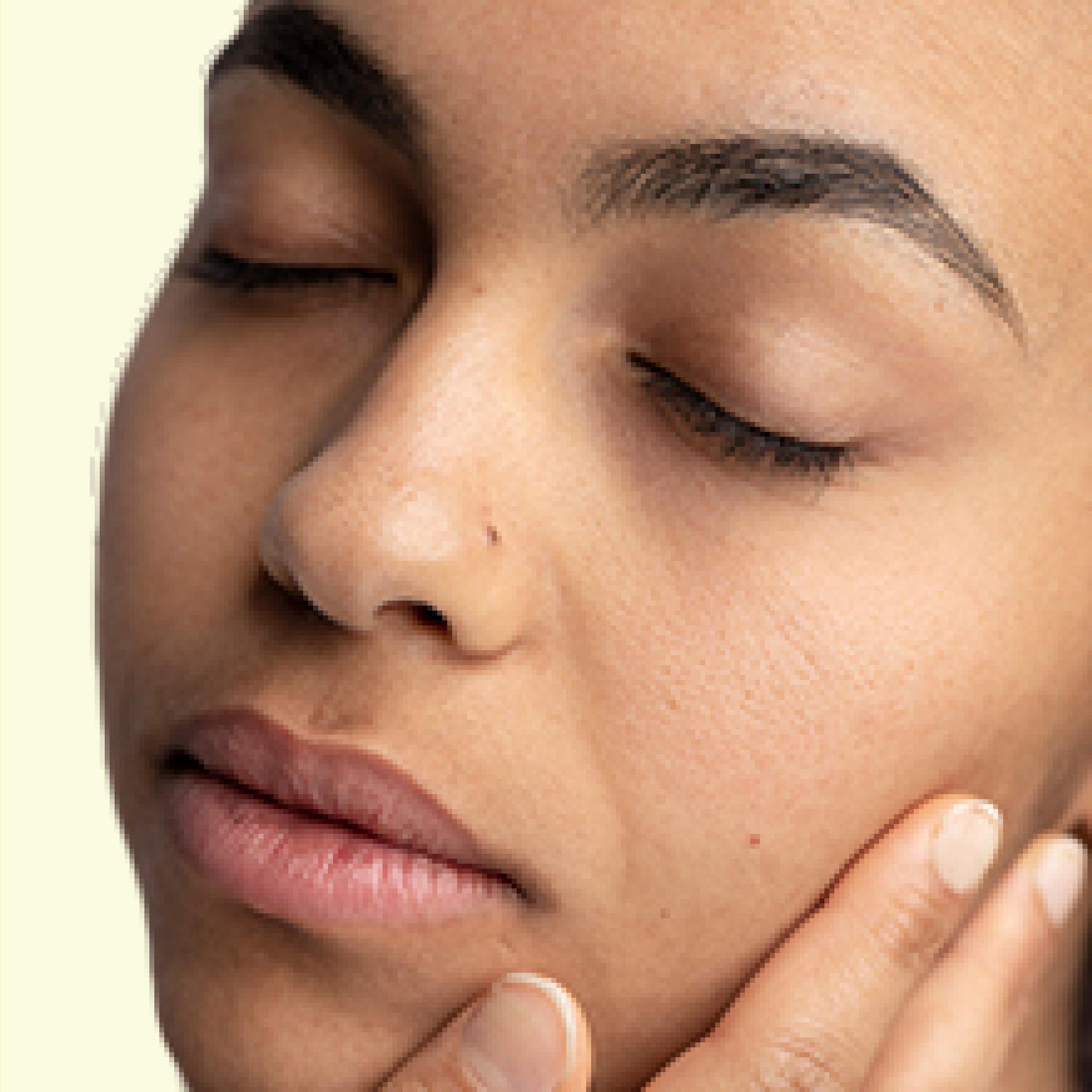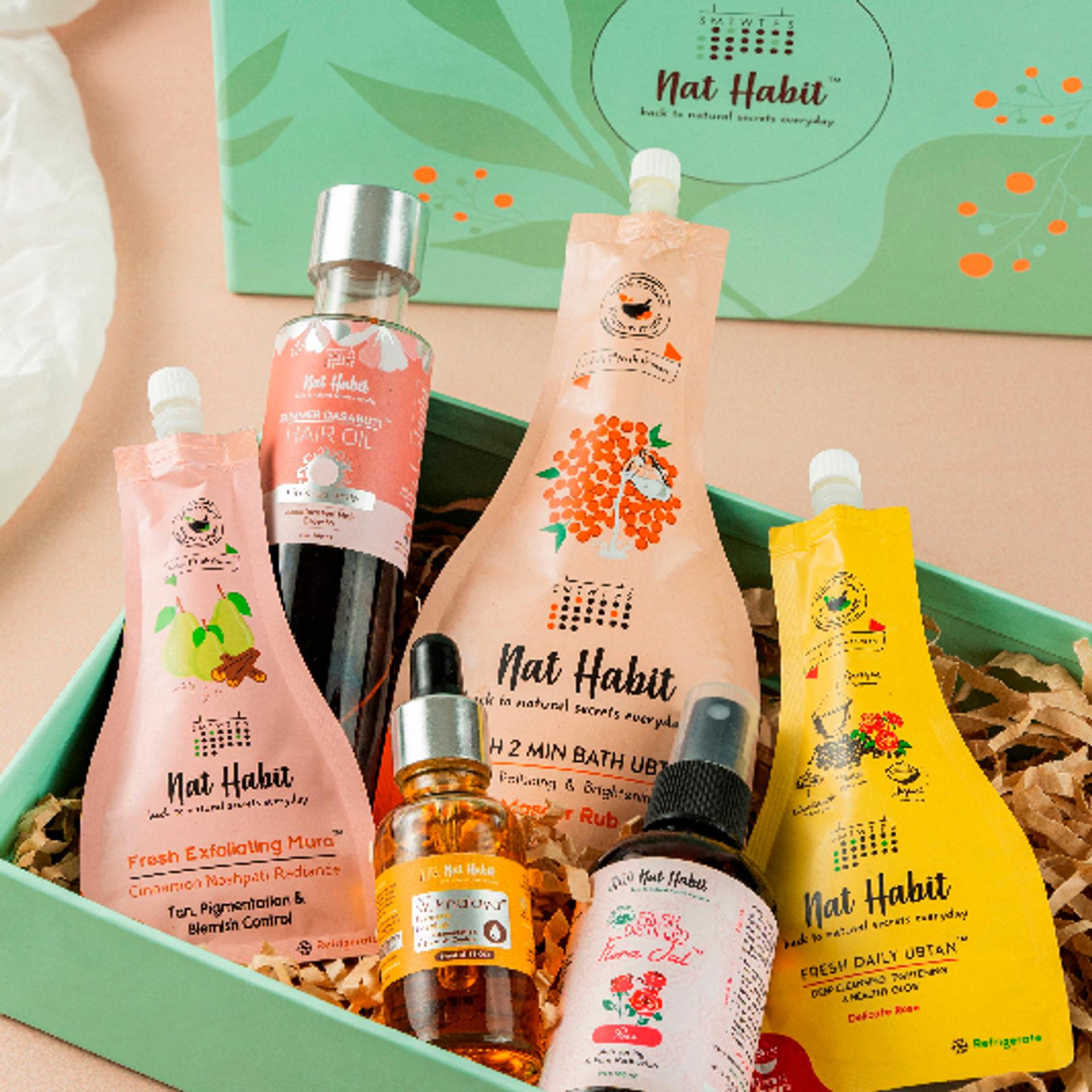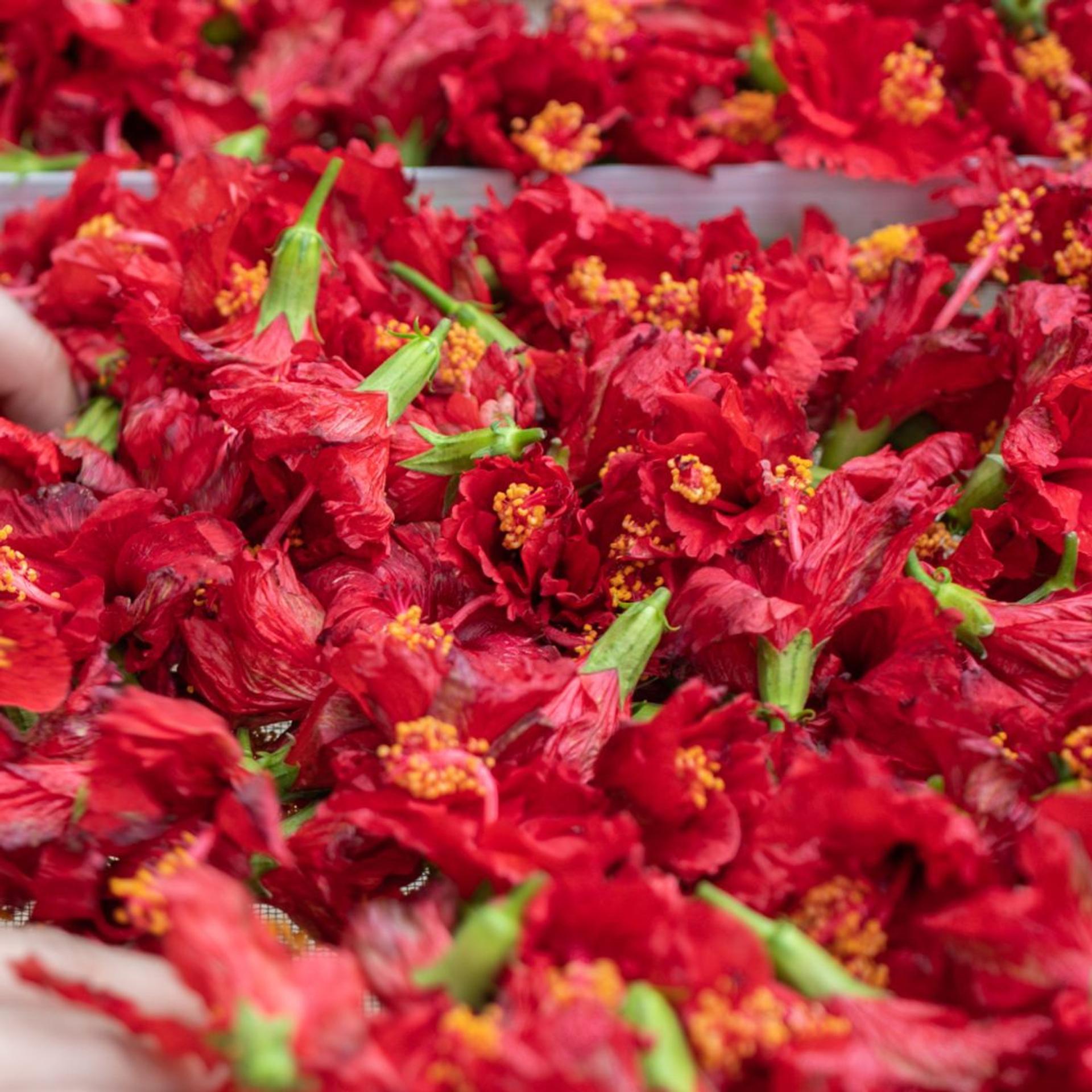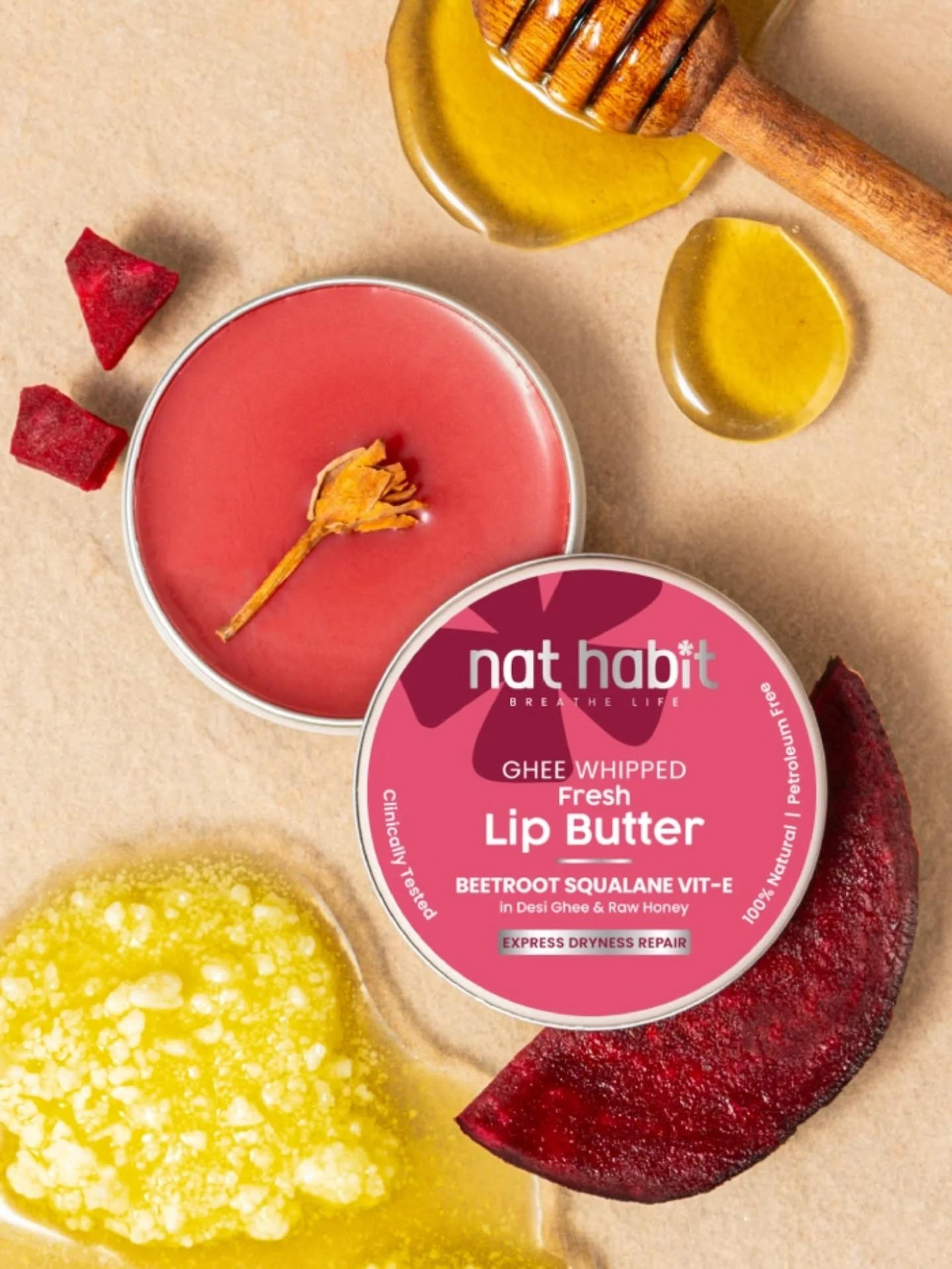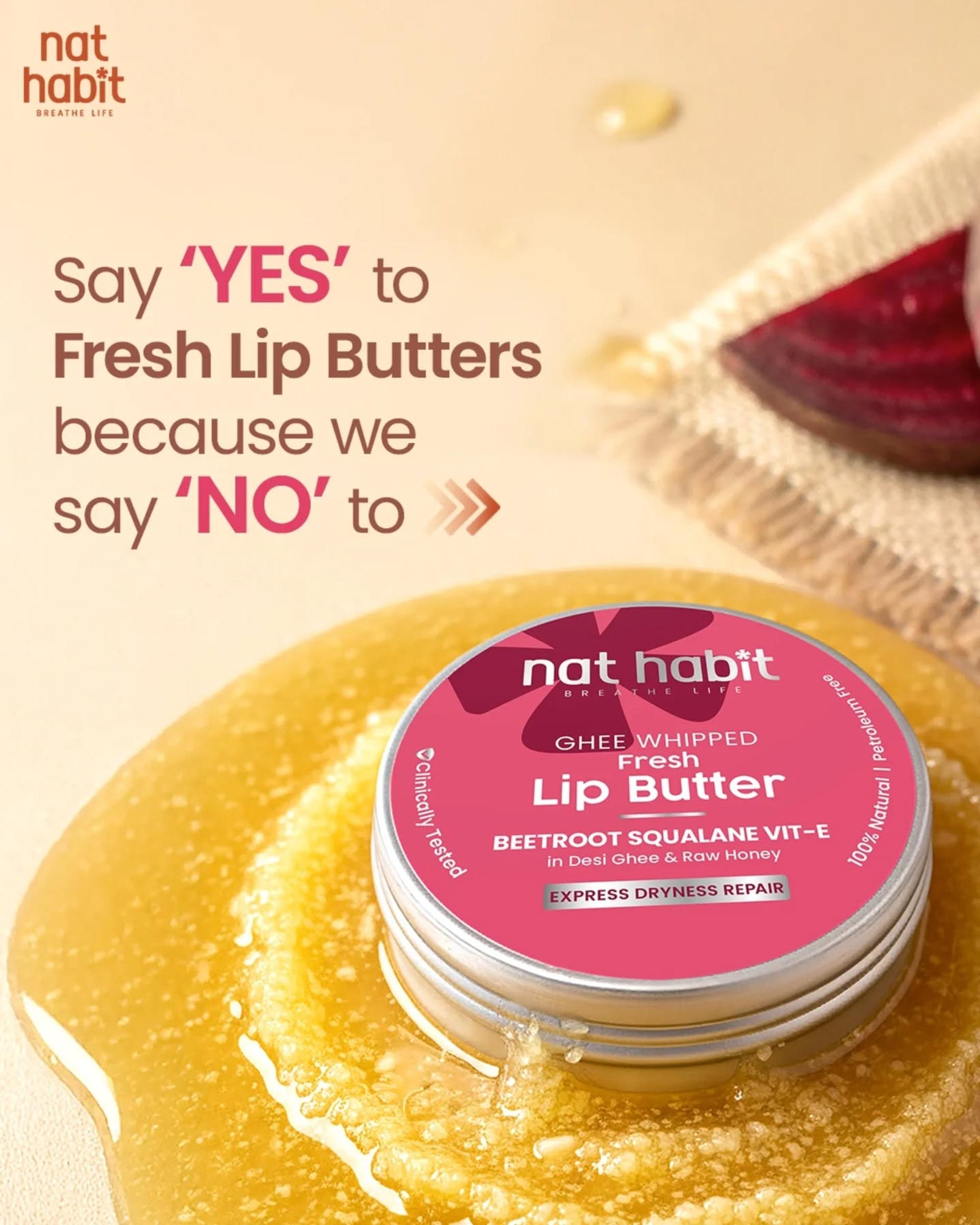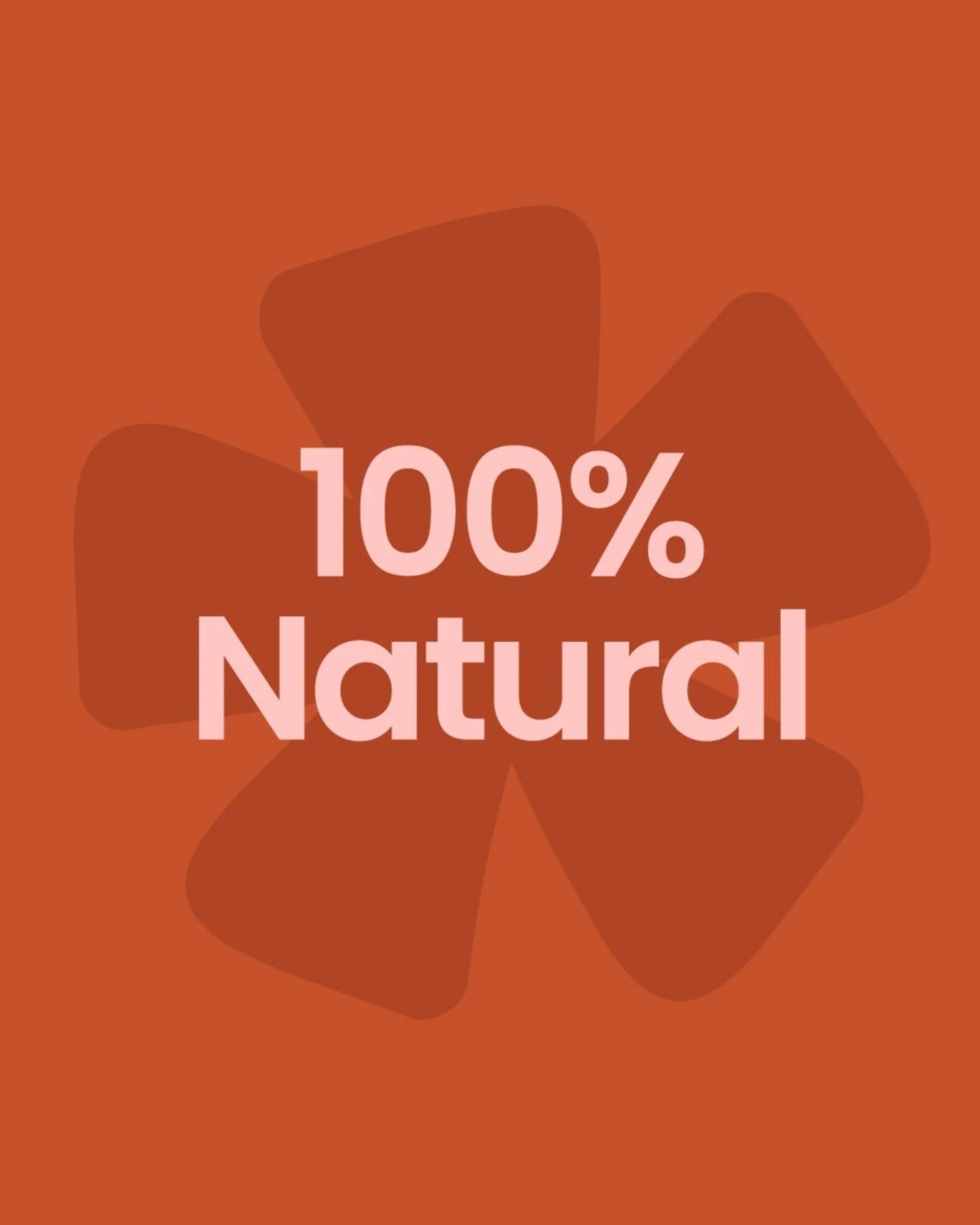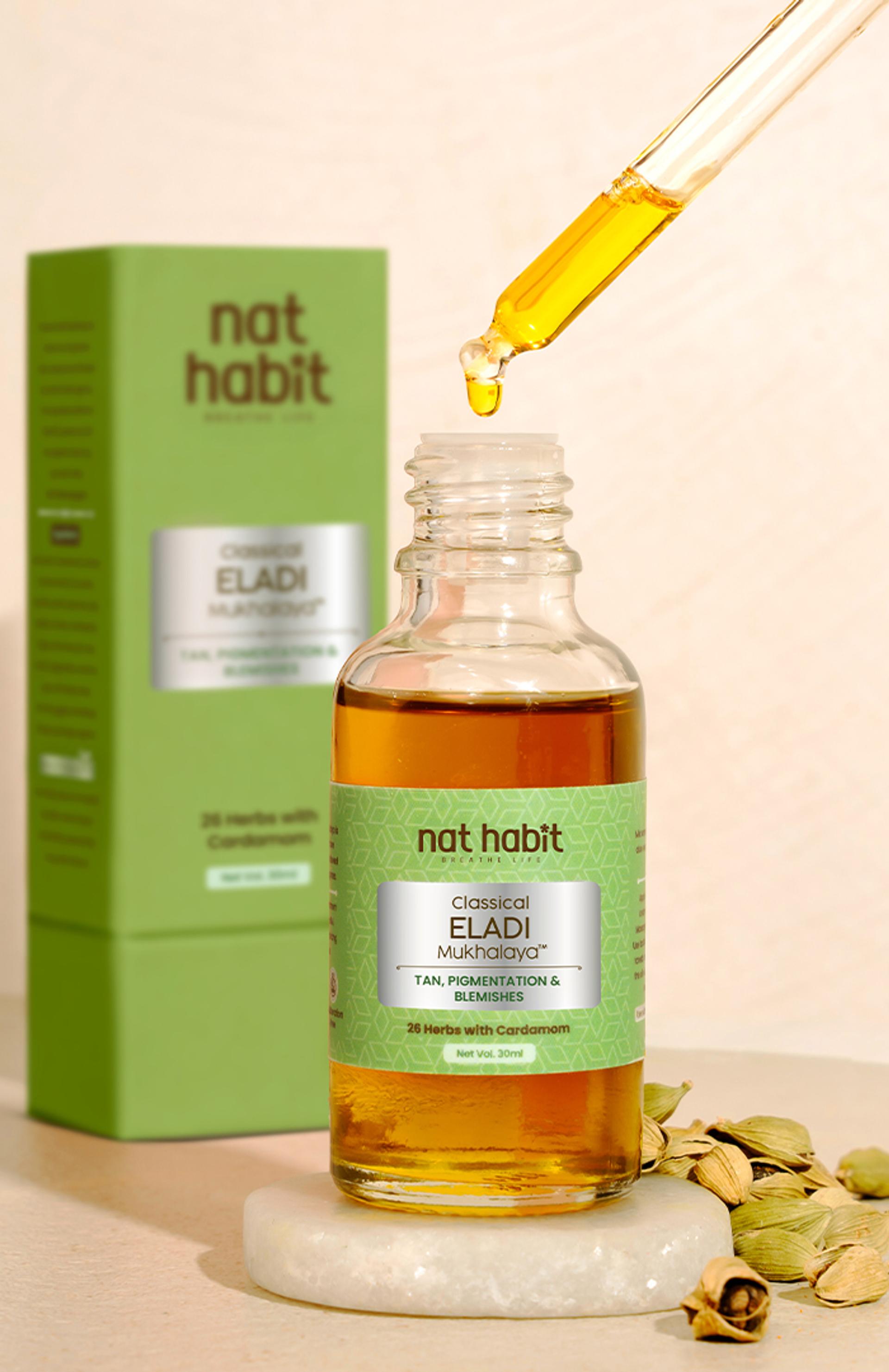
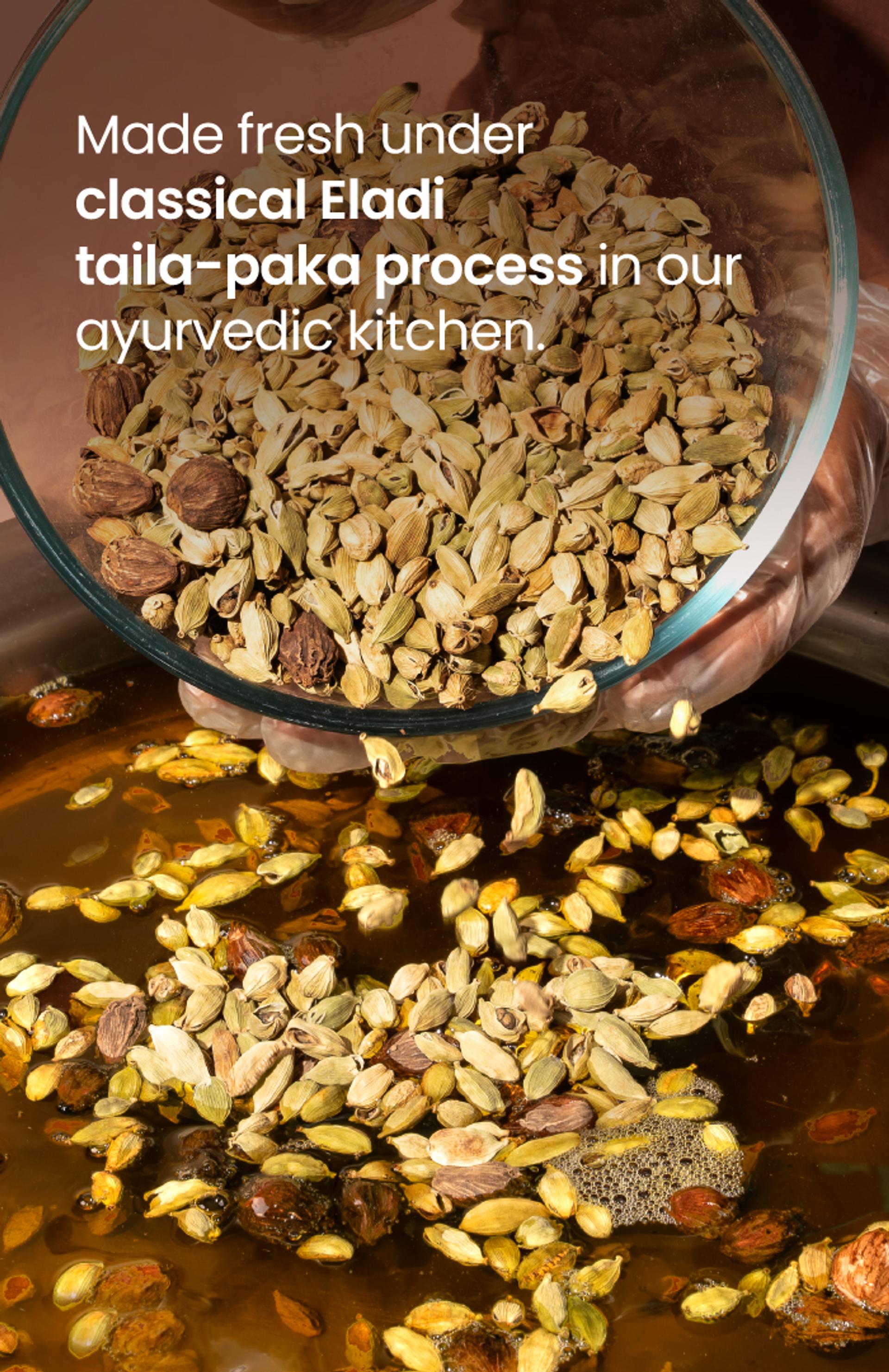
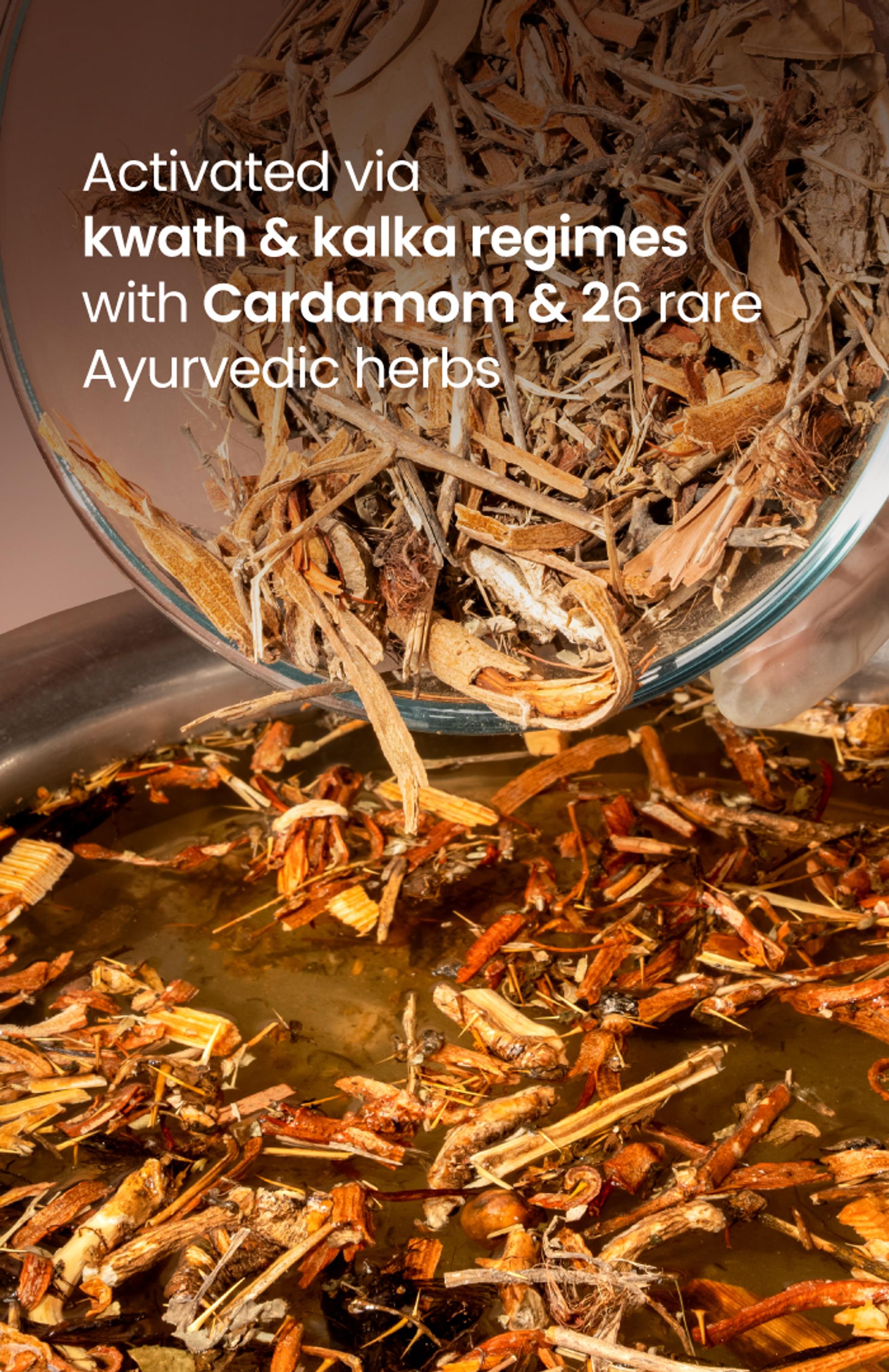
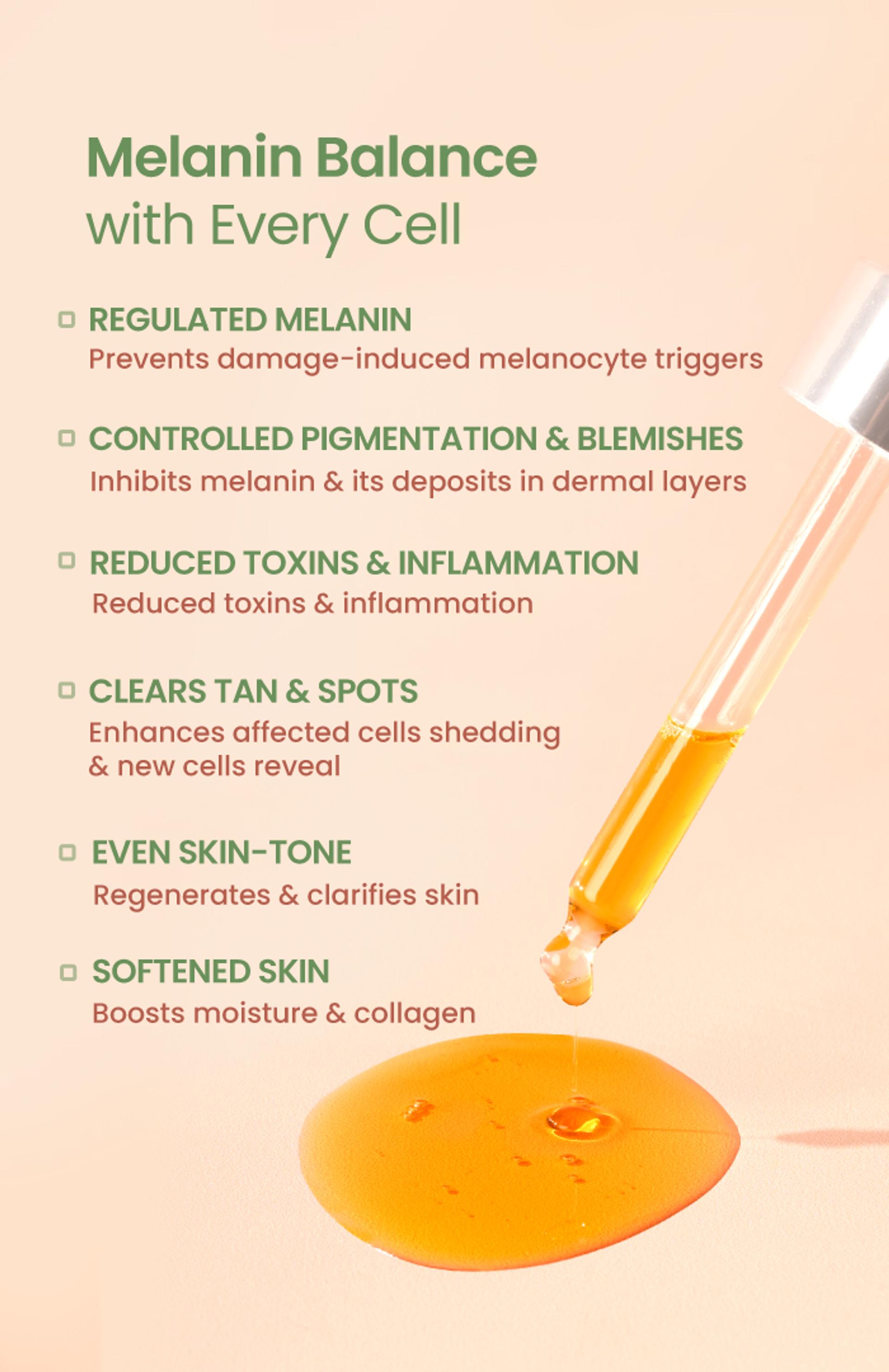
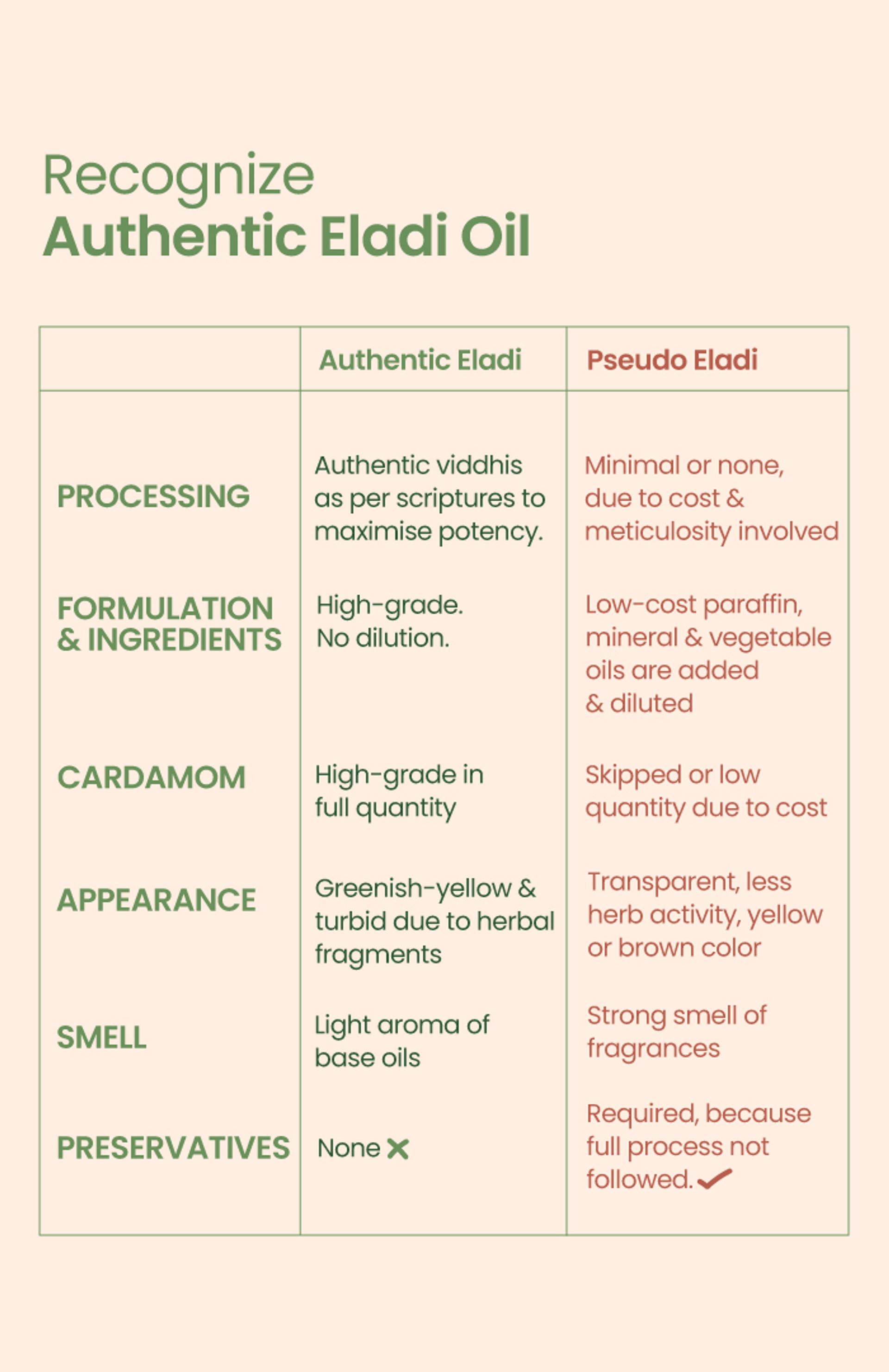
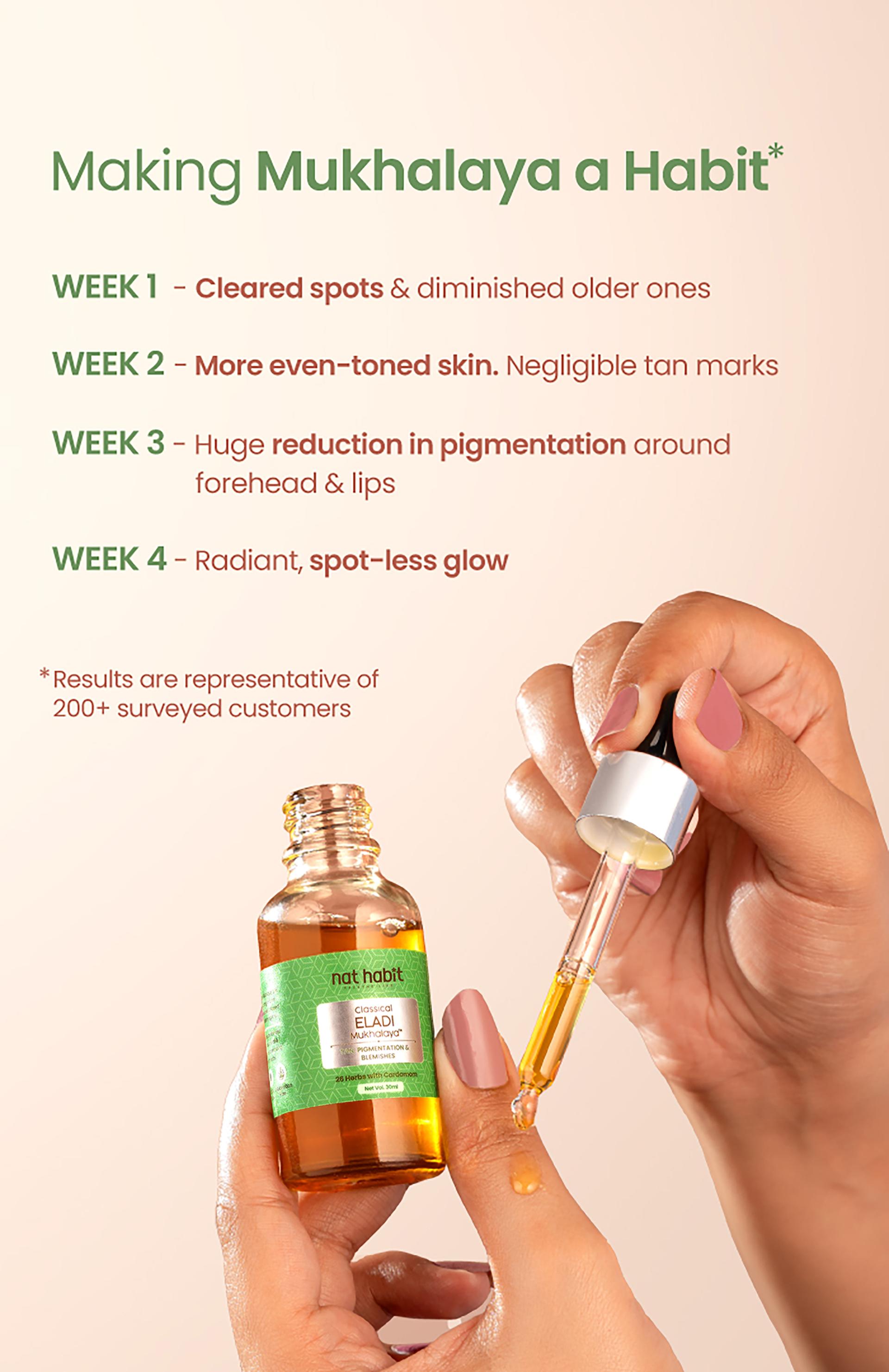
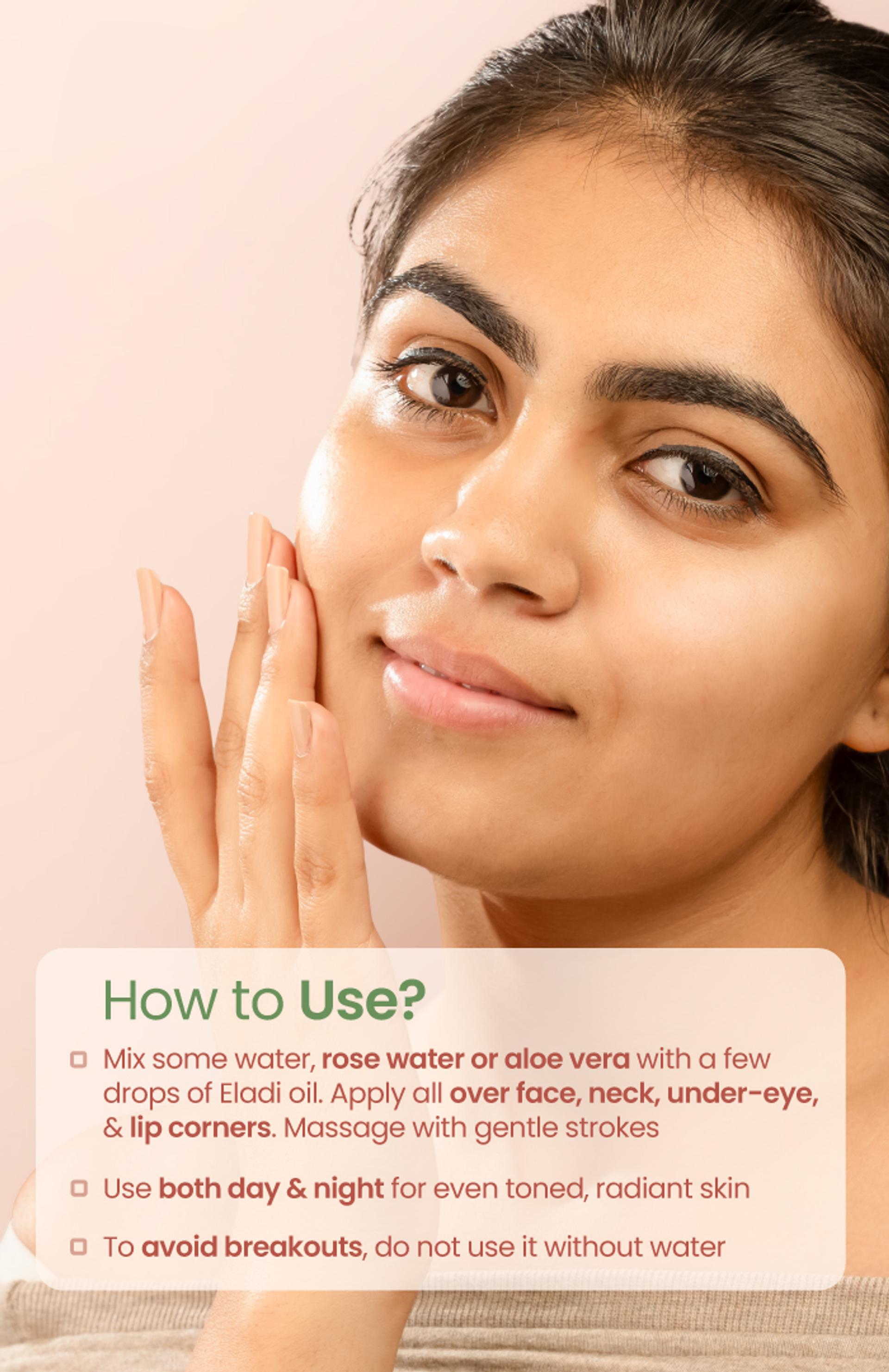
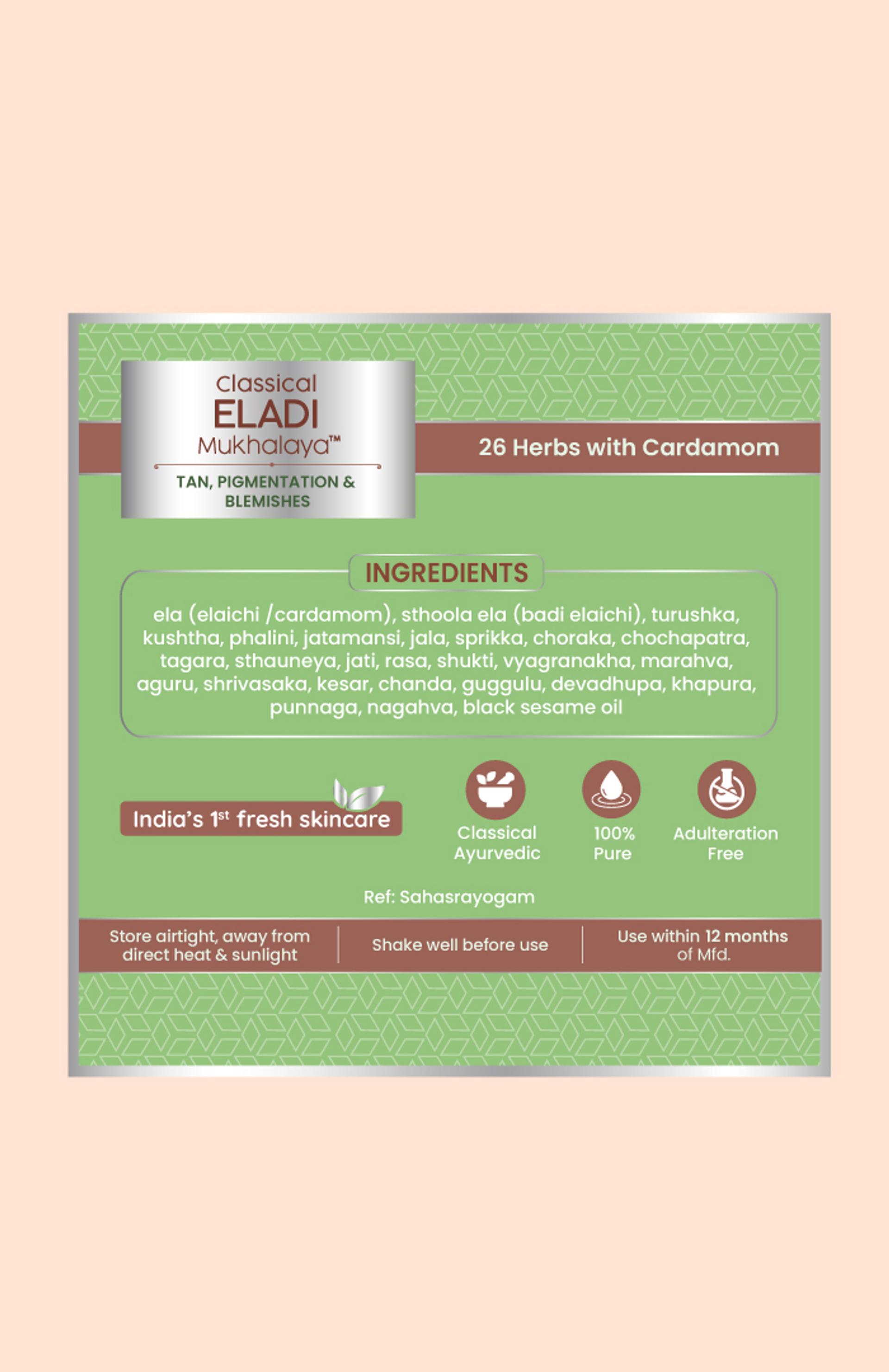
Classical Eladi Mukhalaya Face Oil
Tan, Pigmentation, Blemishes
Ref: Sahasrayogam



Delhi, NCR, Bangalore
2-5 Days After Shipment
Pan India
4-5 Days After Shipment
Free shipping above ₹339
Cash on delivery available at ₹20 COD charges
Additional Information
MANUFACTURED AND MARKETED BY
NaturoHabit Private Limited GP-26, Sector 18, Gurugram, Haryana - 122015
COUNTRY OF ORIGIN
India
NODAL OFFICER DETAIL
Madhuri Pandey madhuri@nathabit.in
Delhi, NCR, Bangalore
2-5 Days After Shipment
Pan India
4-5 Days After Shipment
Free shipping above ₹339
Cash on delivery available at ₹20 COD charges
Additional Information
MANUFACTURED AND MARKETED BY
NaturoHabit Private Limited GP-26, Sector 18, Gurugram, Haryana - 122015
COUNTRY OF ORIGIN
India
NODAL OFFICER DETAIL
Madhuri Pandey madhuri@nathabit.in
These Are the Pure Drops of Melanin Balance
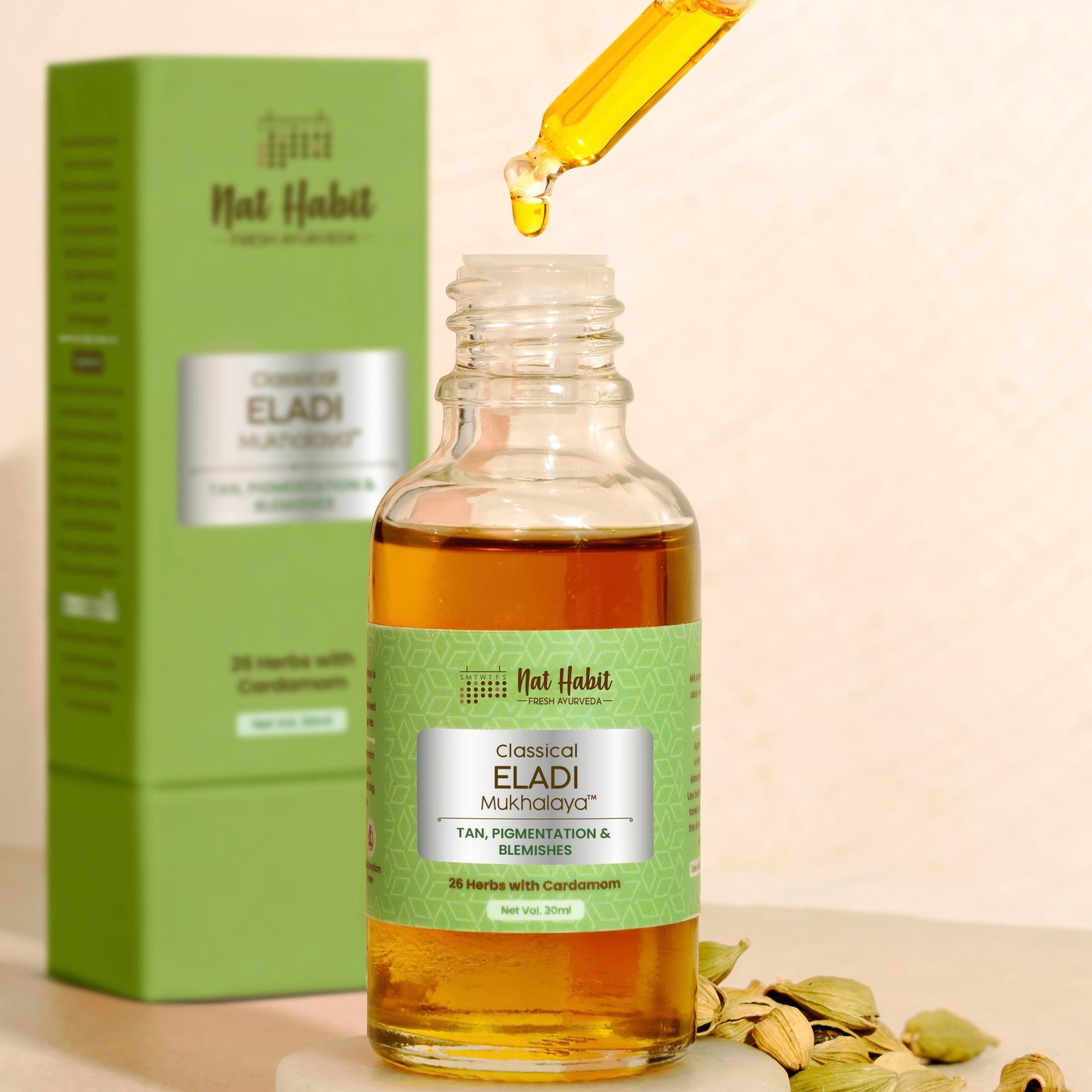
Click to Know More
It regulates melanin triggers & blocks pigment formation at the root
By neutralising oxidative stress and inflammation, this oil prevents the overstimulation of melanocytes. Elaichi’s antioxidants and flavonoids reduce free radical load and melanocyte hyperactivity. Nagakesar’s anti-inflammatory and astringent actives reduce internal and environmental pigment triggers, while Shukti (pearl calcium) prevents pigment accumulation in deeper dermal layers, ensuring long-term control over uneven skin tone.
It detoxifies skin cells & regenerates clear, even-toned skin
It deeply purifies both circulatory and cellular channels, flushing out toxins and waste that dull the skin. Elaichi boosts microcirculation and lymphatic detox, while Nagakesar, Devadhupa, and Camphor offer antimicrobial and pore-purifying actions. Simultaneously, Nagakesar and Padmaka boost oxygenation and cell turnover, helping fade tan, blemishes, and post-sun damage.
It hydrates deeply & rebuilds the skin’s protective structure
To ensure softness and resilience, this oil delivers both moisture and collagen support. Elaichi’s essential oils balance sebum and reduce water loss, while Nagakesar’s tannins strengthen the skin barrier and reduce flakiness. Sesame oil penetrates deep to nourish connective tissue, improve elasticity, and stimulate collagen for skin that’s soft, plump, and smooth.
It revives basal cell clarity & repairs from within
Through enhanced regeneration at the basal layer, the oil helps fade pigmentation, even out tone, and restore clarity. Elaichi stimulates basal cell activity, while Agnimanth, Shyonaka, and Plaksha improve microcirculation and reduce inflammation in deeper layers, ensuring uniform, healthy skin renewal from within.
What Makes Eladi Ultra-potent?
Elixir of Even-tone Skin
✓
Antioxidant-rich Elaichi clarifies skin by blocking melanin triggers.
✓
Kwath extracts actives by reducing a 16:1 decoction to 1/8th.
✓
Herbal phytoconstituents are preserved under controlled conditions.
✓
Kalka releases fresh herbal nutrition through ground paste.
What’s Inside the Bottle?
Full Ingredient List: Check More Info for Full Ingredient List.
Still Thinking Why You Should Pick Mukhalaya?
Elixir of Radiant Youth!
✓
So that every layer gets fed, repaired, and radiates deep, lasting glow.
✓
So that your skin blocks daily damage before it even begins.
✓
So that youth stays locked in - firm, smooth, and evenly toned.
✓
So that it stays so soft and plump, it feels newborn again.
Recognize Authentic Eladi Oil
Authentic Eladi
Pseudo Eladi
Processing
Authentic viddhis as per scriptures to maximise potency
Minimal or none, due to cost & meticulosity involved
Formulation & Ingredients
High-grade. No dilution
Diluted with low-cost paraffin, mineral, & vegetable oils
Cardamom
In full quantity
Very less, since expensive
Appearance
Greenish-yellow & turbid due to herbal fragments
Transparent, less herb activity, yellow or brown color
Smell
Light aroma of base oils
Strong smell of fragrances
Preservatives
Required, as full process not followed
Usage
Caution
Suitable for
Season
For all seasons. In summer & humid conditions, use less quantity of Mukhalaya & more Flora Jal or water, during application.
Skin Types
For all: Oily, normal, combination, dry & sensitive skin.
Additional Moisturisation
No additional moisturiser or serum required. If preferred, you may apply a light moisturiser before the Mukhalaya. But avoid heavy butter based moisturisers.
Pre-makeup
Can be used as it is an excellent pre-makeup skin protector.
Skin Sensitivity
A few skin types may feel a little tingling or burning sensation; it’s just your skin getting used to herbs that clears skin. After a few uses, you'll not experience the sensation.
Why make Mukhalaya Oiling a Habit
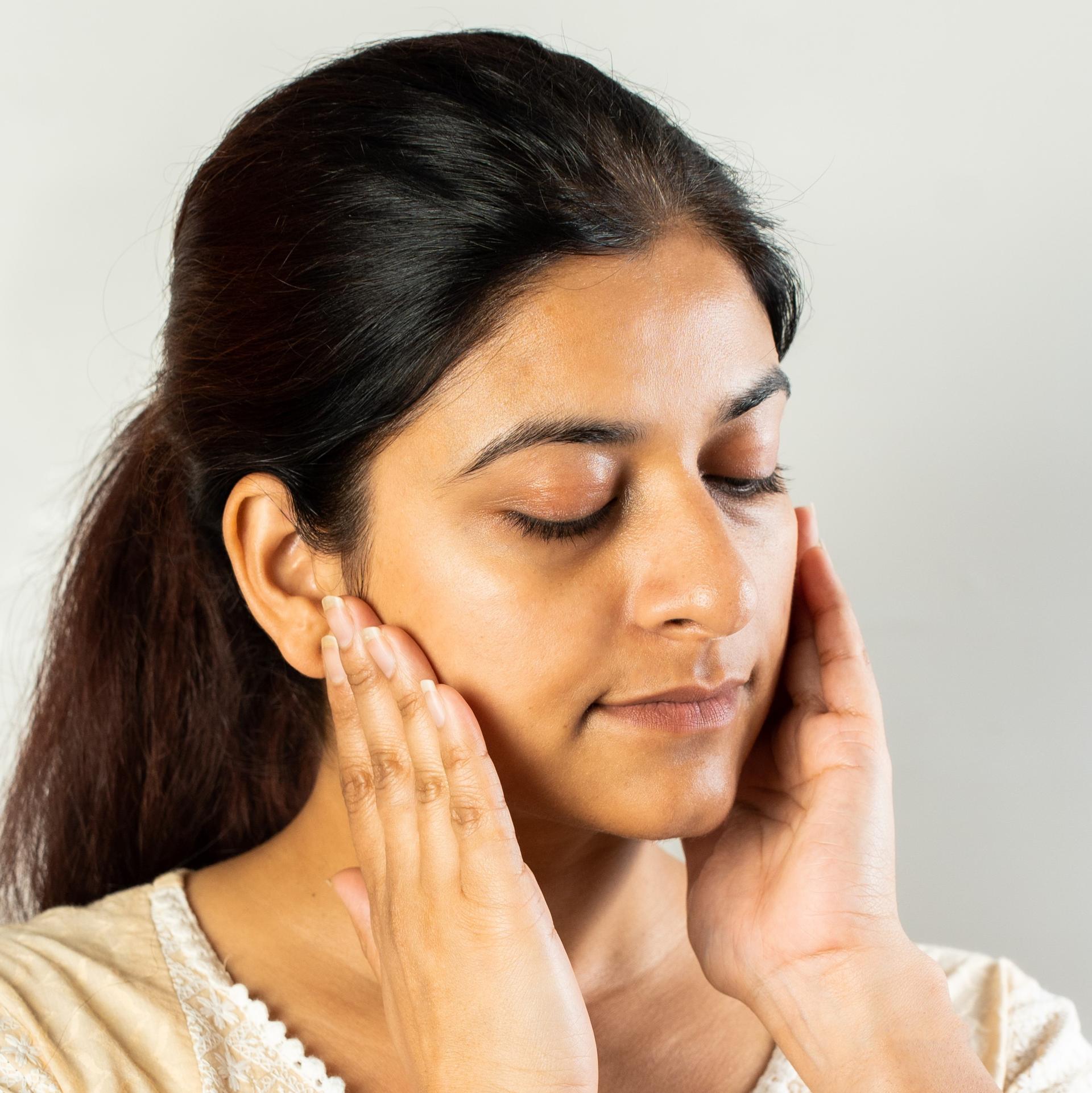
Click to Know More
Rebuilds the Skin Barrier & Seals in Moisture
Face oiling strengthens the skin’s natural barrier with fatty acids like linoleic and oleic acid, helping prevent water loss and shield against damage. In Ayurveda, this nourishing action—Snigdhata—soothes dryness (Vata dosha) and supports Rasadhatu (plasma), keeping skin soft and resilient.
Enhances Microcirculation & Detox Pathways
Oiling with massage enhances blood flow and lymphatic drainage, delivering nutrients and flushing toxins. Ayurveda sees this as opening Srotas (channels) and moving Prana (life energy), resulting in brighter, clearer, more energized skin.
Deeply Nourishes & Promotes Cellular Repair
Plant oils carry vitamins and antioxidants that fuel cell renewal, repair damage, and support collagen. In Ayurveda, this is Rasayana therapy—nourishing from within (Dhatu Pushti) for lasting vitality and youthful skin.
Calms Inflammation & Soothes Sensitive Skin
Oils rich in anti-inflammatory compounds (like rosehip and turmeric) calm reactive skin. Ayurveda uses cooling oils to balance Pitta (heat and inflammation), easing redness, acne, and irritation.
Prevents Premature Aging & Boosts Skin Resilience
Facial oils fight free radicals, maintain hydration, and protect collagen—slowing signs of aging. Ayurveda uses oiling (Snehan) to counter Vata-driven aging and preserve Ojas (vital energy), promoting firmer, stronger skin.
Restores Natural Radiance & Harmonizes Internal Balance
Face oils smooth skin, improve hydration, and enhance natural light reflection. Ayurveda calls this Kanti or Tejas—a glow that comes from balanced doshas and well-nourished skin, inside and out.
Unmissable Moments for These Drops
More Information
Full Ingredient List
Storage & Expiry
Storage
Store airtight away from direct sunlight.
Net Quantity
30 ml
Expiry
Use within 12 months of Mfg. Date.
Pre-Oiling Hydration
What Triggers the Overproduction of Melanin?
The Science Behind Pigmentation
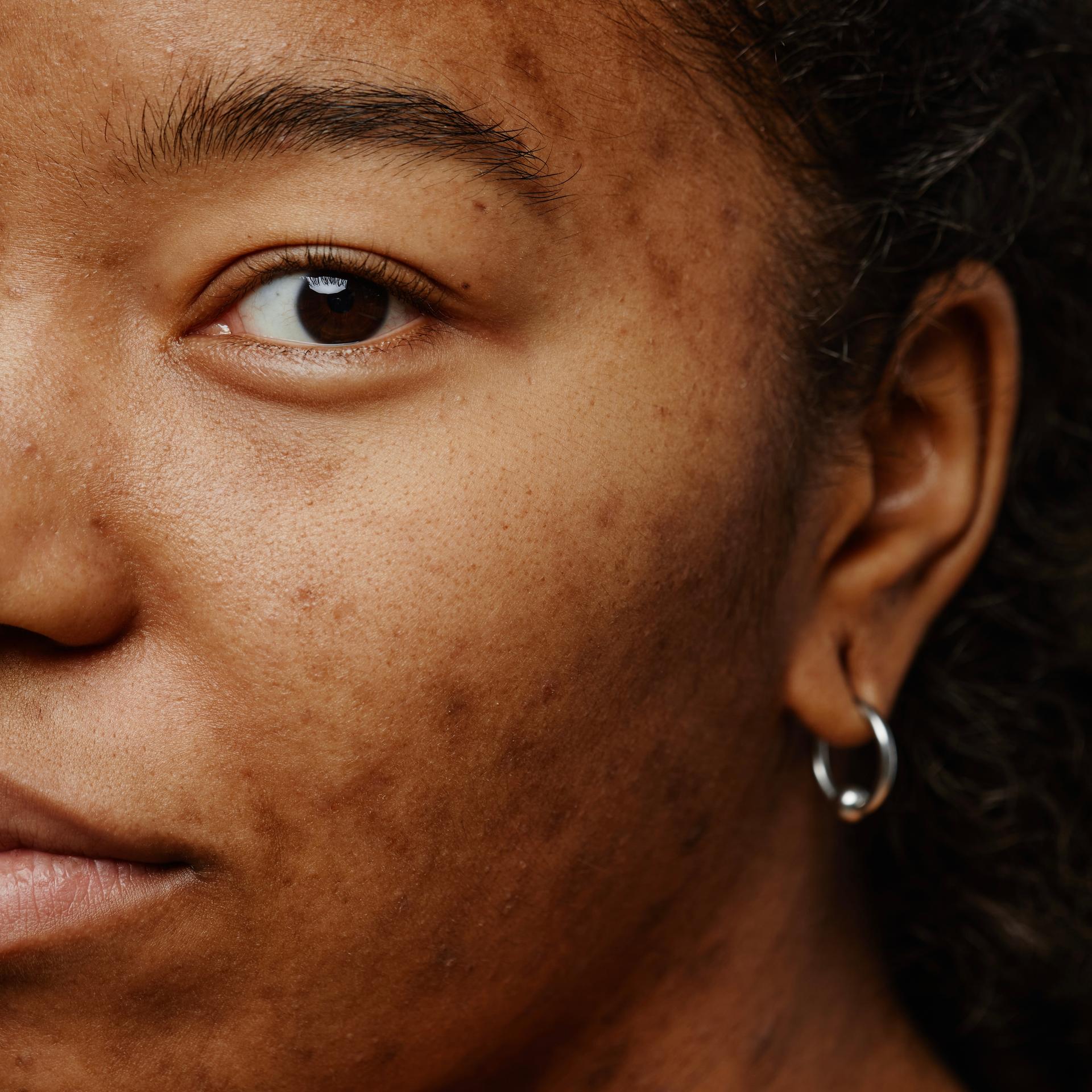
Click to Know More
UV-Induced Melanogenesis – How Tan and Pigmentation Begin
Tanning is the skin’s protective response to UV radiation. When UVB rays penetrate the skin, keratinocytes release alpha-MSH (melanocyte-stimulating hormone), which binds to receptors on melanocytes, stimulating the production of melanin—the pigment responsible for color. This melanin is transferred to nearby skin cells as an umbrella to shield DNA from UV damage. While this defense mechanism is natural, overexposure causes overproduction and uneven distribution, leading to persistent pigmentation, uneven tan lines, and patchy skin tone. Sunscreens (especially mineral ones with zinc oxide or titanium dioxide) and melanin-regulating ingredients are key to prevention and correction.
Post-Inflammatory Hyperpigmentation (PIH) – The Residue of Blemishes
Whenever the skin experiences trauma—be it from acne, waxing, cuts, or even insect bites—it triggers inflammation. This activates melanocyte activity in the affected region, often resulting in dark marks that linger long after the blemish heals. This is known as post-inflammatory hyperpigmentation (PIH) and is more common in melanin-rich skin types. To treat PIH, ingredients work by reducing inflammation, slowing pigment production, and accelerating epidermal turnover, helping skin shed the pigmented cells faster.
Hormonal Pigmentation – Melasma and Deep-Seated Discoloration
Melasma is a hormonally driven pigmentation disorder that presents as symmetrical brown or grey-brown patches, typically on the cheeks, forehead, or upper lip. Triggered by estrogen and progesterone fluctuations—often during pregnancy, or hormonal imbalance—melasma affects both the epidermis and deeper dermis, making it more stubborn. UV exposure exacerbates it. Treatment requires multilayer action: suppressing melanin, boosting cell renewal, and deep repair using antioxidants. Broad-spectrum sun protection is non-negotiable.
Blemishes as Inflammatory Markers – The Spot-to-Scar Cycle
A blemish starts with clogged pores (due to excess sebum, dead skin, or bacterial overgrowth), which triggers inflammation. This inflamed microenvironment damages surrounding tissue and vessels, which leads to both redness (post-inflammatory erythema) and dark marks (PIH) once healed. For skin prone to blemishes, it’s critical to reduce inflammation early with soothing agents, while keeping pores clear. This dual approach not only reduces breakouts but also minimizes long-term pigmentation.
Melanin Overproduction & Disorganized Dispersion – The Root of Uneven Tone
When melanin is overproduced or unevenly distributed, it forms clusters that manifest as freckles, age spots, or patches. This irregular distribution can be caused by cumulative UV exposure, oxidative stress, or genetic predisposition. Topical actives help inhibit tyrosinase, the enzyme that catalyzes melanin production. Over time, this reduces the appearance of patchy pigmentation and brings back a more even, luminous skin tone. Supportive actives also help rebuild the skin matrix for uniform pigment dispersion.
Delayed Cell Turnover – Pigment Trapping in Stagnant Skin Layers
With age or poor skin health, the skin’s natural exfoliation process slows down. Old pigmented cells linger longer on the surface, making pigmentation appear darker and more stubborn. This stagnation also makes treatments slower to show results. Exfoliants promote epidermal renewal, helping shed pigmented cells and reveal brighter, newer skin layers underneath. A consistent regimen combining exfoliation, pigment suppression, and hydration can significantly reduce both tan and blemishes while reviving skin clarity.
Build Your Own Even-tone Skin Regime
Natural Lovers Also Buy!
Read & Know More!
Other Products in this range
Same Soul, Fresh Look
With Fresh Ayurveda
Latest from our Ayurvedic Kitchen
Explore our other Categories
We hope you'll like them
Recently Viewed
Continue where you left off

Classical Eladi Mukhalaya Face Oil
